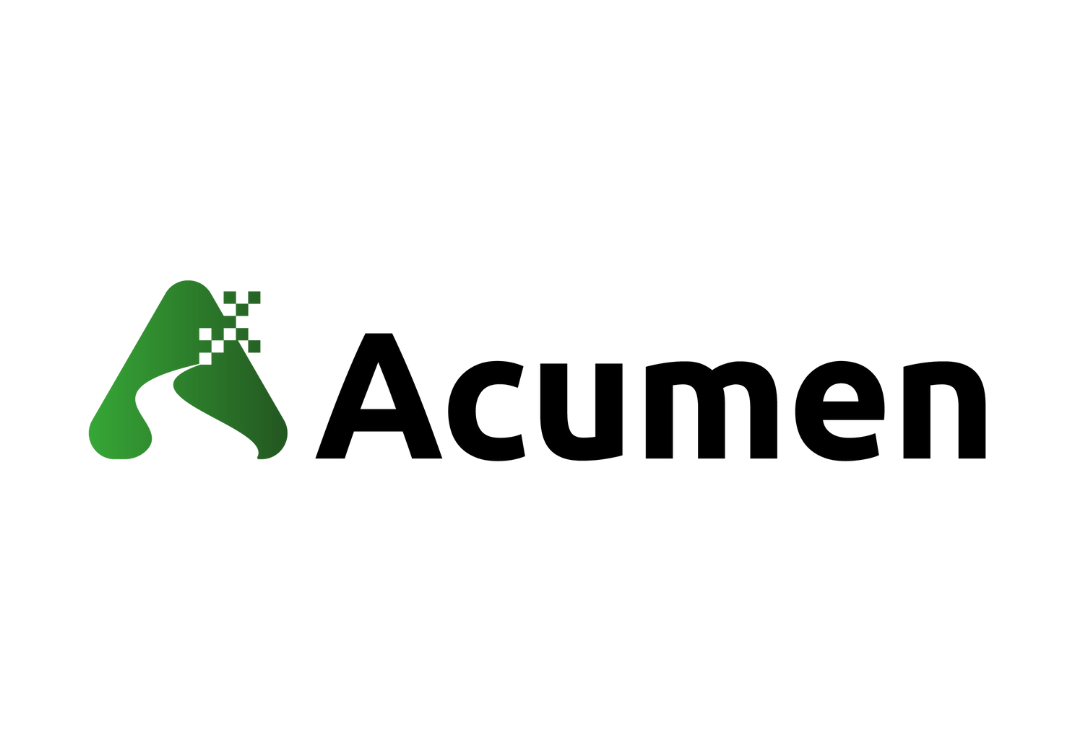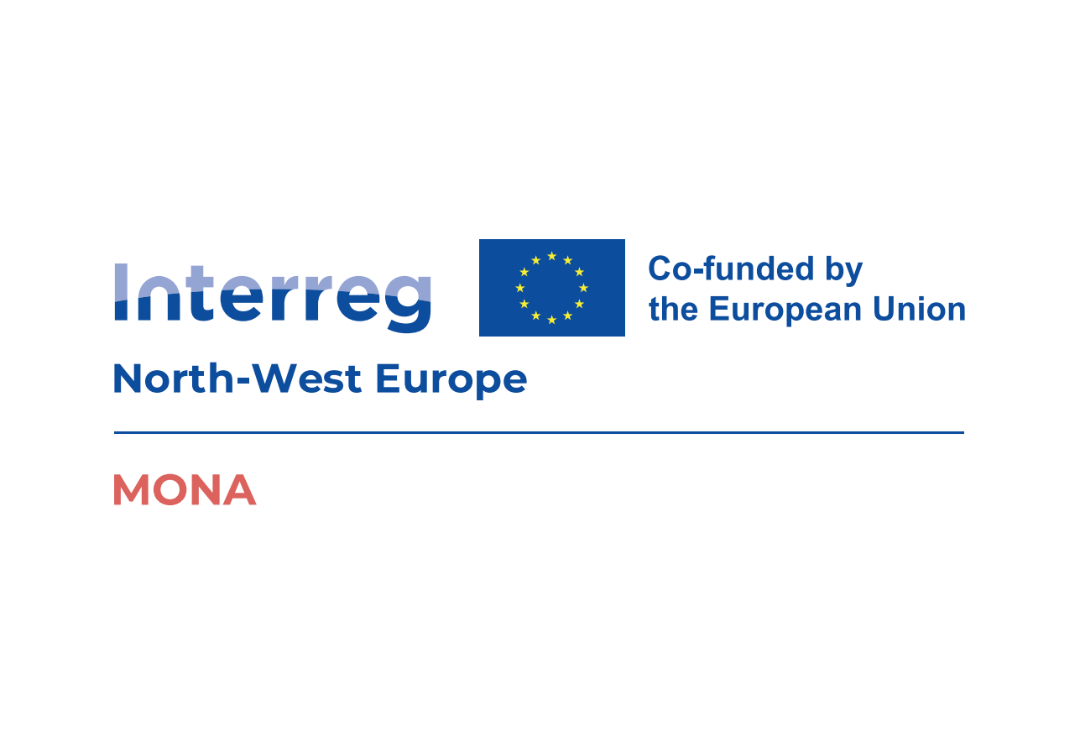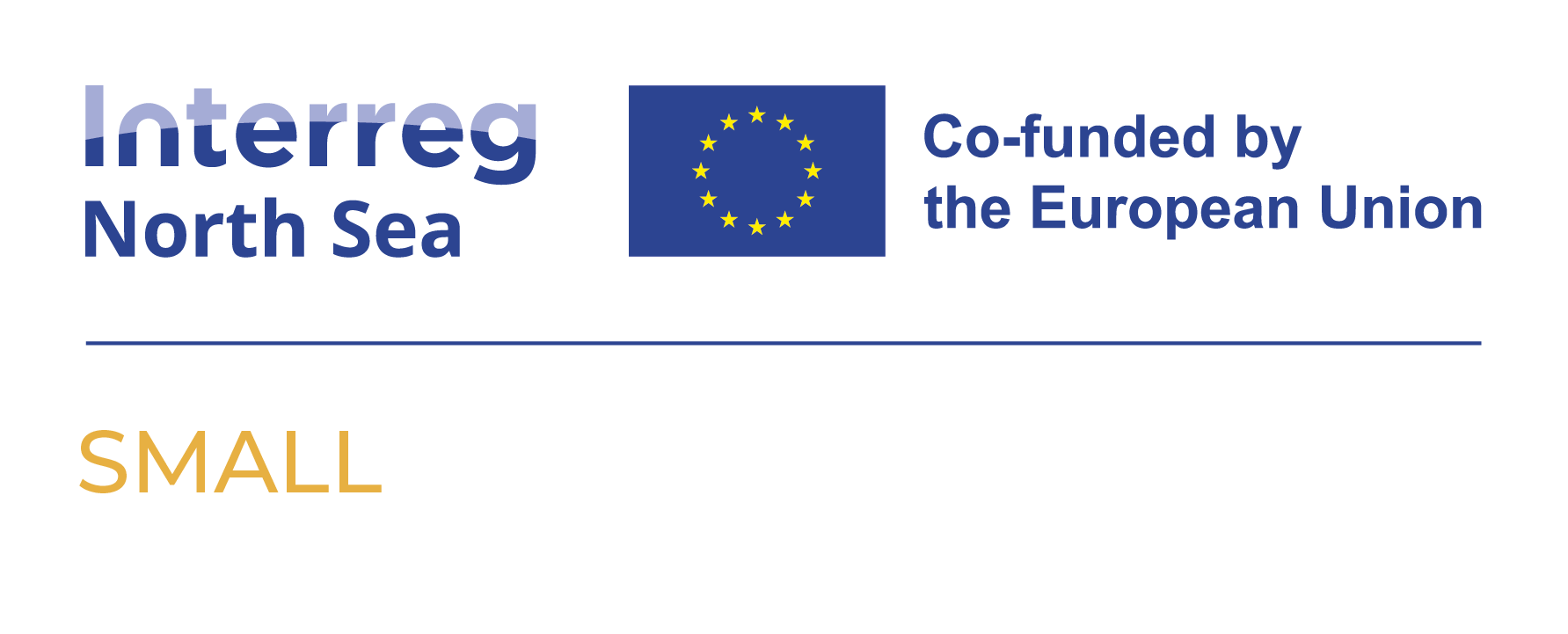Decarbonisation
Transport, especially road transport, is a significant contributor to greenhouse gas emissions in Europe, accounting for almost a quarter of the region’s emissions. It is also a leading cause of air pollution in urban areas. In response, the European Commission’s Green Deal, which includes the 2020 Sustainable and Smart Mobility Strategy, lays out a plan to transform the EU transport system to reduce its environmental impact. The strategy aims to achieve a 90% reduction in transport greenhouse gas emissions by 2050, contributing to the EU’s overarching goal of climate neutrality by that same year.
A comprehensive decarbonisation effort requires the integration of multiple sectors and stakeholders. The transition towards a cleaner urban mobility system must encompass various modes of transport, from public to private, and freight operations. POLIS supports this transition through various working groups and task forces, each dedicated to enhancing environmental sustainability.
- Clean Vehicles and Air Quality Working Group: Shares best practices on the use of clean and alternative fuels and vehicles
- Urban Freight Working Group: Focuses on reducing emissions from city logistics
- Governance and Traffic Efficiency Working Groups: Ensure that policy frameworks and traffic systems are geared toward achieving environmental goals
- Climate-Neutral Cities Taskforce: Drives forward city-level initiatives that aim at achieving climate neutrality, contributing to the broader EU ambition
POLIS also partners with global initiatives like the Sustainable Low Carbon Transport (SLoCaT), advocating for sustainable transport policies in the context of global climate change action and sustainable development.
The role of alternative fuels in decarbonisation
Decarbonising transport relies heavily on the deployment of clean and alternative fuels, such as biofuels, hydrogen, natural gas, and electricity. These fuels reduce harmful pollutants (eg, particulate matter, NOx) and greenhouse gas emissions while also addressing noise pollution. Local governments, including cities and regions, play a pivotal role by facilitating the uptake of alternative fuels through measures like procurement strategies for clean vehicles and the development of supportive infrastructure (eg, charging hubs).

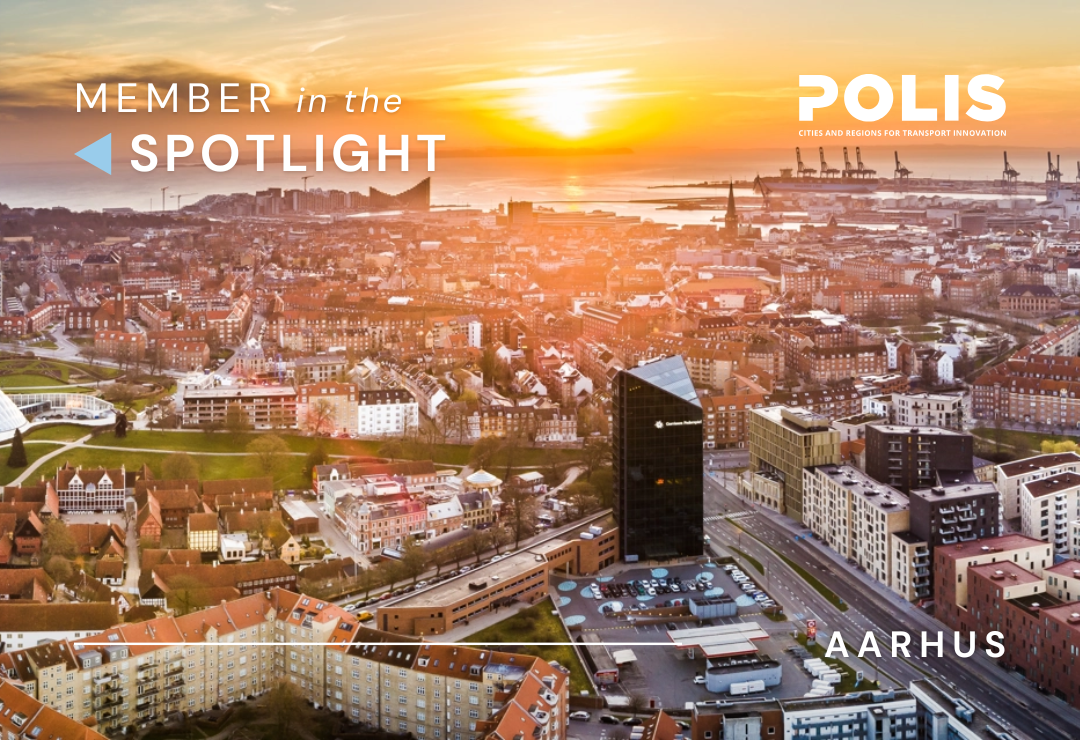
Member in the Spotlight: Aarhus

POLIS SMCs shined bright at the EWRC!

POLIS and members contribute to newly published World Economic Forum White Paper

Twenty new cities awarded European Commission Mission label

Adoption of new EU Ambient Air Quality Rules means good news (and challenges) for cities and regions
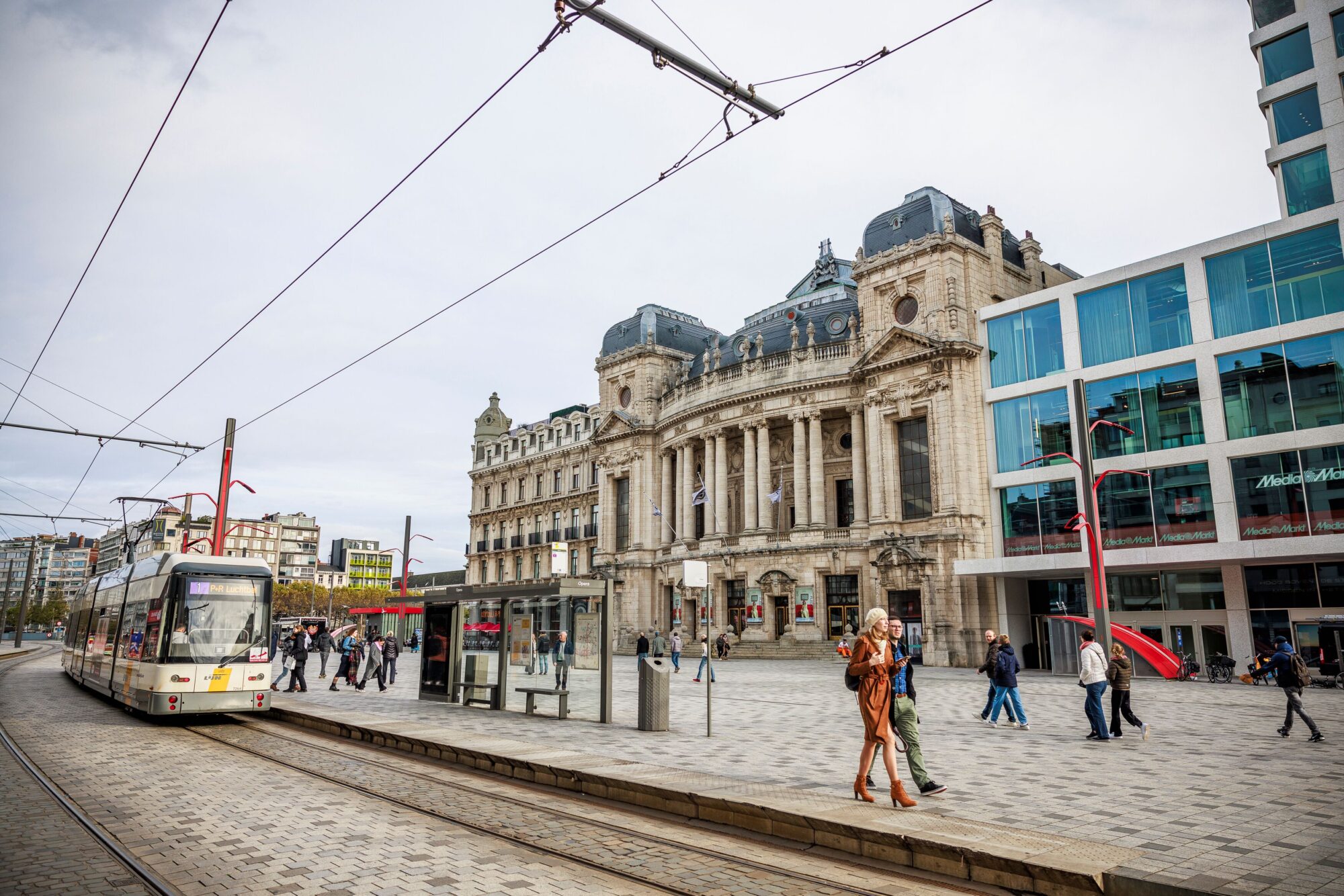
Antwerp’s ambitious mobility strategy: A blueprint for sustainable urban transport

Member in the Spotlight: Cork

POLIS joins the REFOCUS Project for the next generation of SUMPs and regional mobility plans

SOLUTIONSplus publishes new policy brief!

GIANTS project survey: We need your support!

POLIS publishes fourth edition of Cities in motion magazine

Member in the Spotlight: Ljubljana

Meet LeMesurier: Leading the Charge Toward Clean Road Transport in Europe

Save the date for ‘Light vehicles – heavy impacts?’, a joint POLIS WG meeting with ACEM and LENS

SOLUTIONSPlus showcases low-carbon transport solutions at Transforming Transportation Conference

Member in the Spotlight: Vic

POLIS will co-host workshops at the Sustainable Tourism Mobility Forum

POLIS welcomes the European Parliament’s vote for stricter CO2 emission standards for heavy-duty vehicles
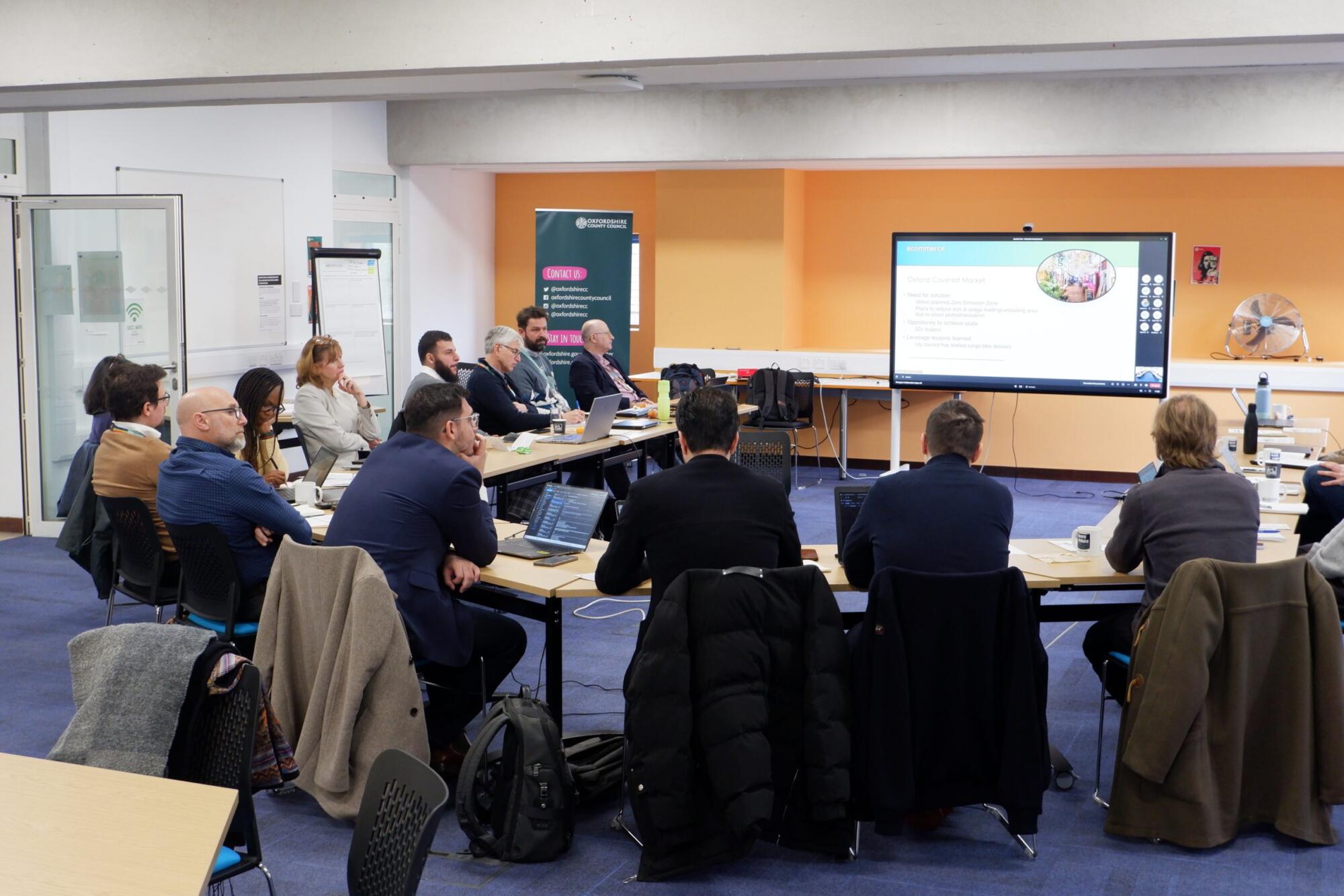
GREEN-LOG co-creation workshops bring about insights on last-mile logistics
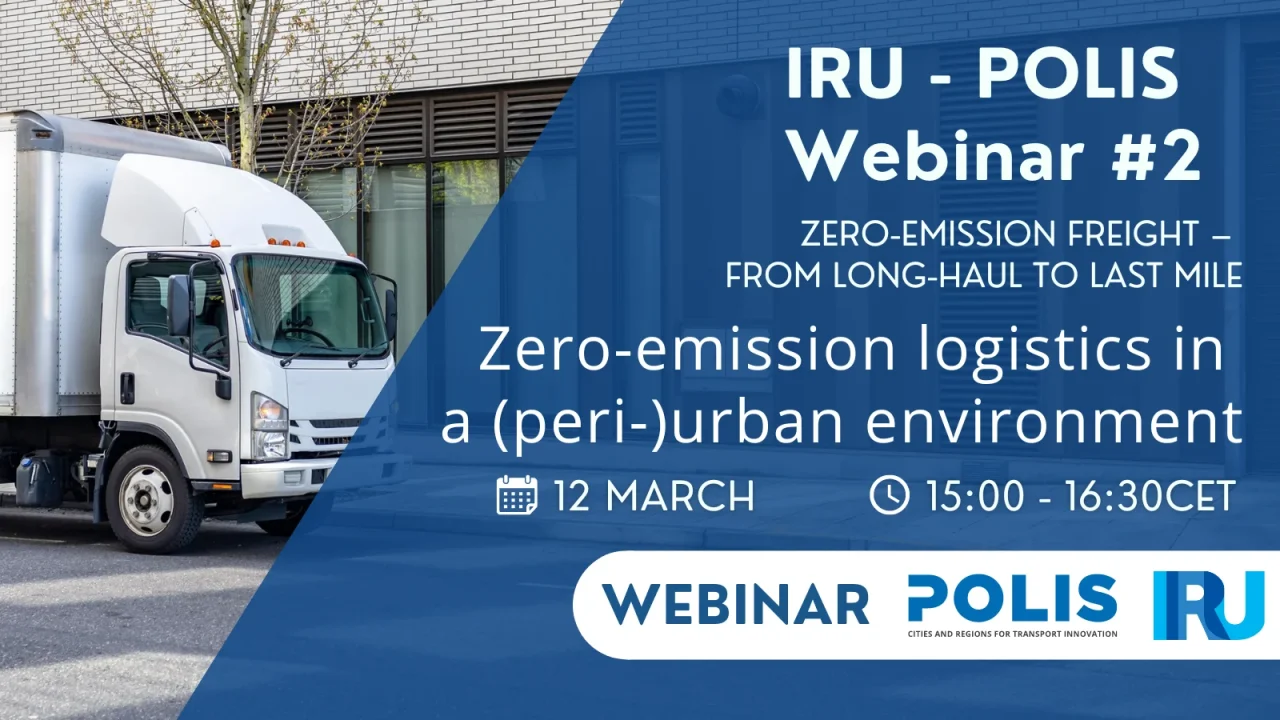
Decarbonising logistics: Hydrogen & battery-electric truck pilots presented during second IRU-POLIS webinar

Register for the 6th European Mobility Days in Strasbourg
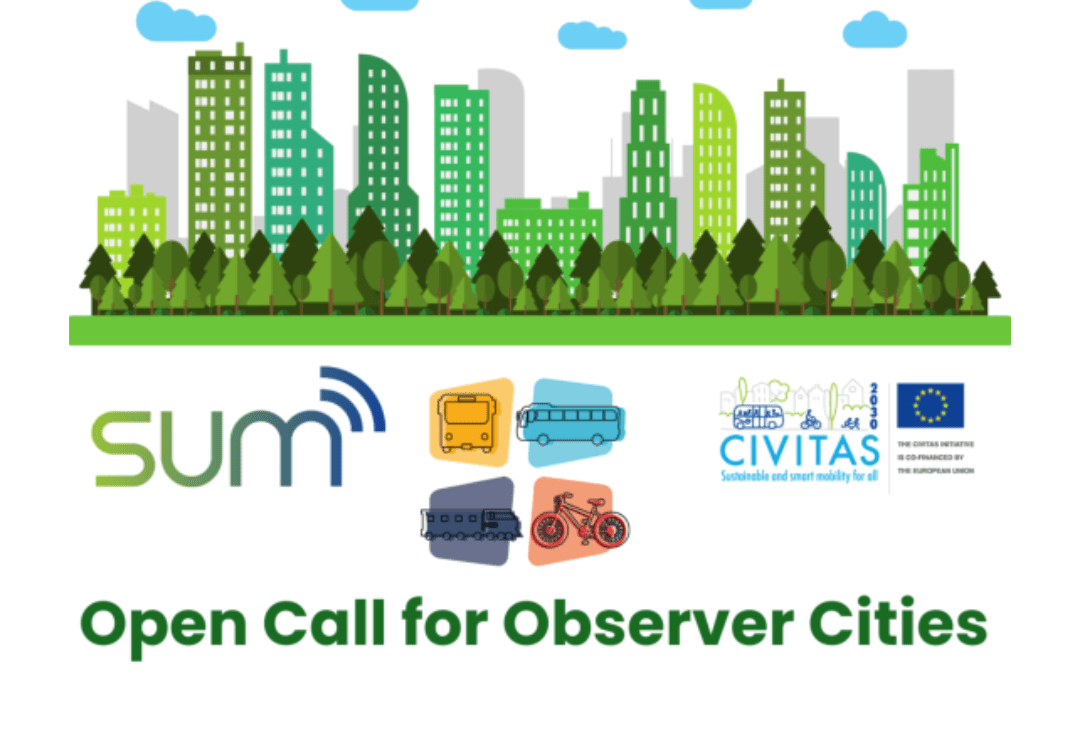
Join the SUM Project as Observer City!
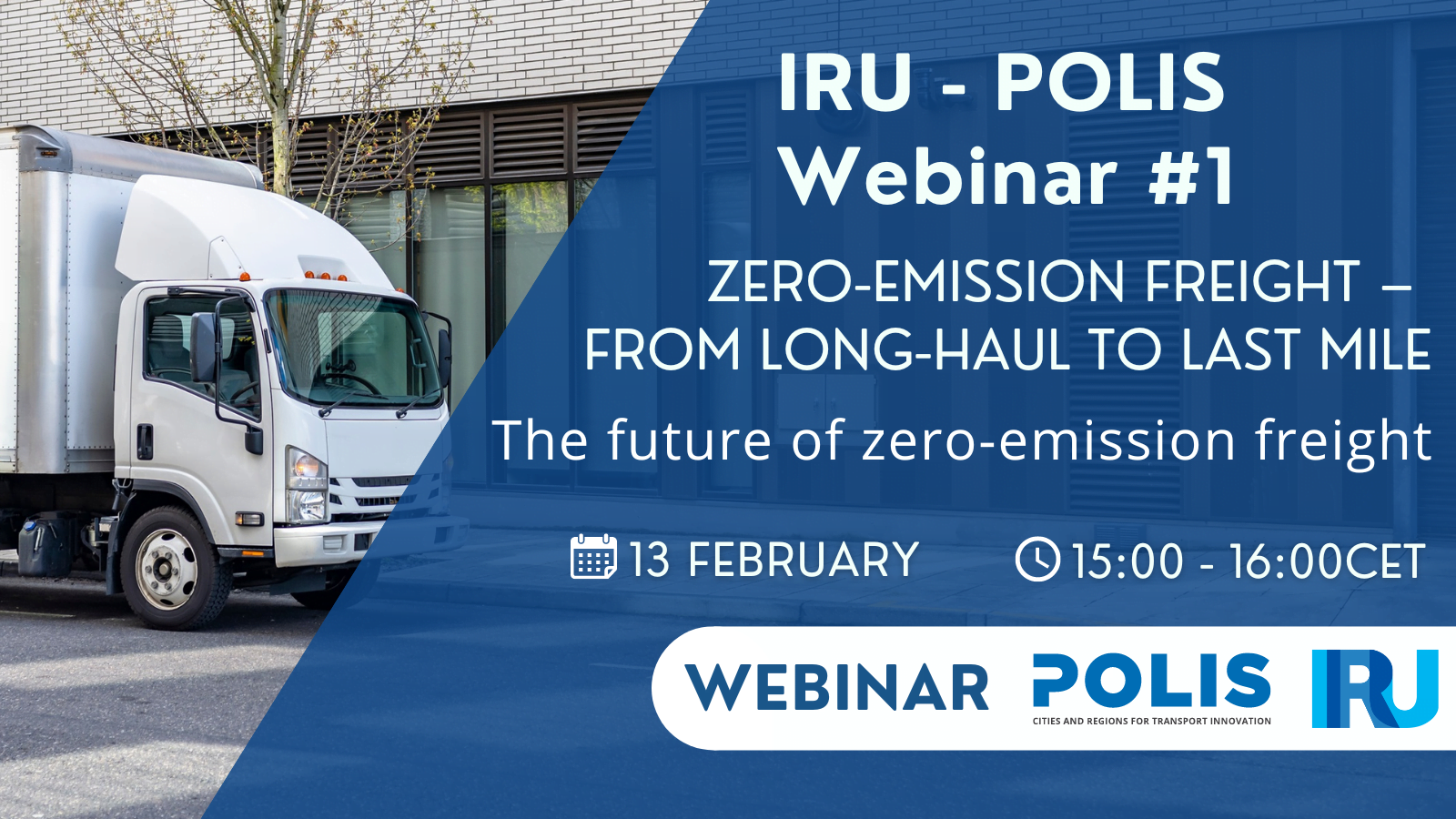
First IRU-POLIS ‘Zero-Emission Urban Freight Webinar’ inspires over 100 stakeholders
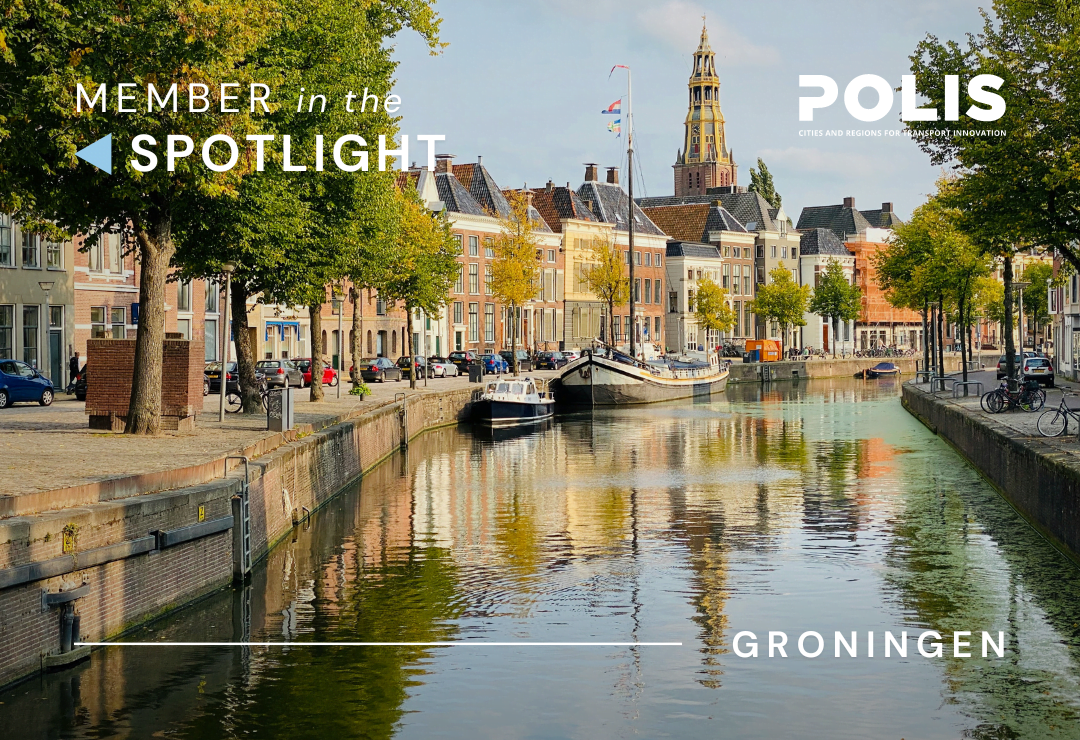
Member in the Spotlight: Groningen

POLIS’ manifesto for the European elections goes live at the Brussels Bubble Band meeting

Explore the latest European Green Vehicle Initiative Impact Assessment!
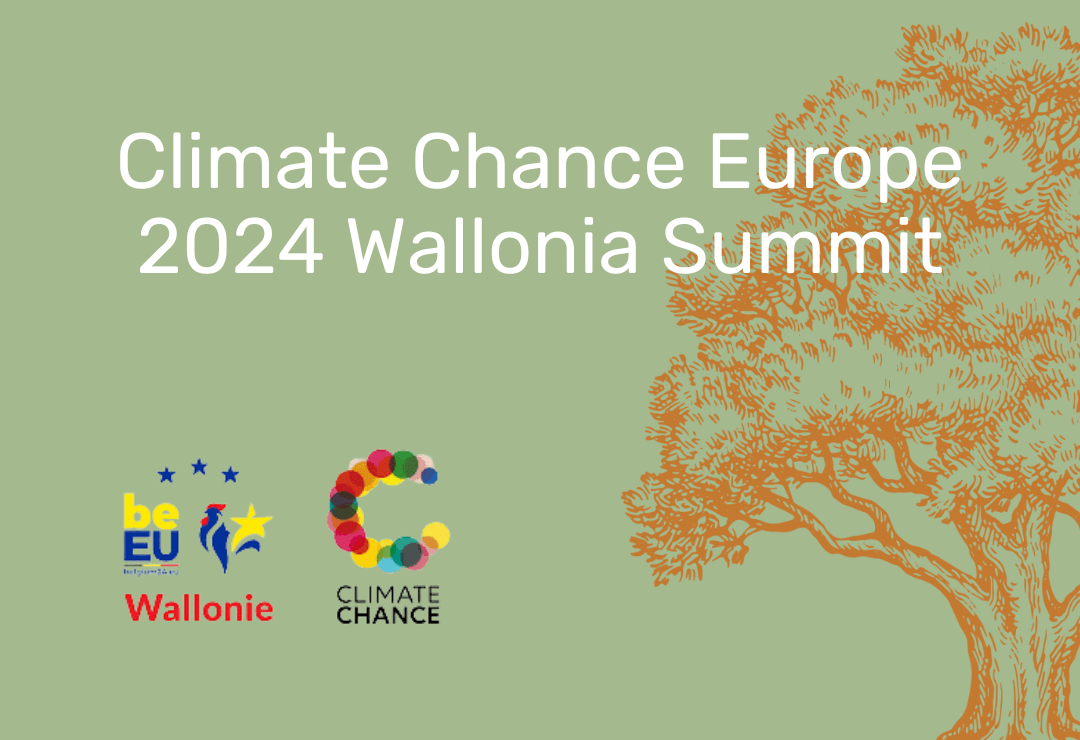
POLIS joins in signing the Liège Declaration at Climate Summit
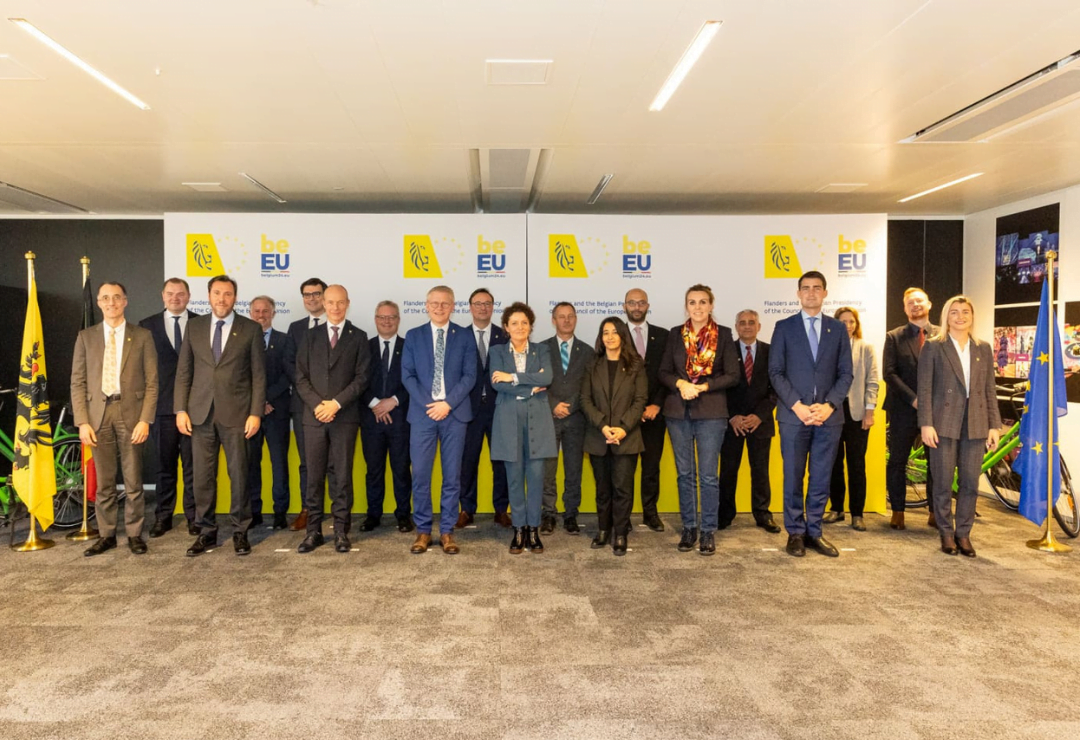
Flanders puts cycling on the EU agenda
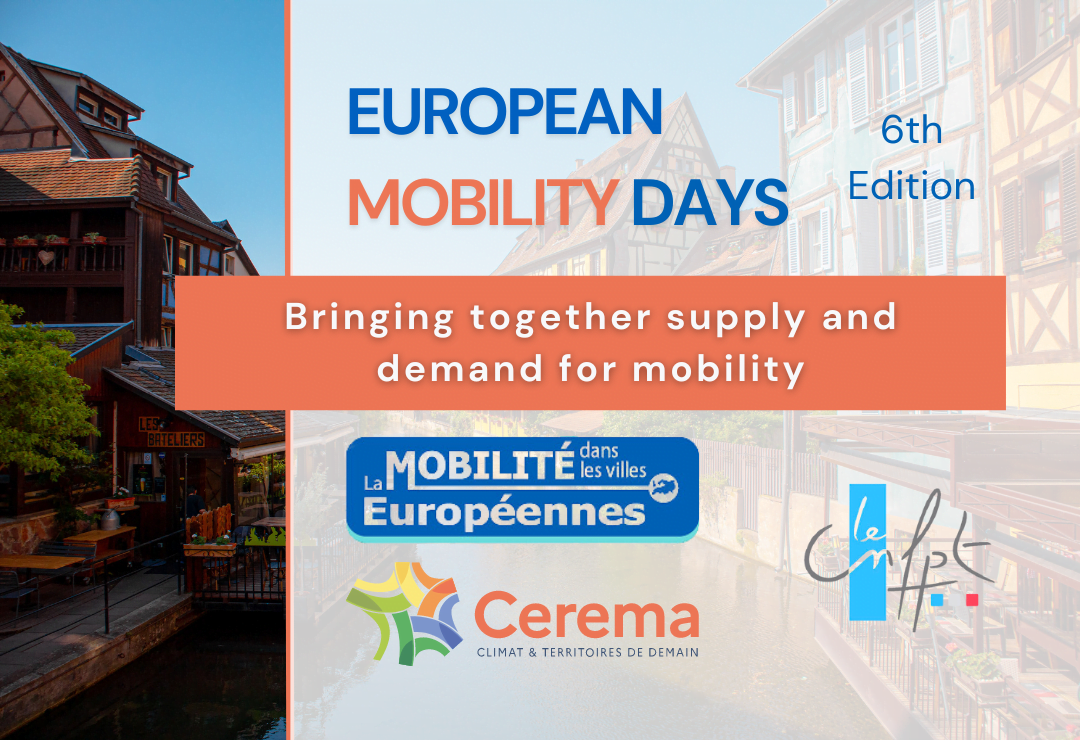
Submit your abstract for the 6th European Mobility Days in Strasbourg!

POLIS’ Political Group shows the mobility leadership Europe needs
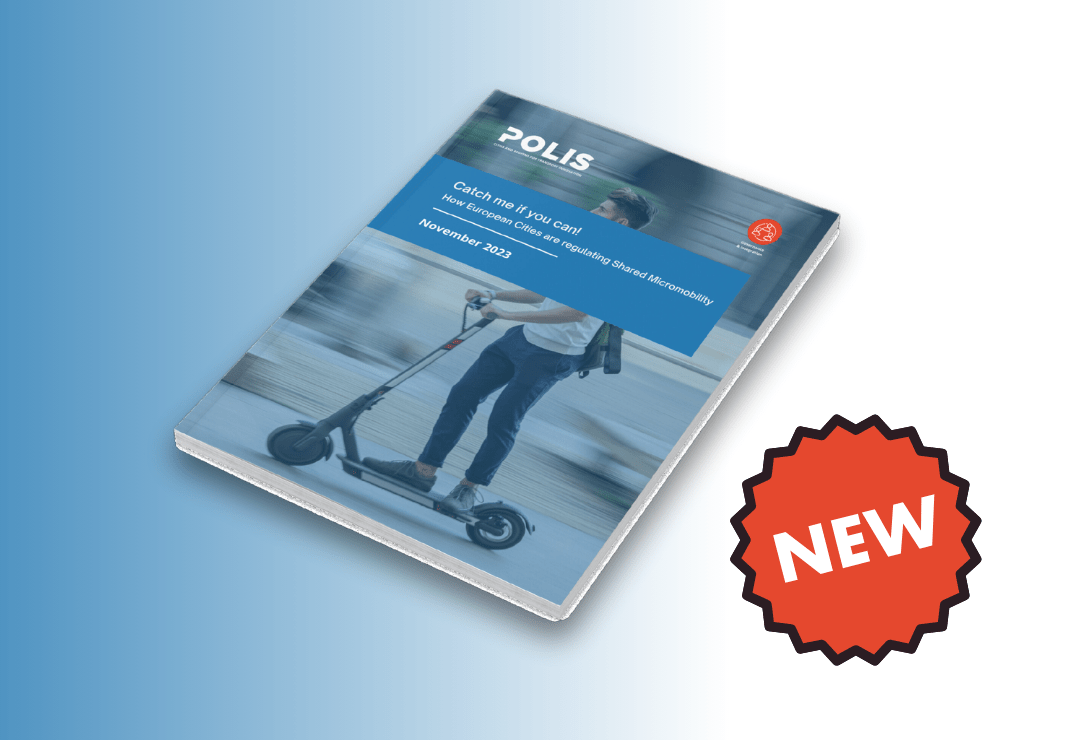
POLIS publishes new report on shared micromobility
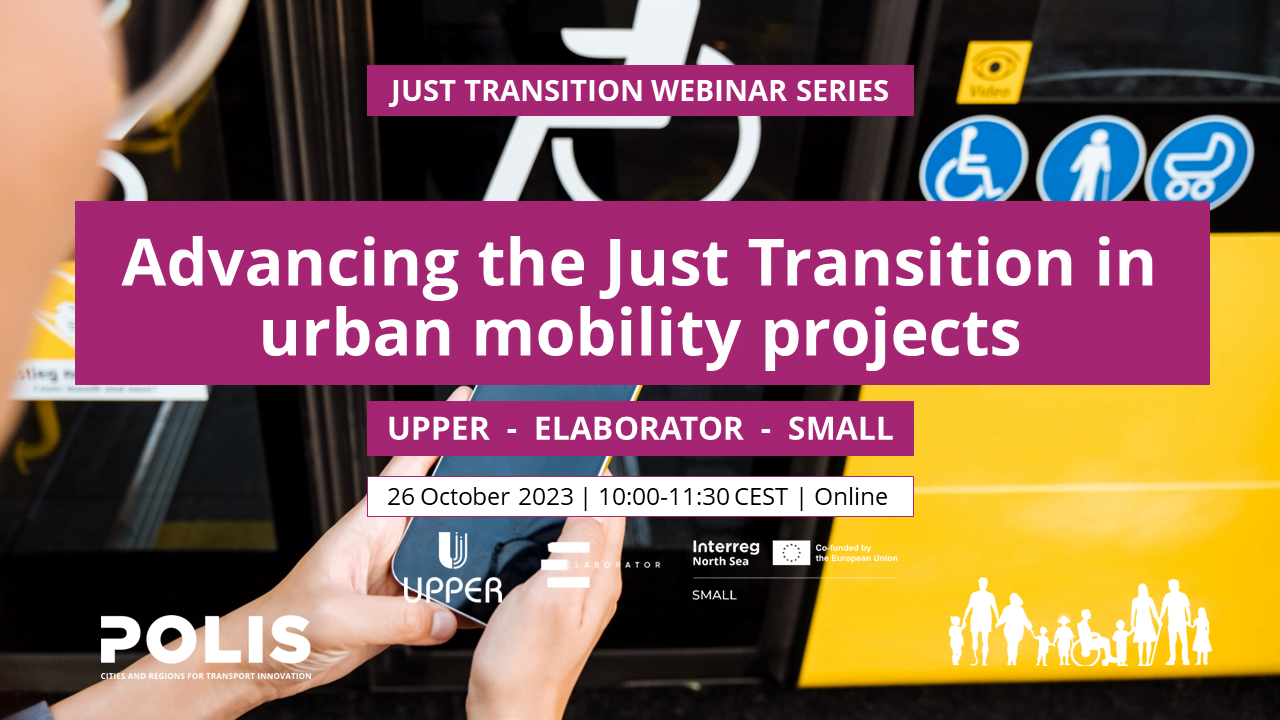
Starting small, thinking big: The Just Transition is back in business!

eCharge4Drivers leaves its mark at the Global Mobility Call!

ESCALATE conveys for its General Assembly!

What is on the horizon for Zeeland Province?

SOLUTIONSplus walked the talk at the Walk21 Conference!

Ten European cities recognised with EU Mission label for their plans to reach climate-neutrality by 2030
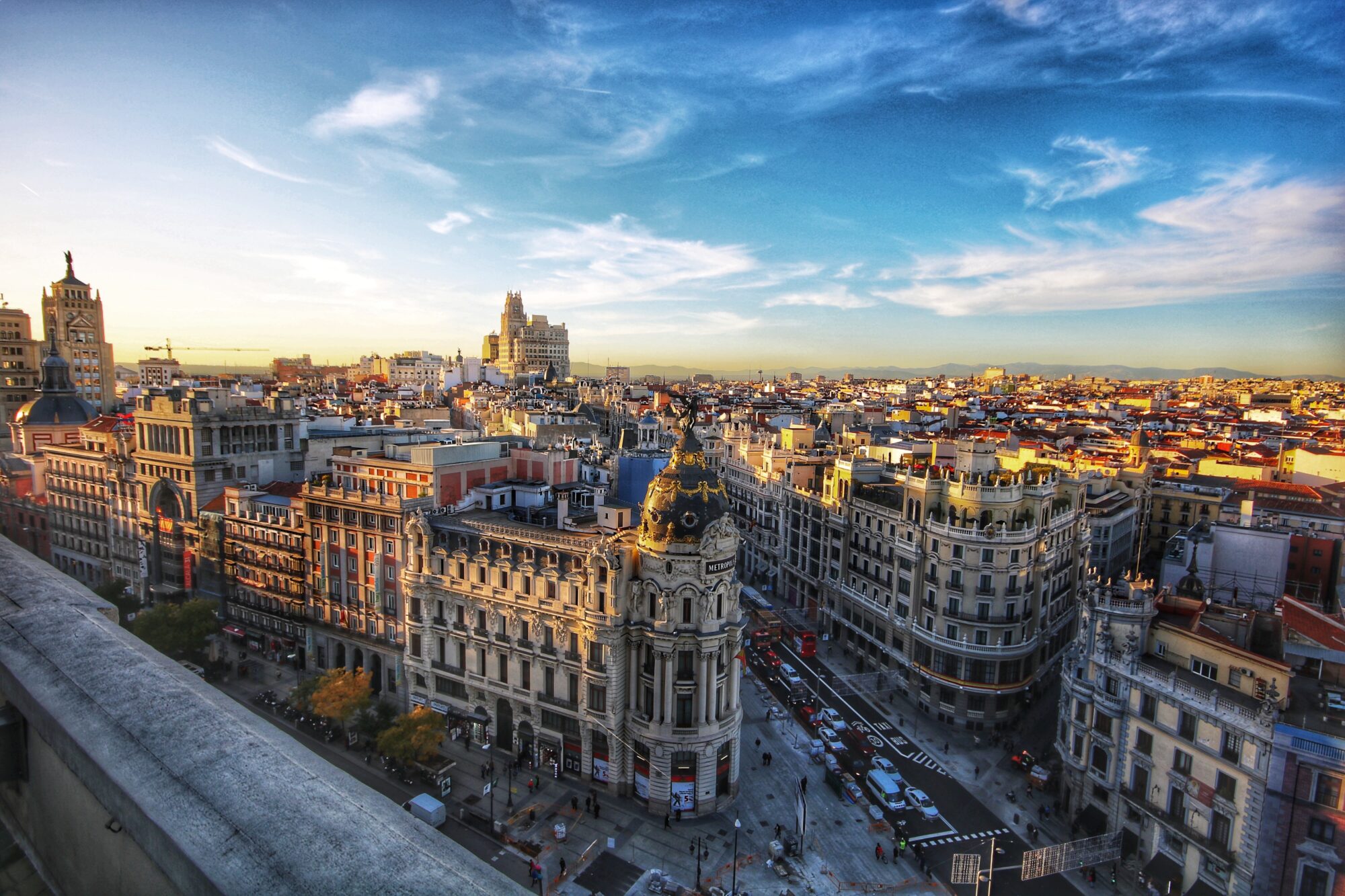
EMT Madrid able to verify and certify its carbon footprint

Size matters! POLIS urges the EU to keep large and unsafe vehicles off European streets
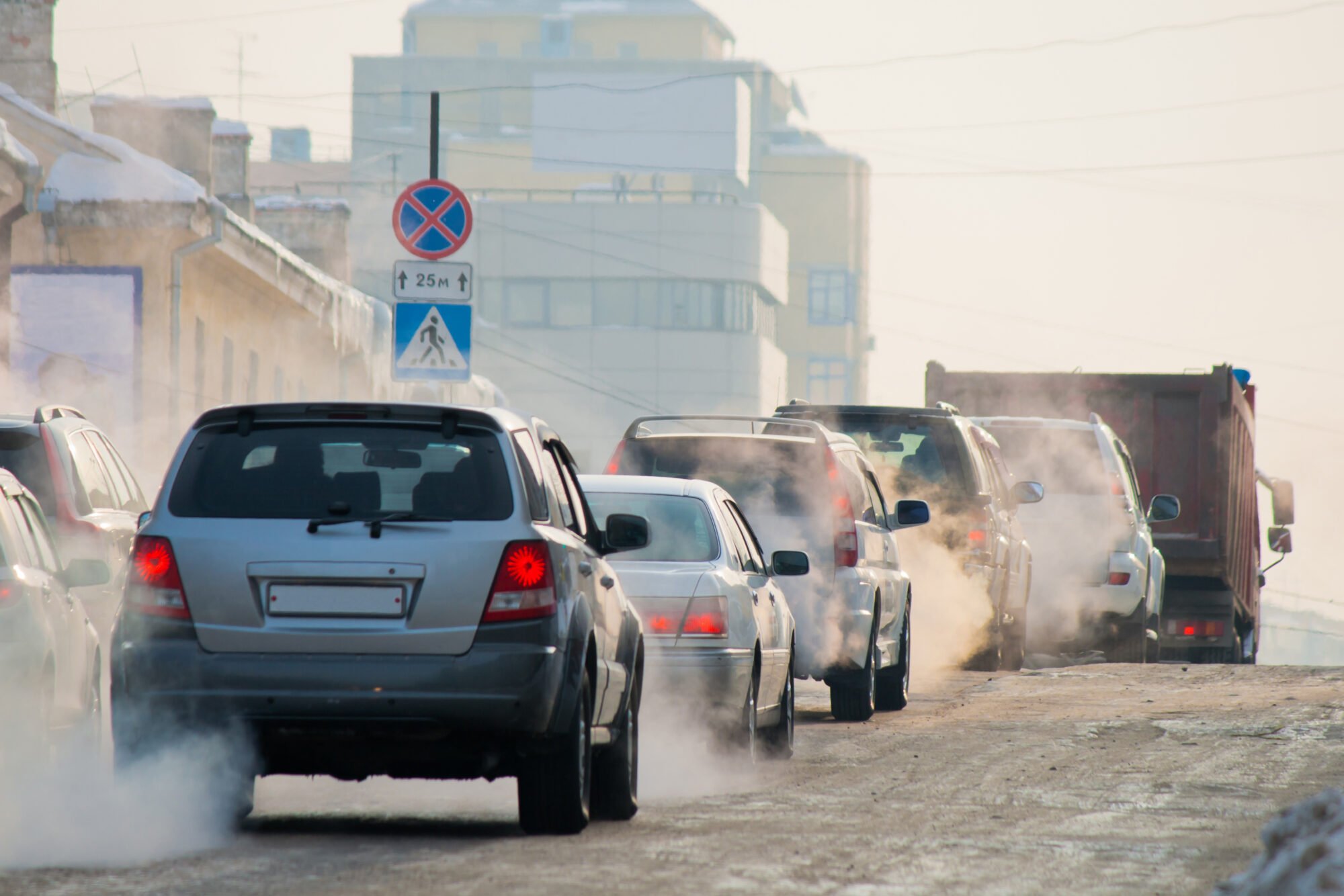
Cities express deep concern over EP decision on ‘Euro 7’ standards
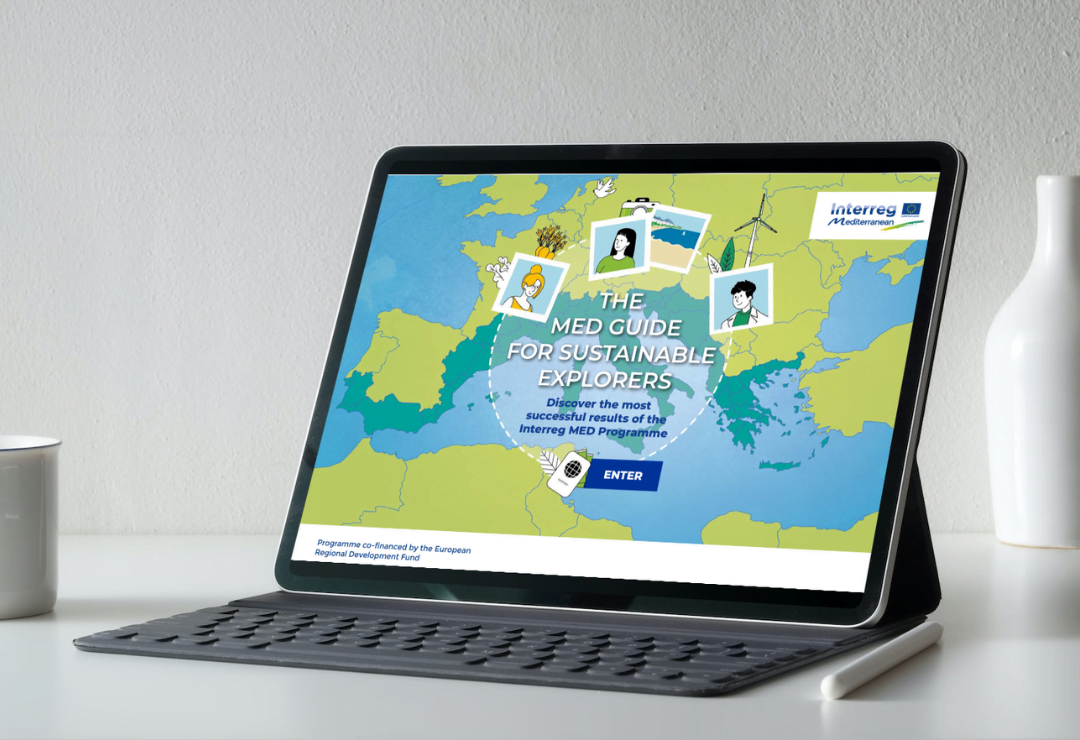
Discover the new MED Guide for Sustainable Explorers!

Covenant of Mayors and Coalition of the Willing bring to life a new resource to lower emissions in urban mobility

Register now for the Green Living Areas Mission Workshop in Ljubljana!
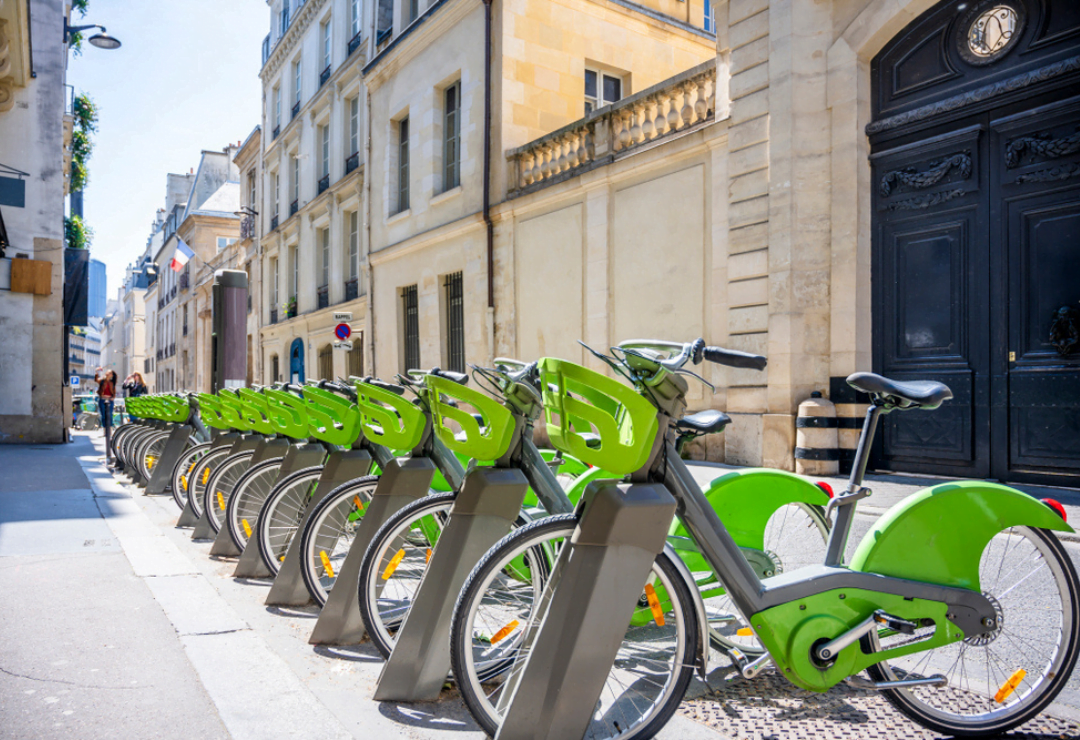
Paris and Antwerp lead the way in bike-sharing

Presenting the LEAD Platform: Simplifying Complex Urban Logistics Decision-Making

Digital Twins and Urban Logistics in focus: LEAD conference draws over 100 participants
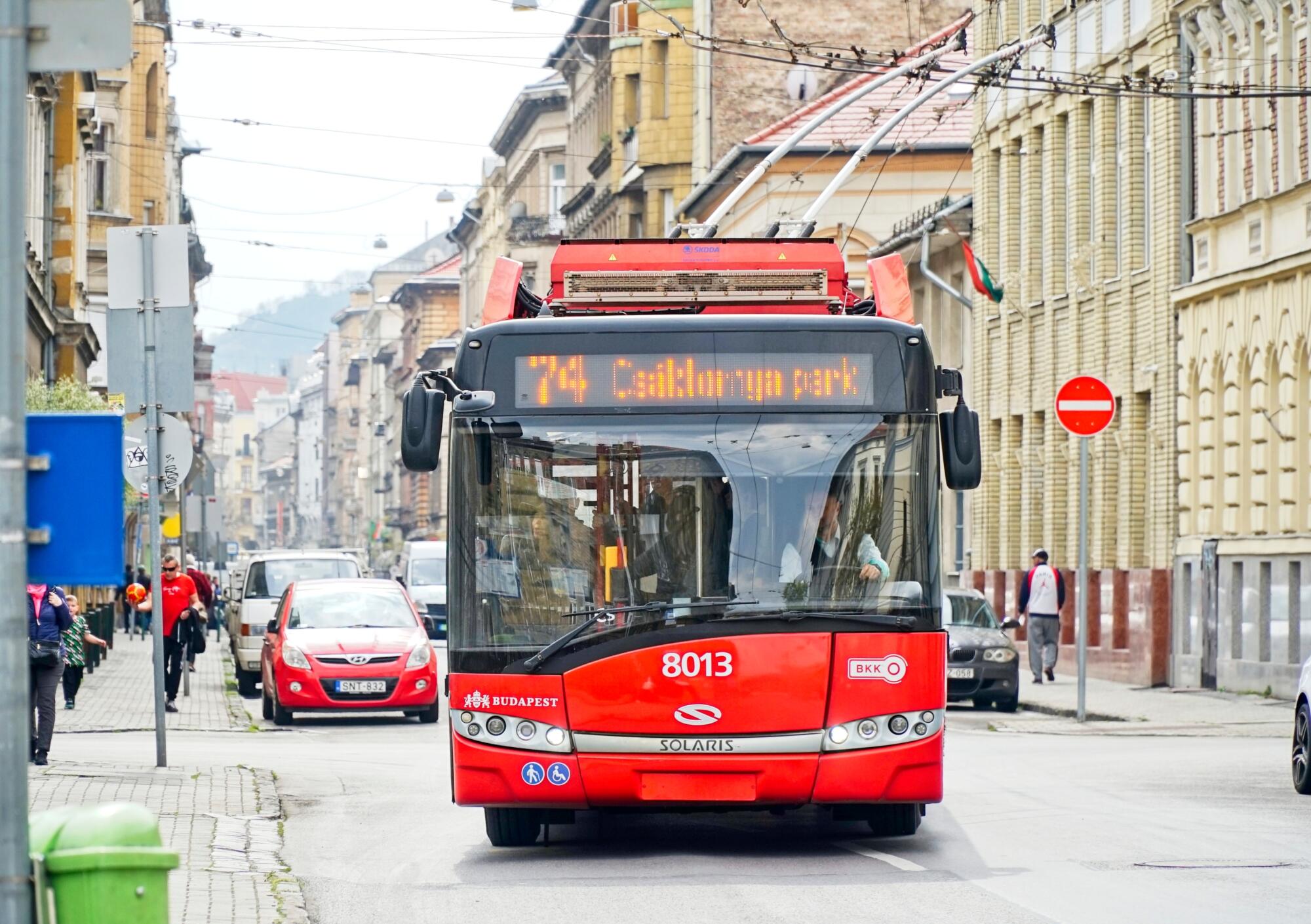
‘Trolley90 and its sustainable future’: Mobility experts celebrate in Budapest this November
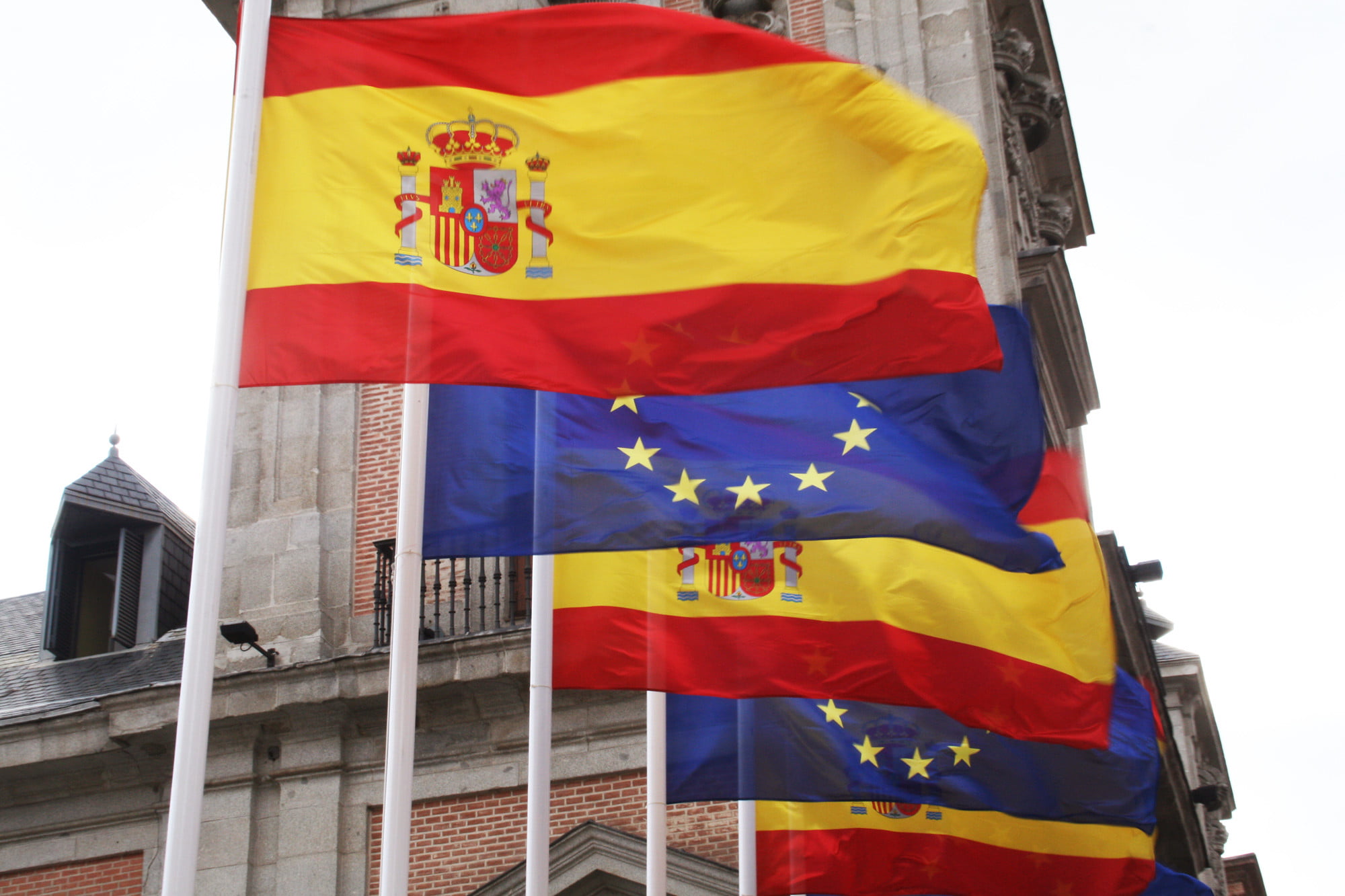
Barcelona Declaration sets new ambition for sustainable transport in the EU

POLIS welcomes the European Parliament’s vote for stricter air quality standards
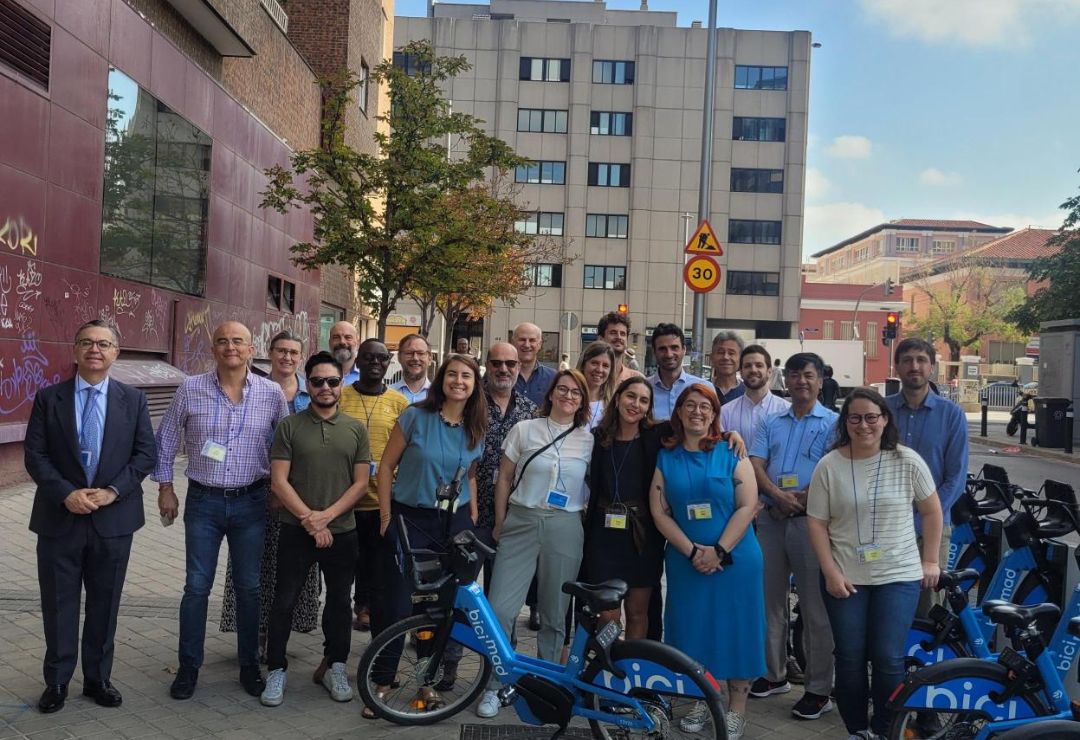
SOLUTIONSplus met in Madrid for an exciting study tour!
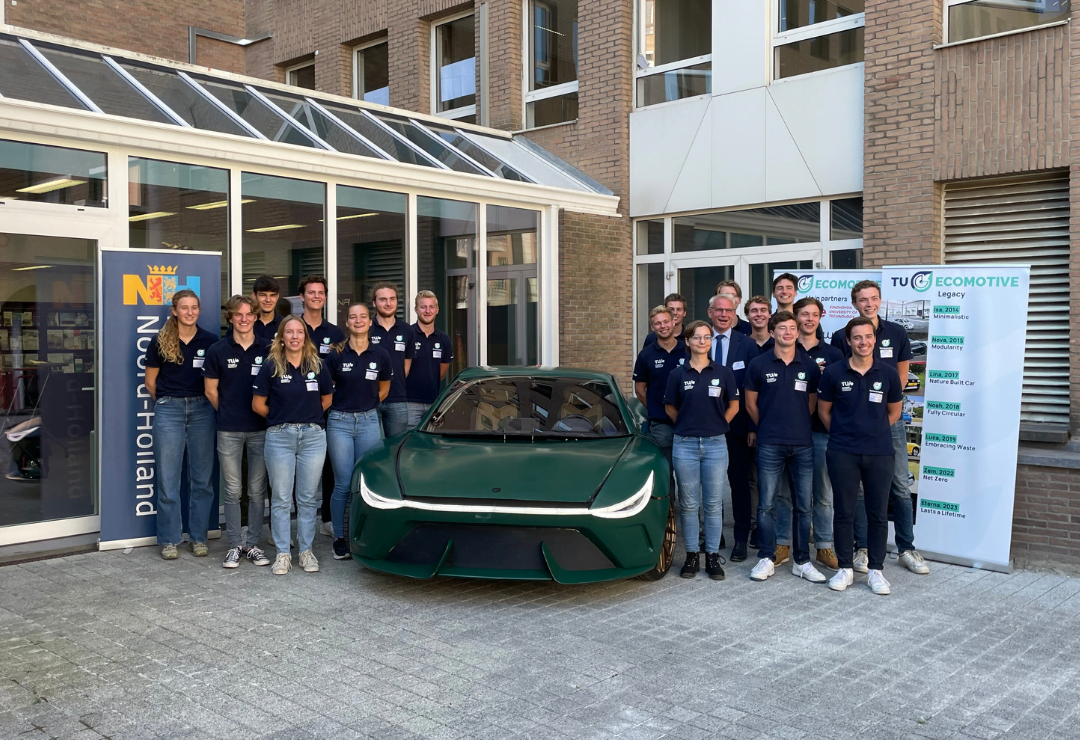
POLIS x TU/ecomotive event shines a light on the future of mobility

LEAD showcases power of Digital Twins for last-mile logistics in new video
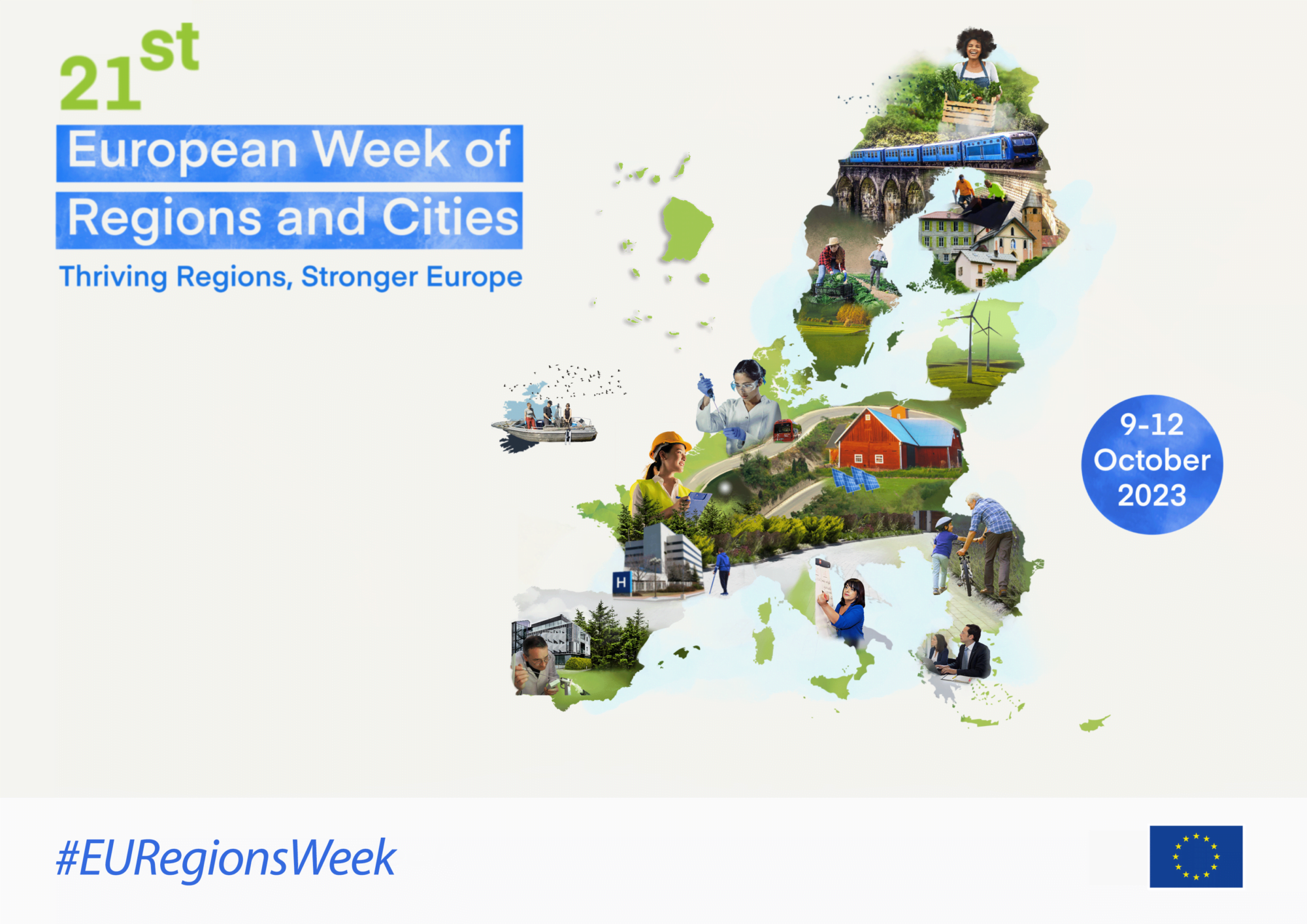
POLIS talks mobility at the European Week of Regions and Cities 2023

Decarbonisation goes regional! POLIS’ Working Groups meet in Gelderland
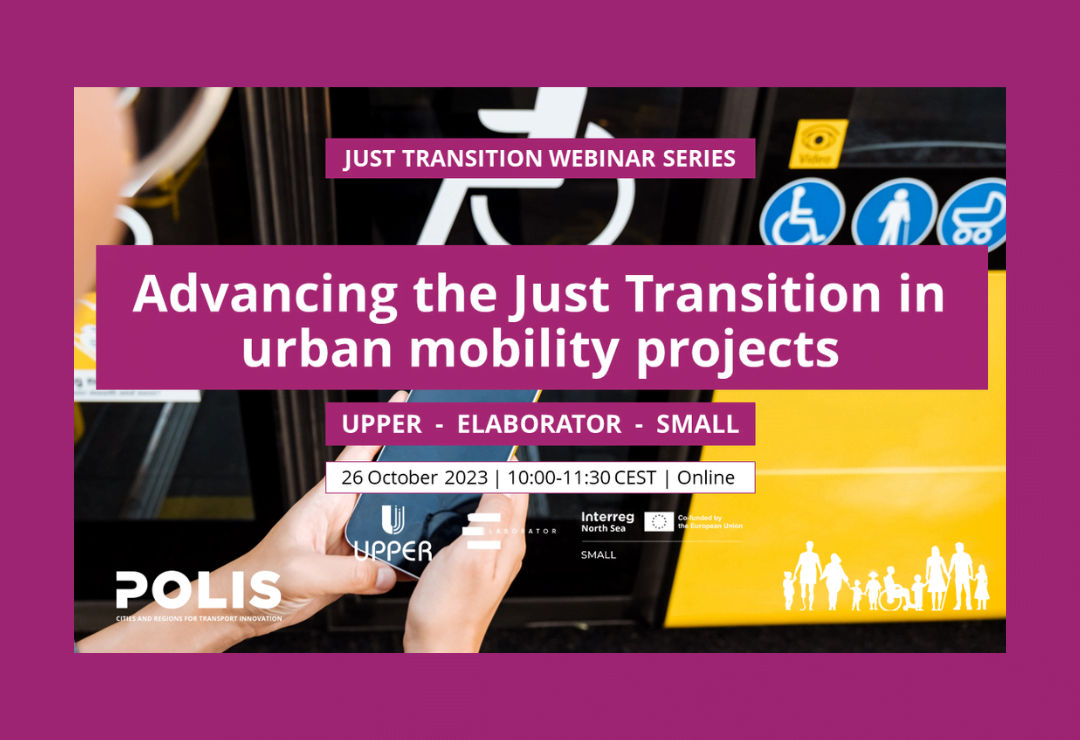
Upcoming Just Transition Webinar showcases urban mobility projects
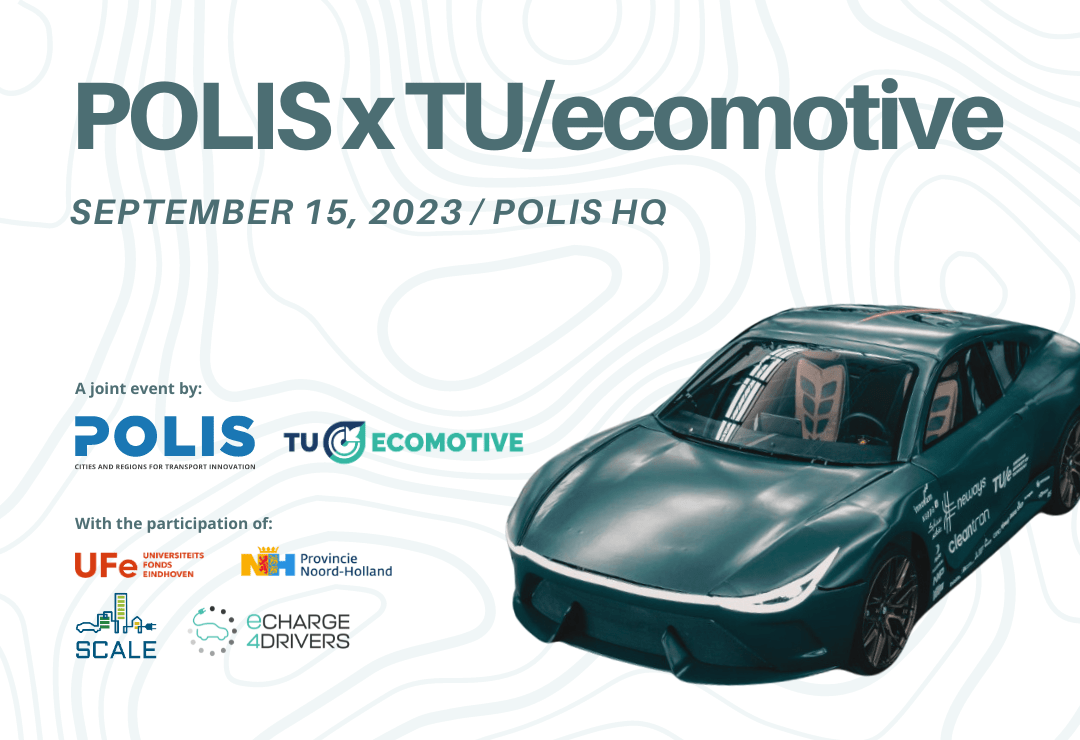
Join the POLIS x TU/ecomotive event!
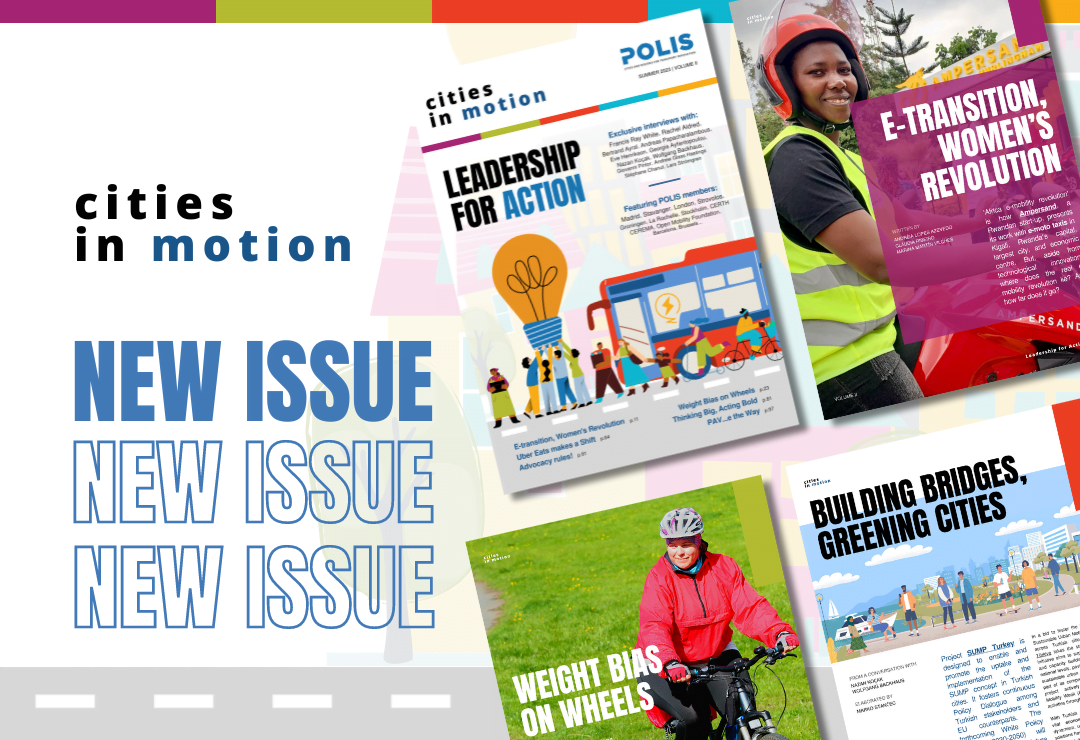
POLIS publishes second volume of magazine Cities in motion!

SAVE THE DATE for the POLIS x TU/ecomotive event!
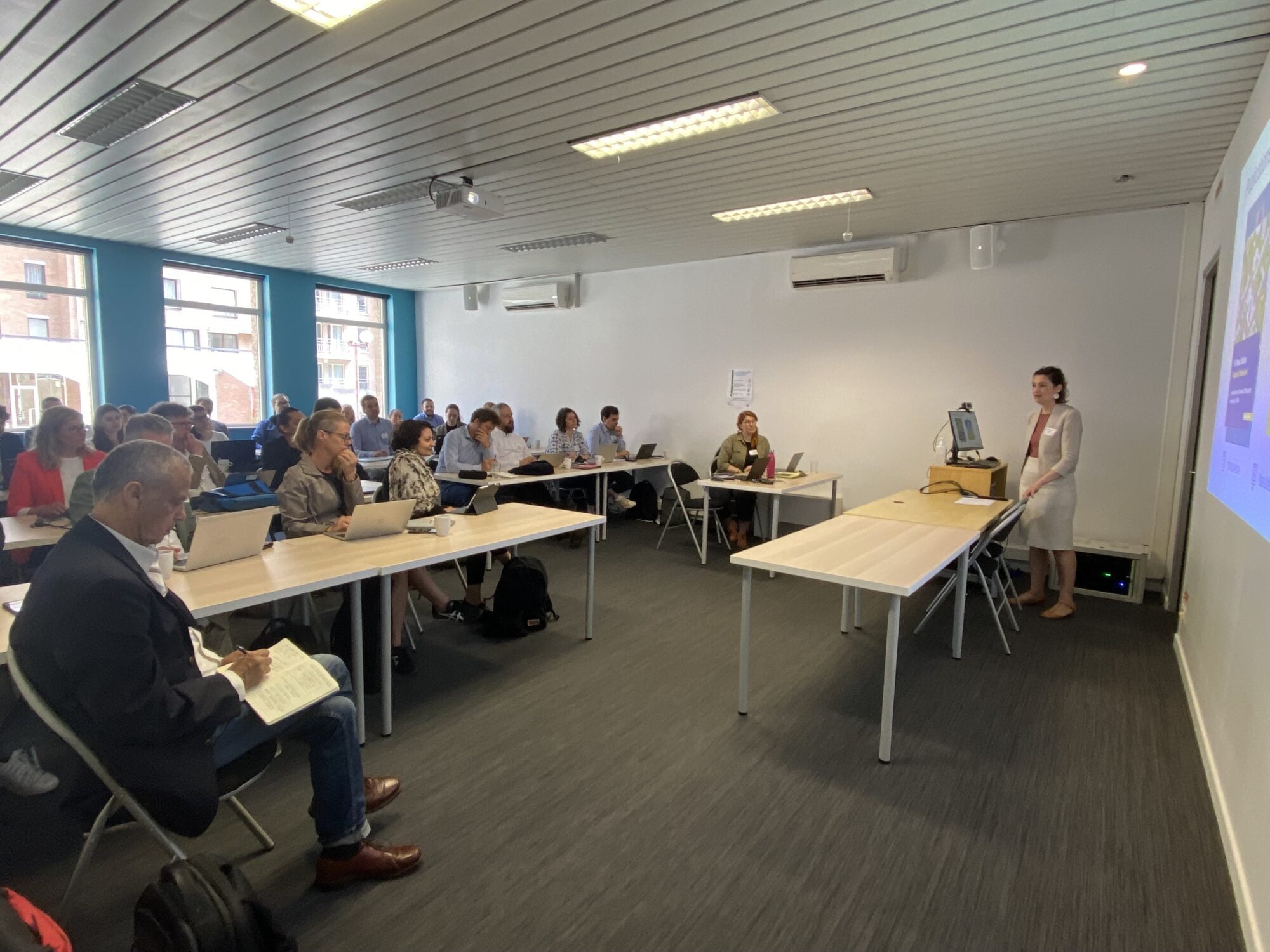
Urban Public Space Design project cluster kicks off for collaboration
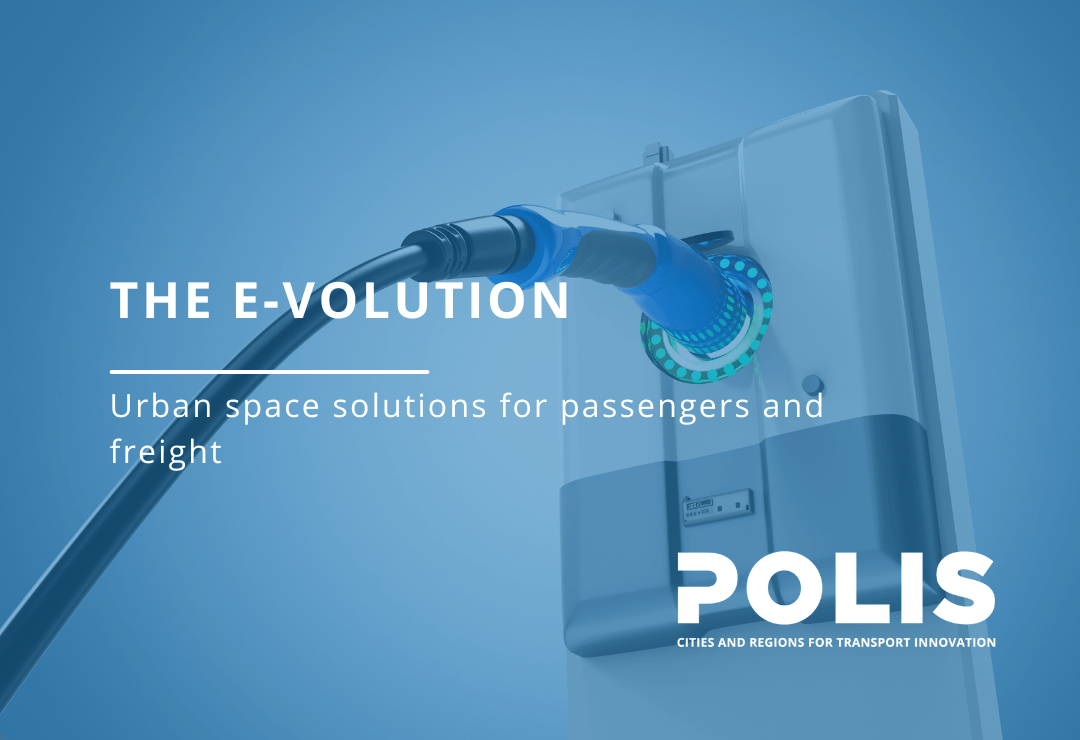
rEVolutionising passenger and freight transport: POLIS‘ working groups & projects explore

Shaping the future of Urban Air Mobility with MAIA and MUSE

Last stop! POLIS present at the Clean Bus Europe Platform Final Event
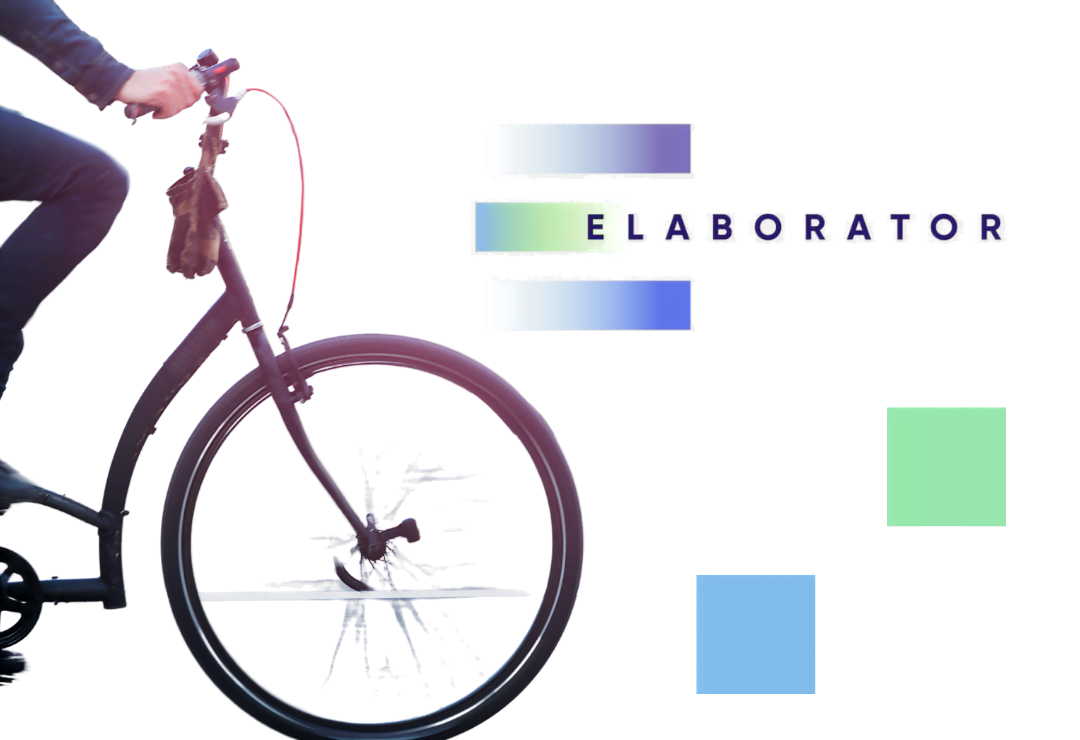
A new EU project is on the Horizon: meet ELABORATOR!

Transport leaders walk the talk at POLIS’ Leadership Summit
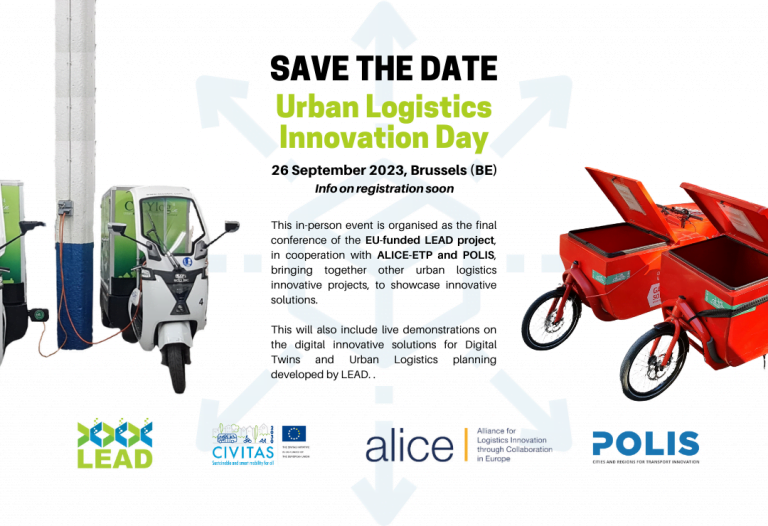
Registrations now OPEN: Join us at the Urban Logistics Innovation Day in Brussels!

UVARs & tech: Experts lead conversation on implementation and enforcement

POLIS’ Working Groups: All you missed… and more!
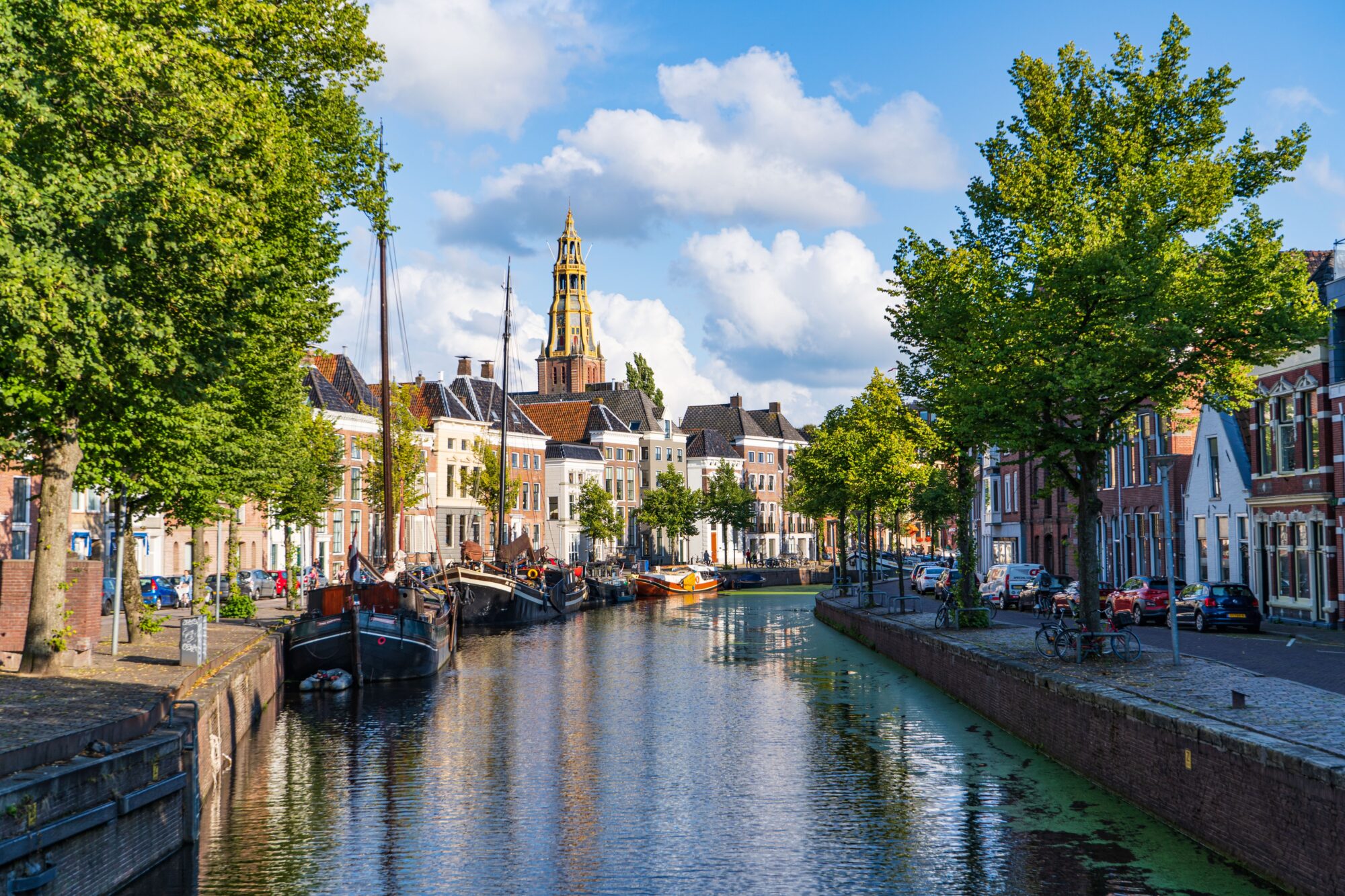
SMCs and Climate Neutrality: The what’s, why’s and how’s
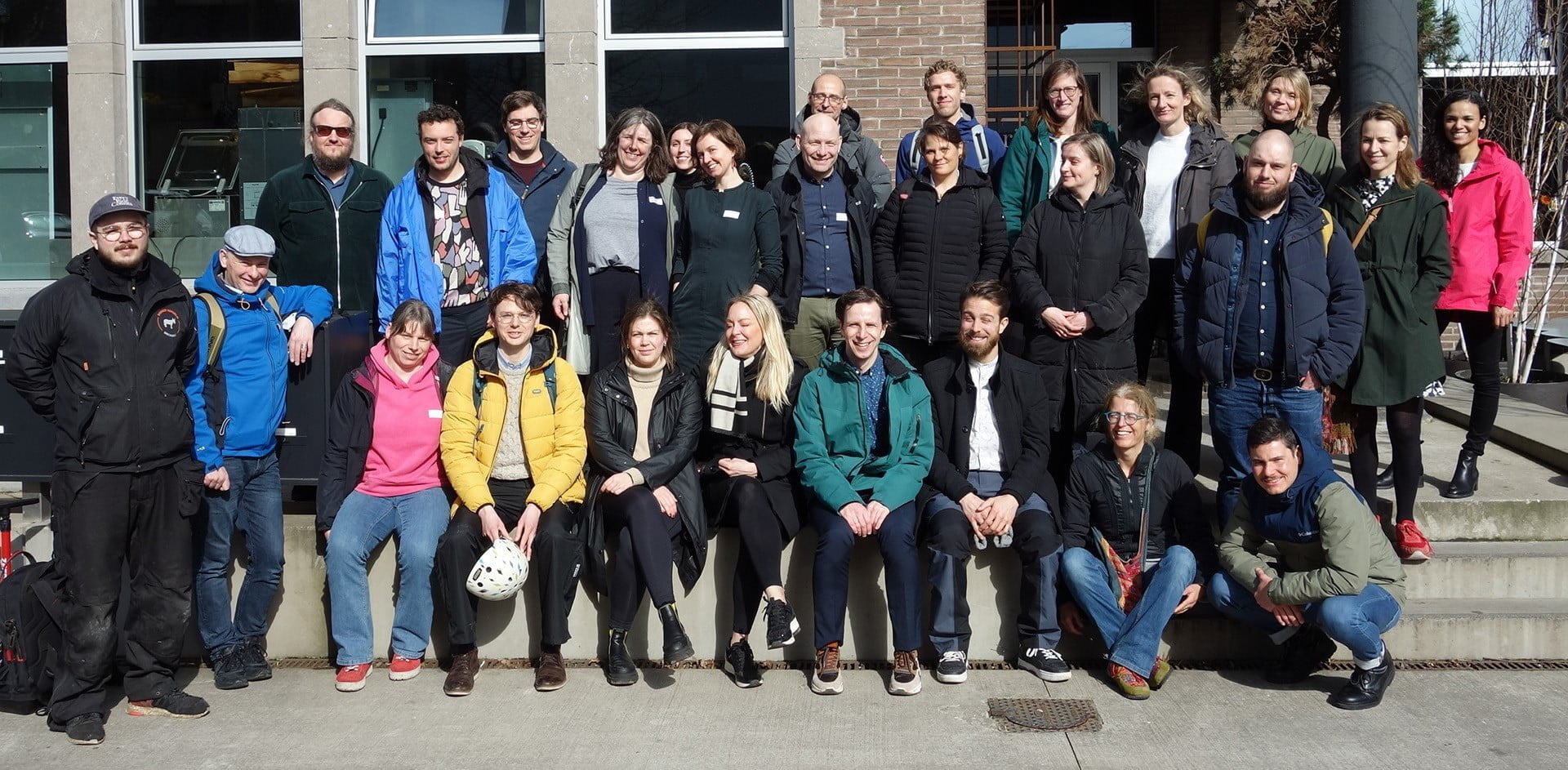
ShareDiMobiHub partners meet in Gent, Belgium

Cities and regions in the spotlight at Amsterdam Drone Week

POLIS elevates the voices of cities at Autonomy Paris
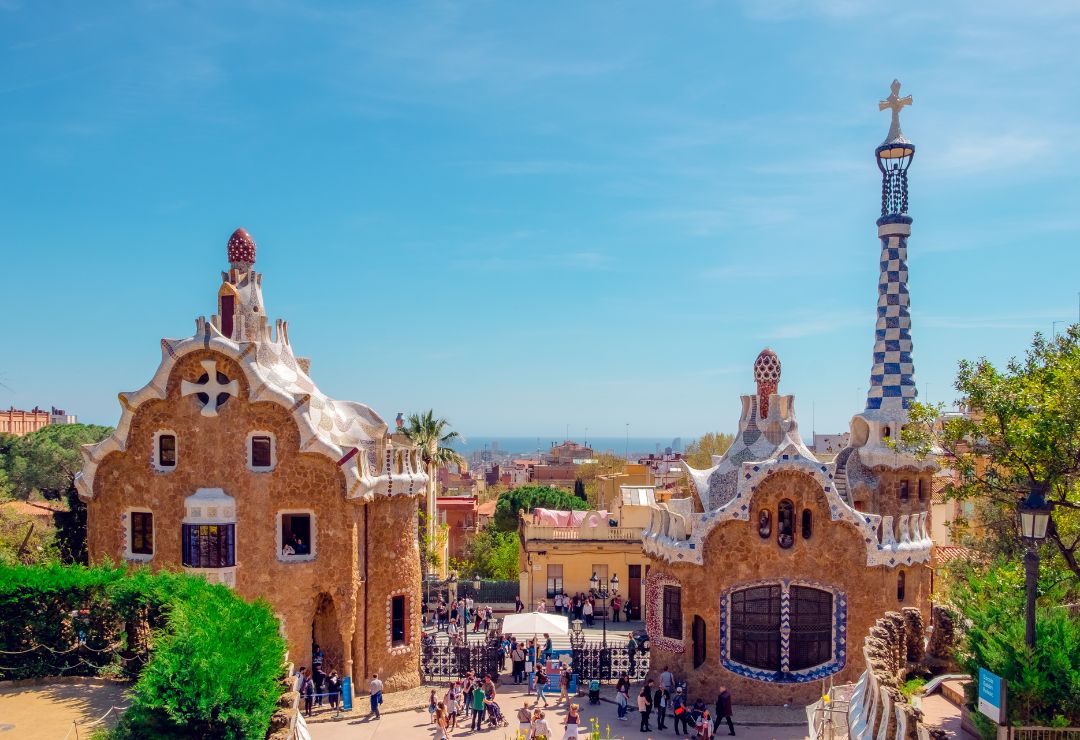
Save the date: eCharge4Drivers organises new EIG workshop in Barcelona!
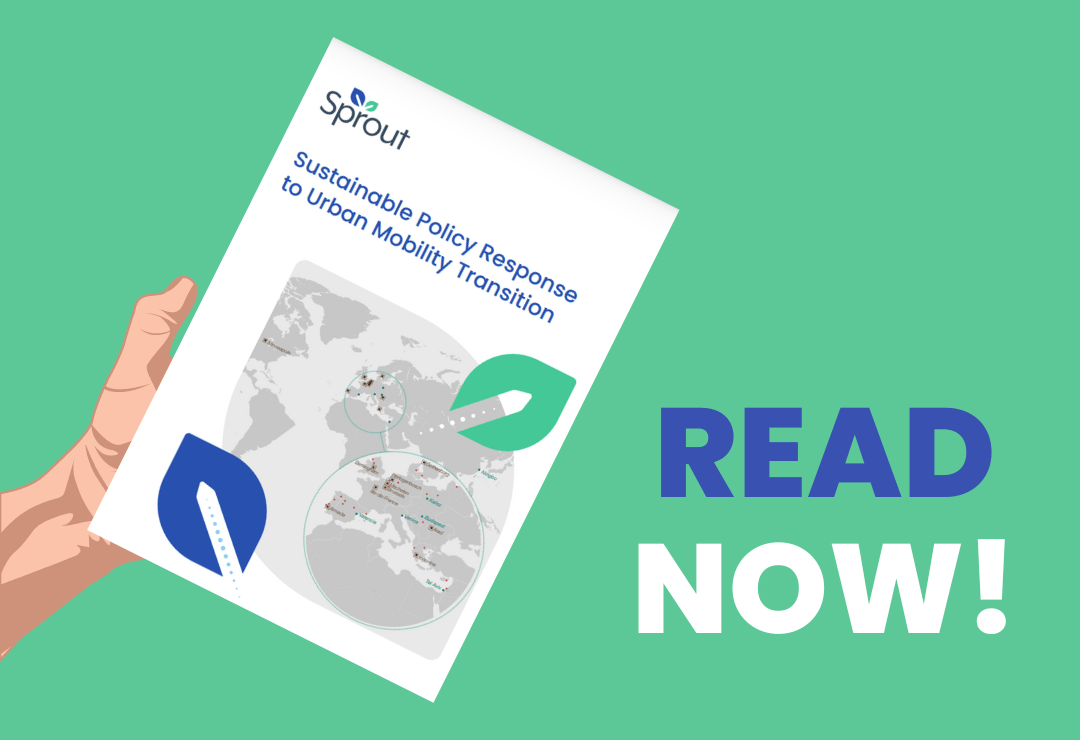
SPROUT shares Results brochure
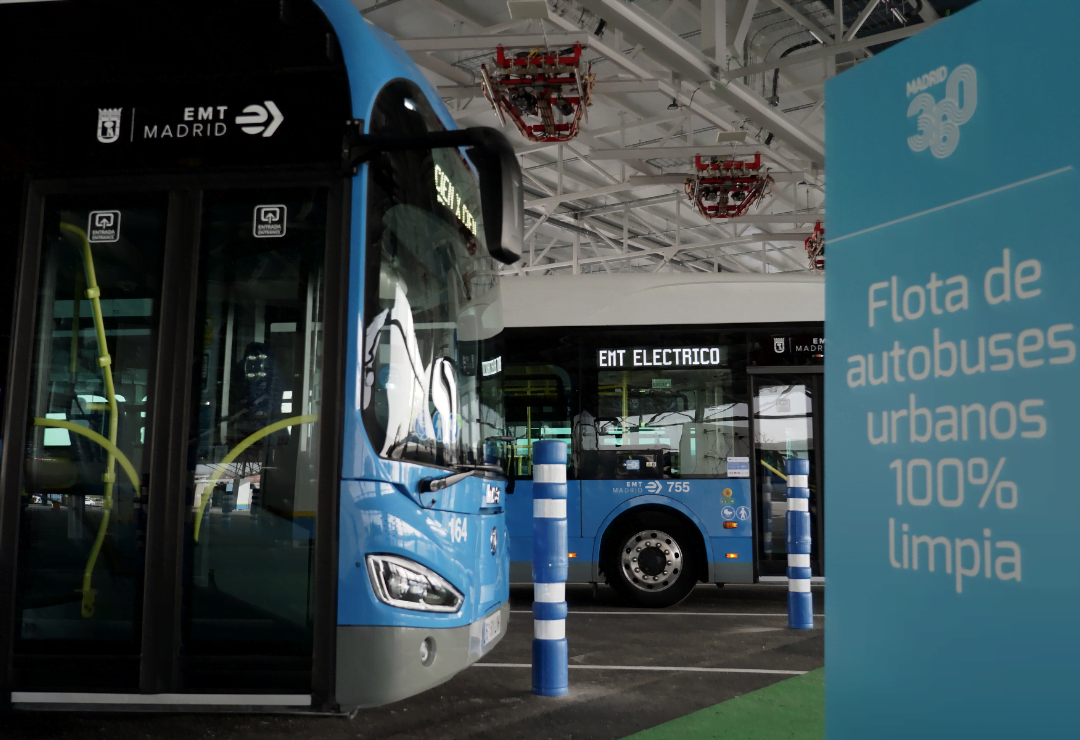
EMT Madrid unveils new state-of-the-art electrification infrastructure

ITF publishes new report on public transport and shared mobility

Answer NextETRUCK’s survey on e-freight!
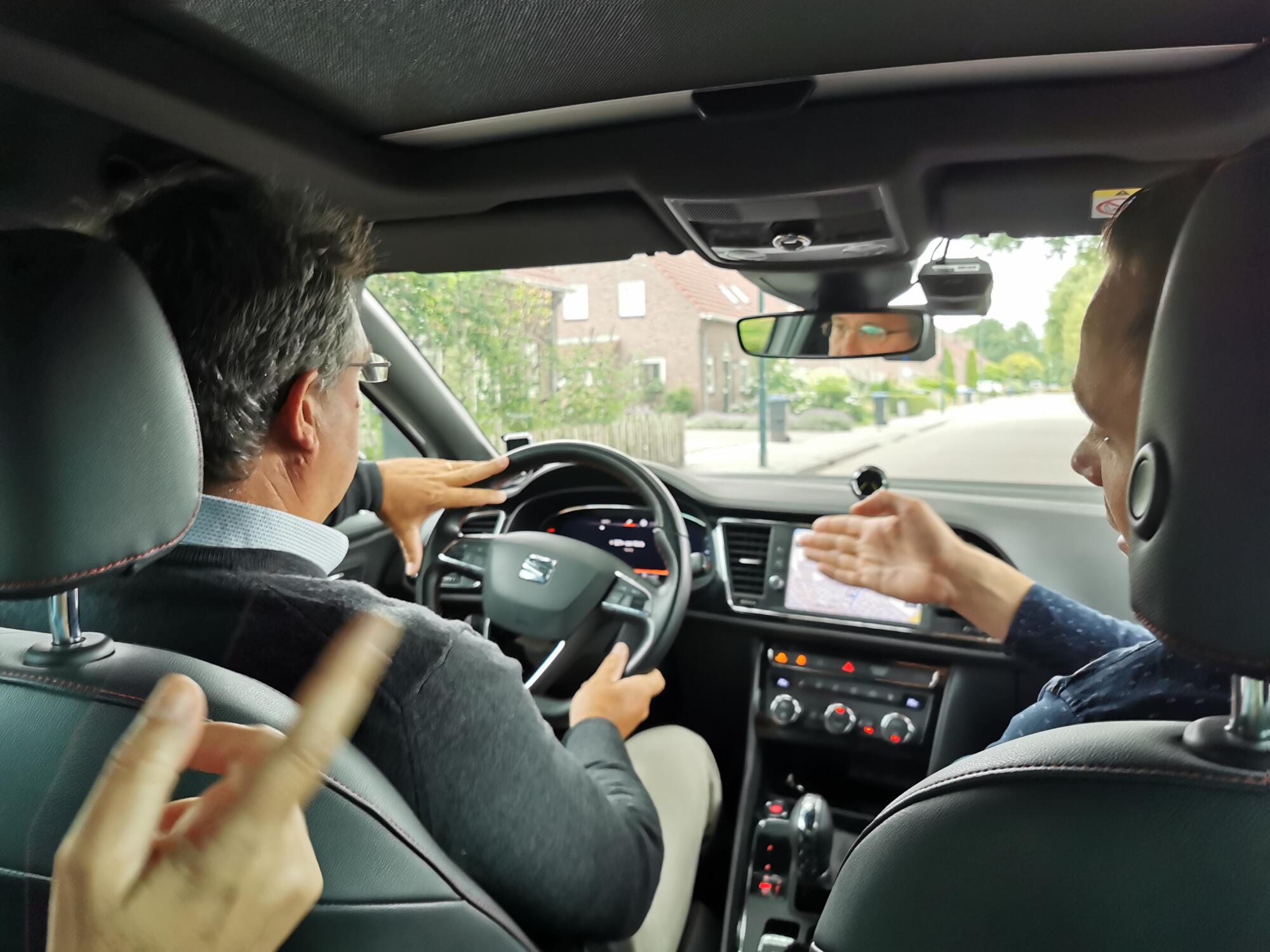
ISA-FIT launches market ready product

Women shifting gear! Meet the women behind the sustainable mobility transition

Regions and Air Quality Working Groups head to Gelderland
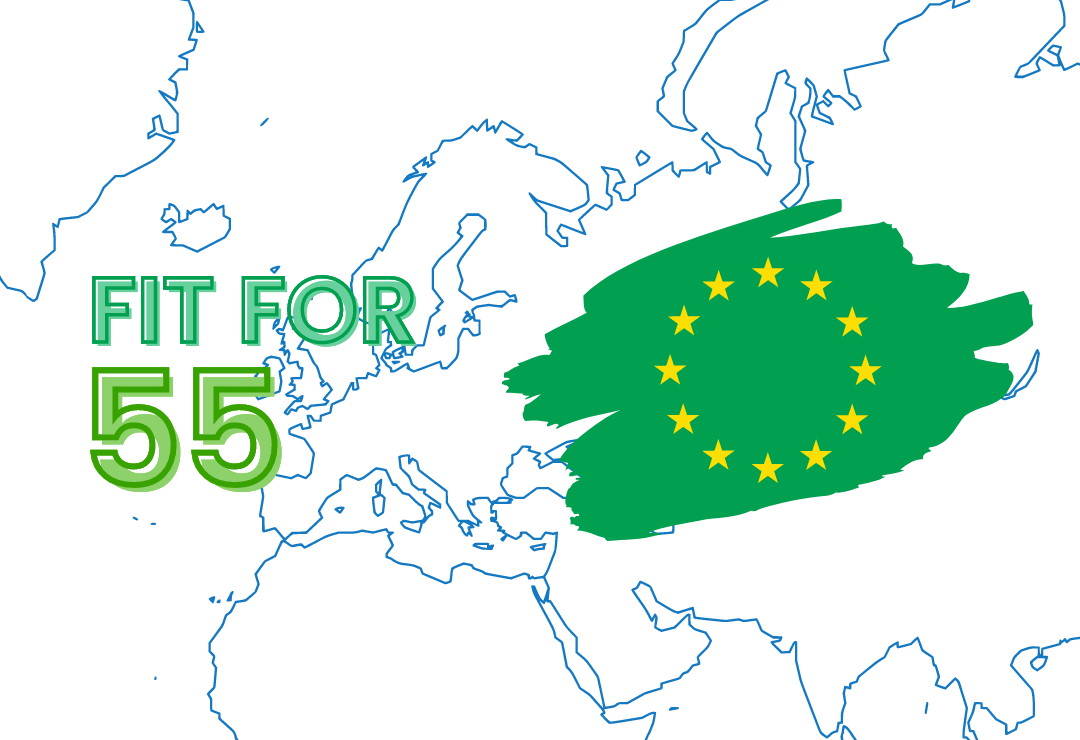
Fit for 55: European Parliament votes on zero-emission for cars and vans

Full steam ahead for POLIS’ Climate Neutral Cities Mission Taskforce!

Check out POLIS’ 2023 project line-up!
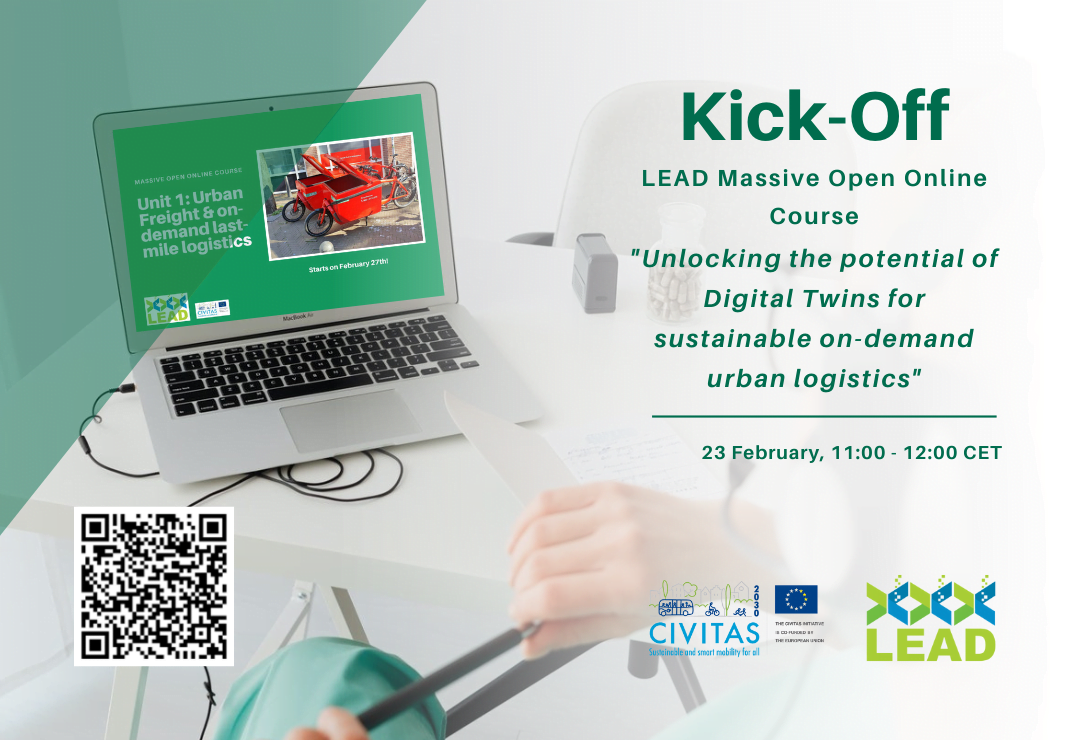
Learn about Digital Twins and Urban Logistics in new e-course!

POLIS launches two new thematic Taskforces to support the membership

Urban Transports Community shares ways to foster sustainable mobility in new video

Madrid meets European air quality standards for first time in history
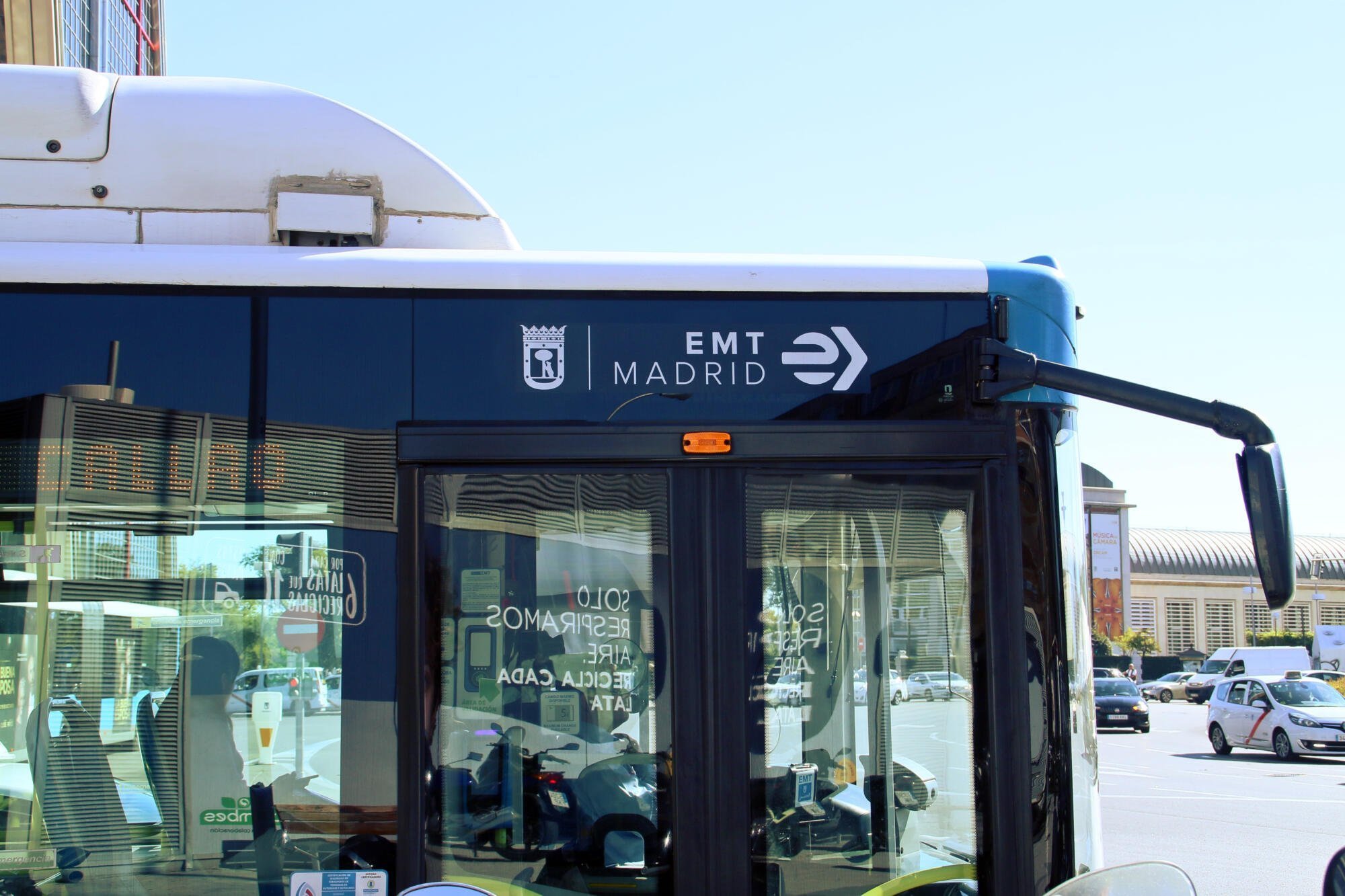
Madrid becomes first major European city with a 100% clean bus fleet!
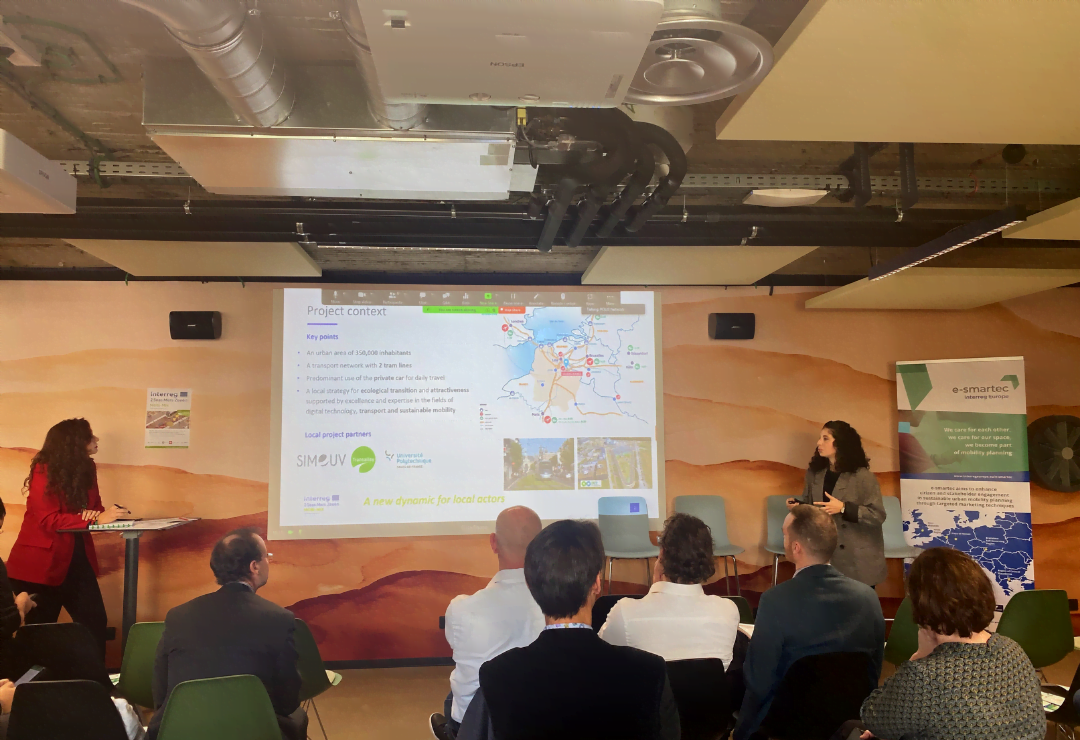
Out with a bang! e-smartec & MOBI-MIX host Joint Final Conference

Press release: Introducing LENS, a new Horizon Europe project on noise and air pollution
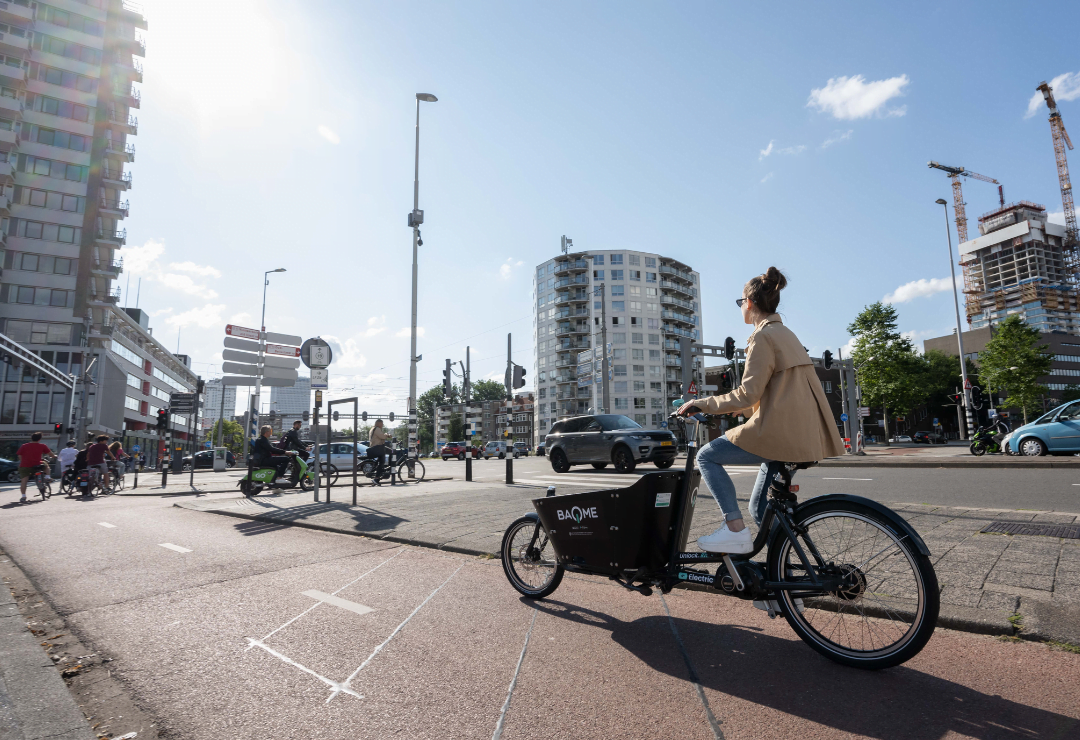
Shared mobility rules! MOBI-MIX publishes project final outcomes
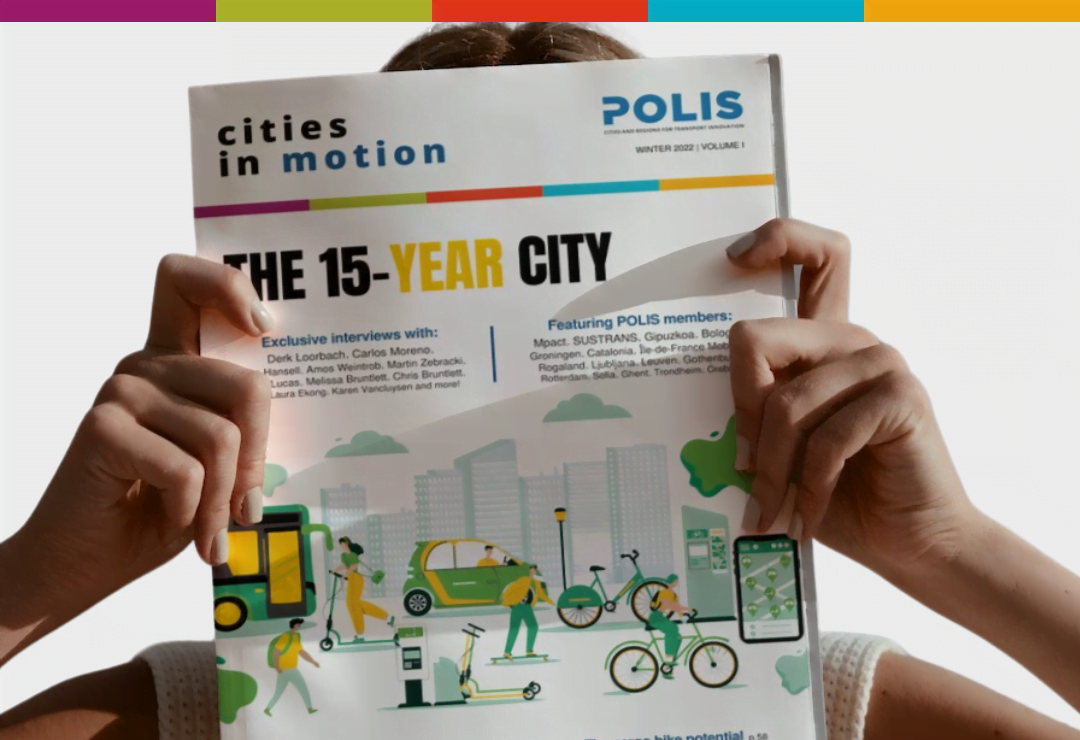
POLIS unveils its brand-new magazine ‘Cities in motion’!
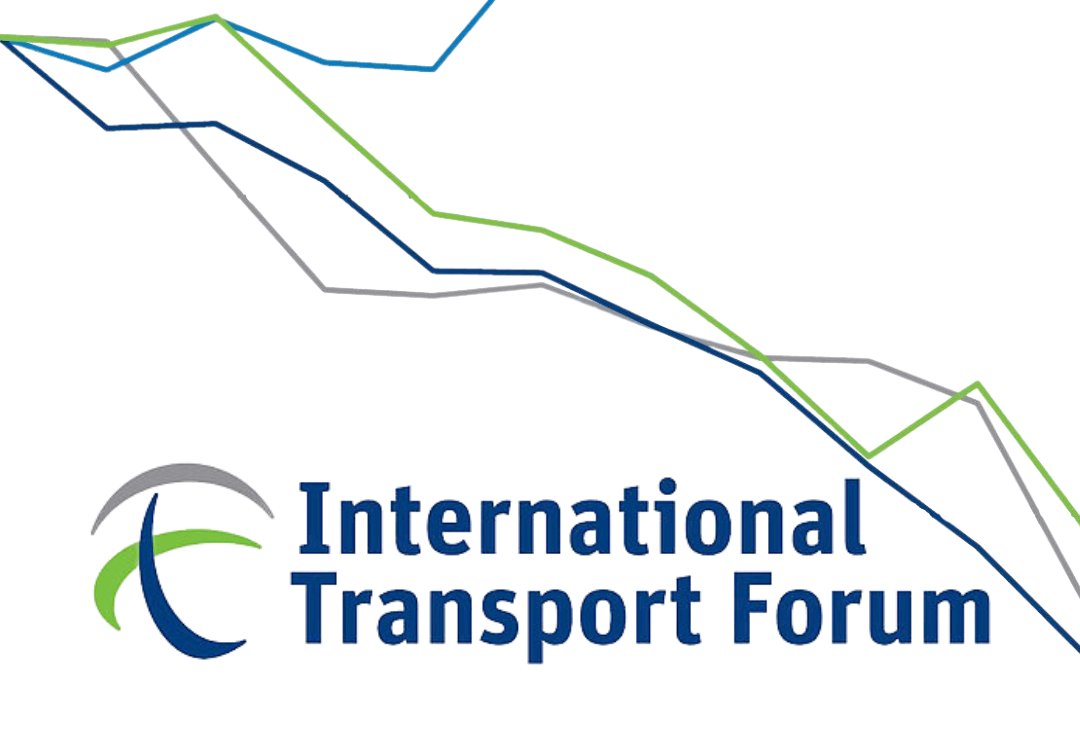
Modal shift to cleaner transport fails to materialise, shows ITF’s brief

Urban Transport Community publishes brief on urban mobility adaptation to climate change
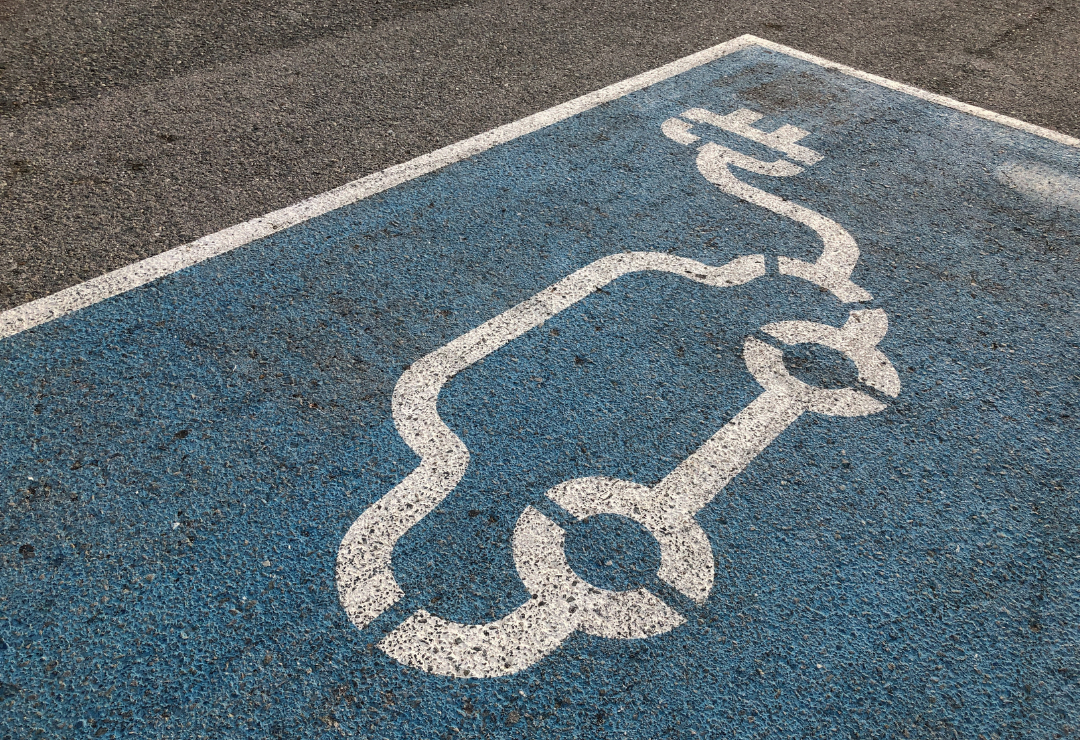
The future is electric! POLIS welcomes stricter CO2 emission standards for new cars and vans

Answers for more sustainable urban mobility: insights from POLIS and European Commission

SPROUT contributes to CIVITAS ELEVATE e-course on data-driven approaches to SUMPs
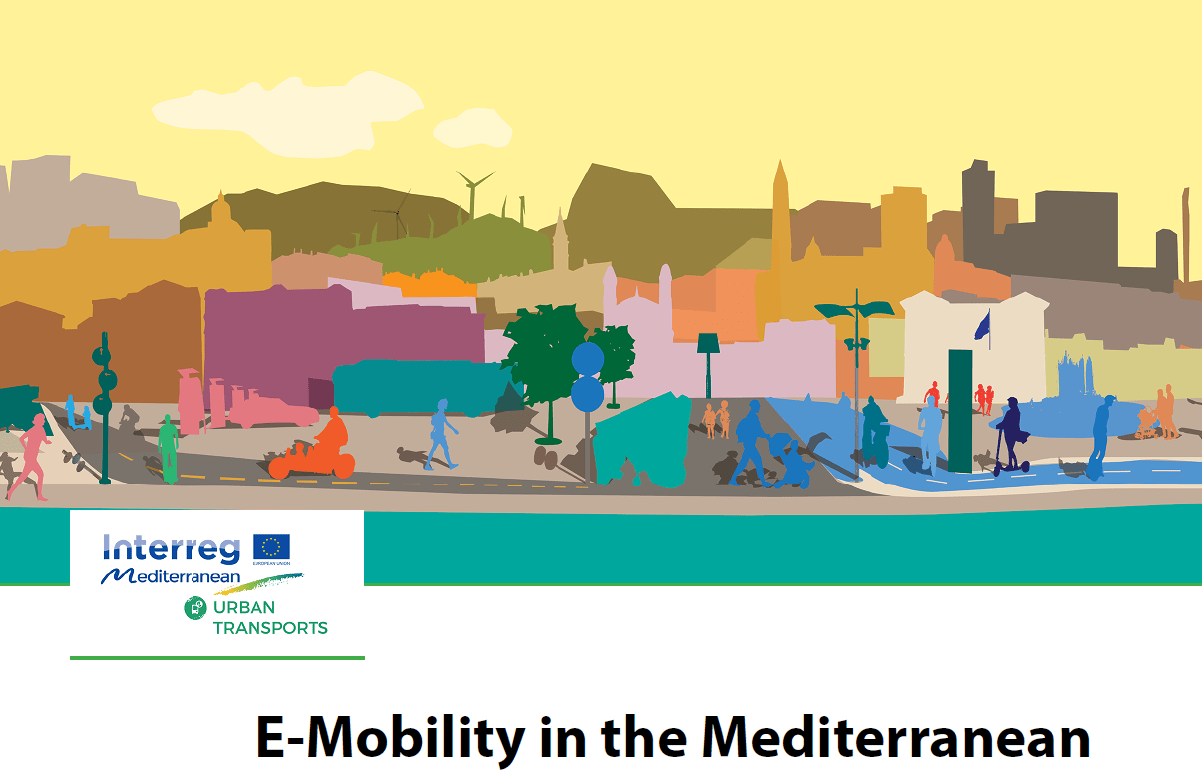
Policy brief on e-mobility in the Mediterranean: a piece of the puzzle for decarbonisation

Apply now to the Sustainable Cities Climate Impact Challenge!

Commuter traffic planning and demand management: Regions Working Group convenes!
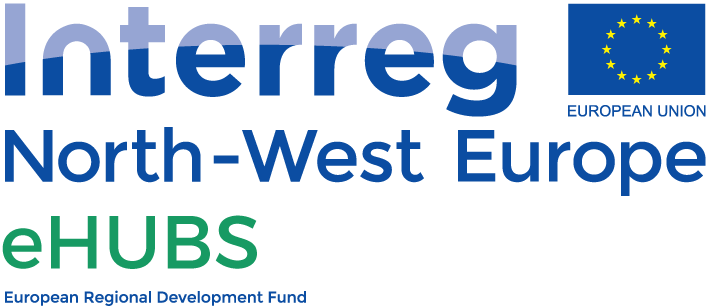
eHUBS launches its Blueprint: a digital handbook for mobility planners to create shared mobility hubs, even amidst a pandemic!

Kadikoy Municipality joins POLIS

CountEmissions EU – the European Commission would like to hear your views!

Apply to the European Mobility Week award for Mobility Actions
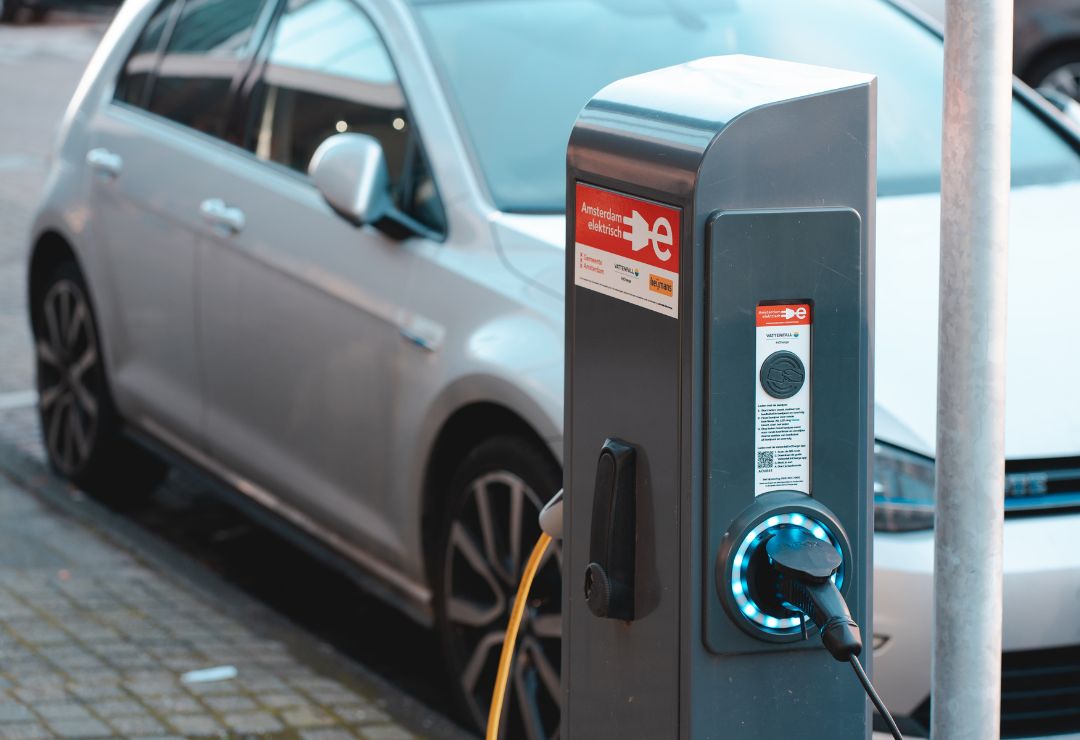
TRAN Committee acknowledges cities and regions role in e-mobility!
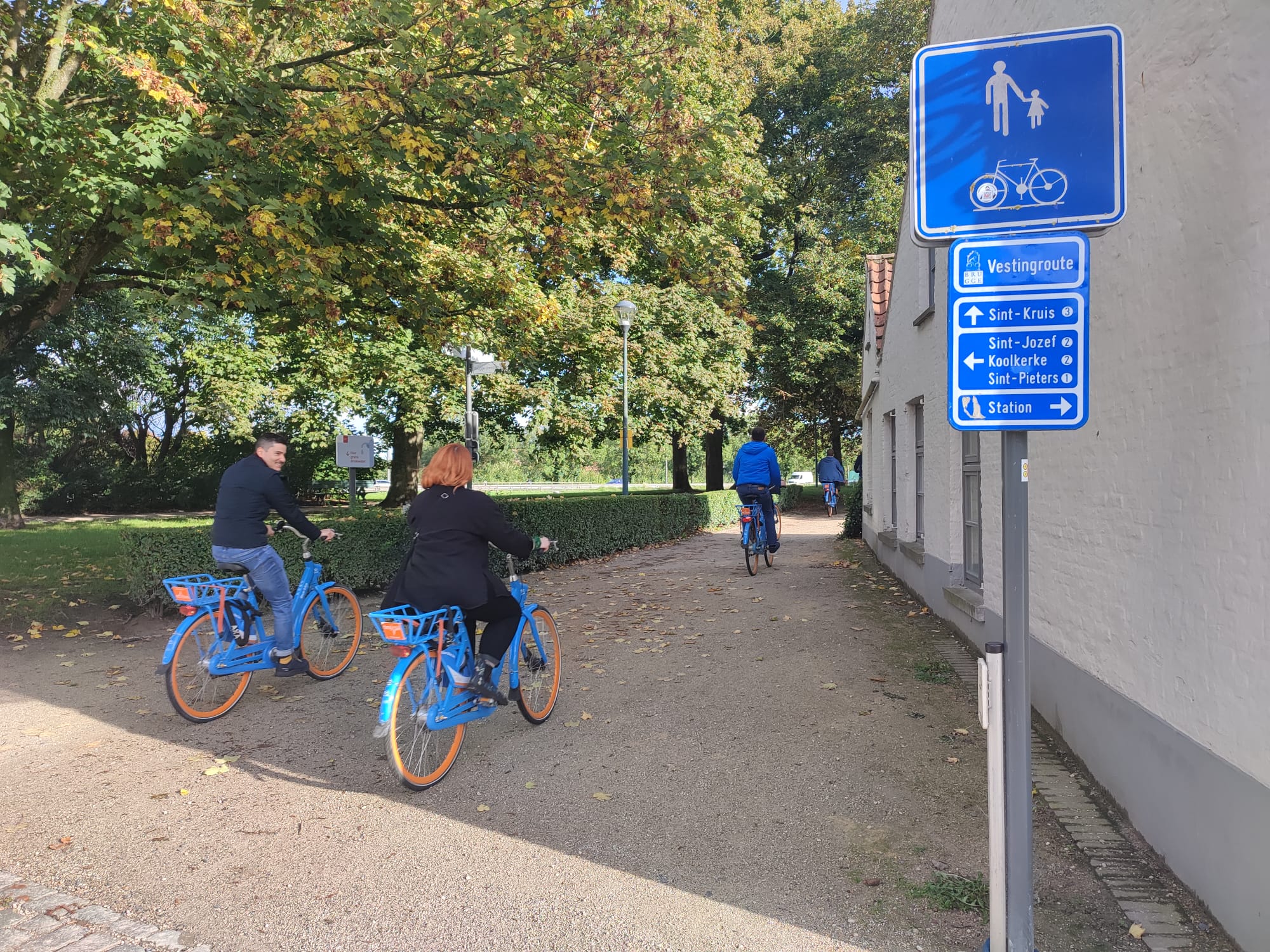
Bruges in the spotlight: A transport transition tour

EMT Madrid launches “ideathon” for bus of the future

Access Working Group explores car reduction, from research to action!
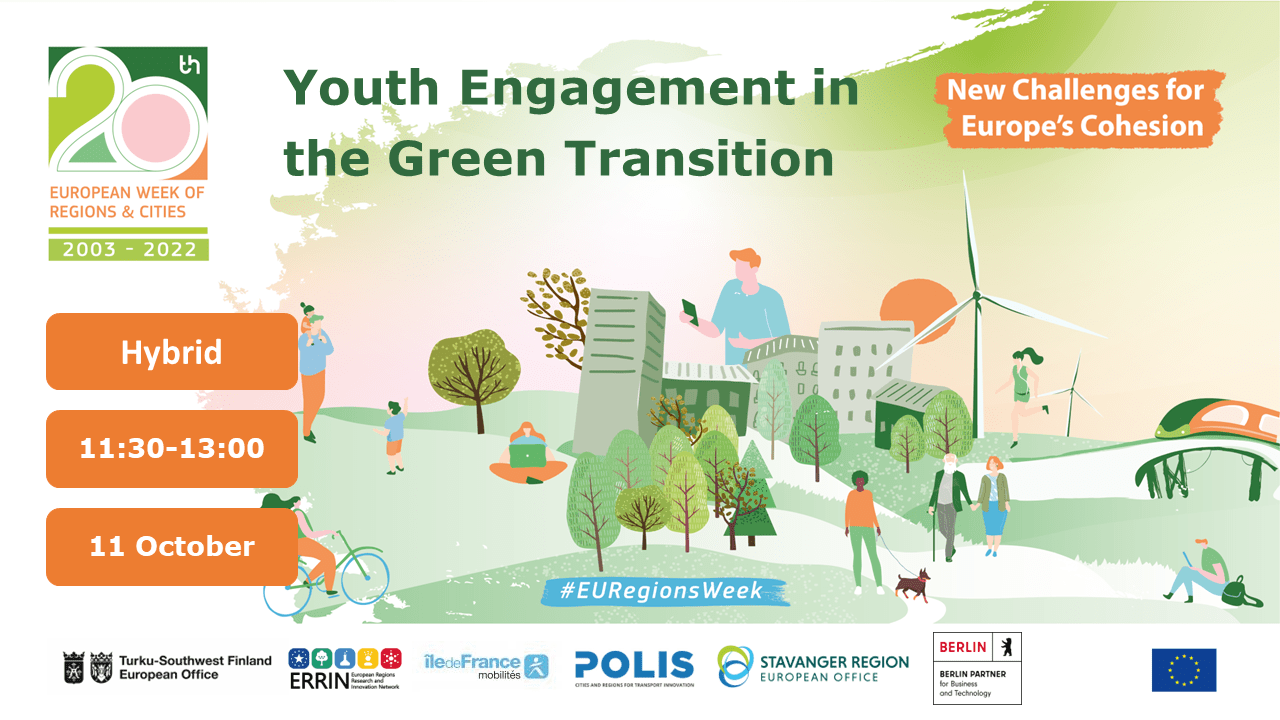
POLIS and members talk youth engagement at European Week of Regions and Cities
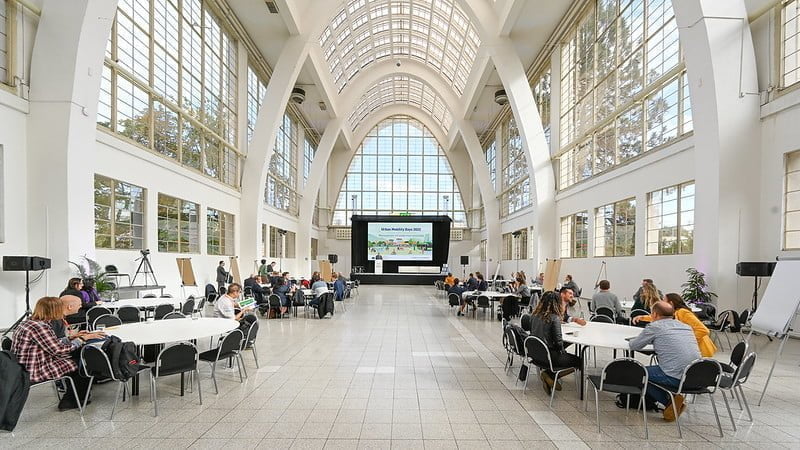
Urban Mobility Days makes a splash!
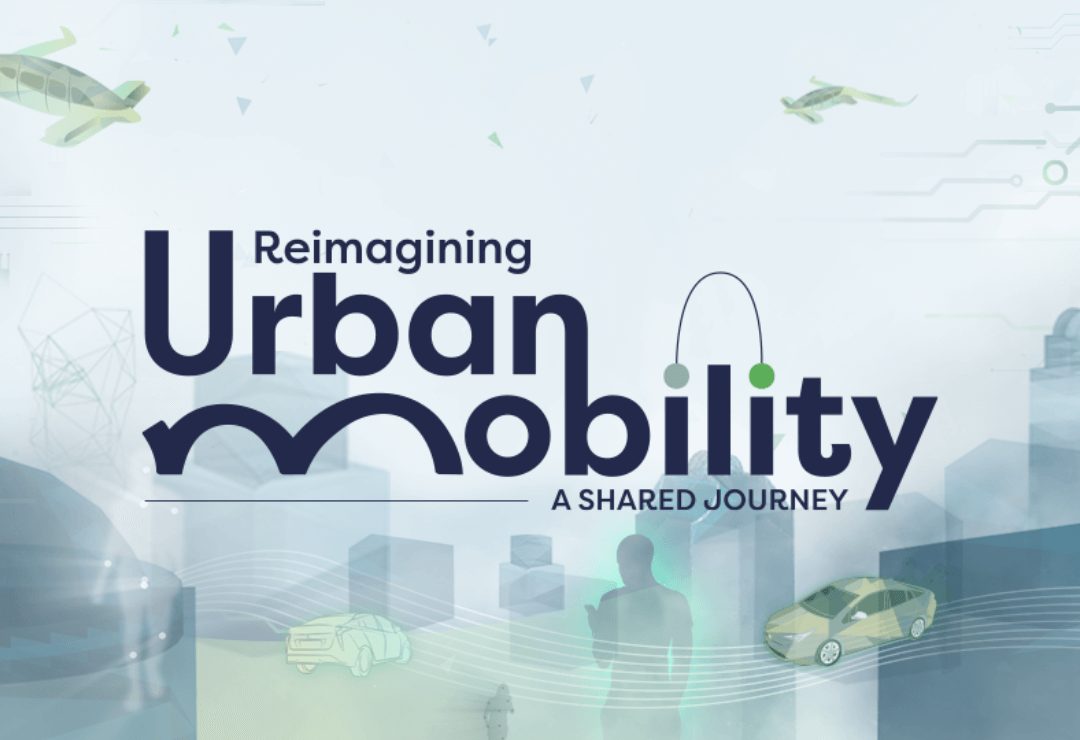
Sign the Reimagining Mobility Manifesto today!

Madrid launches the most powerful mobility hub for electric vehicles in Spain
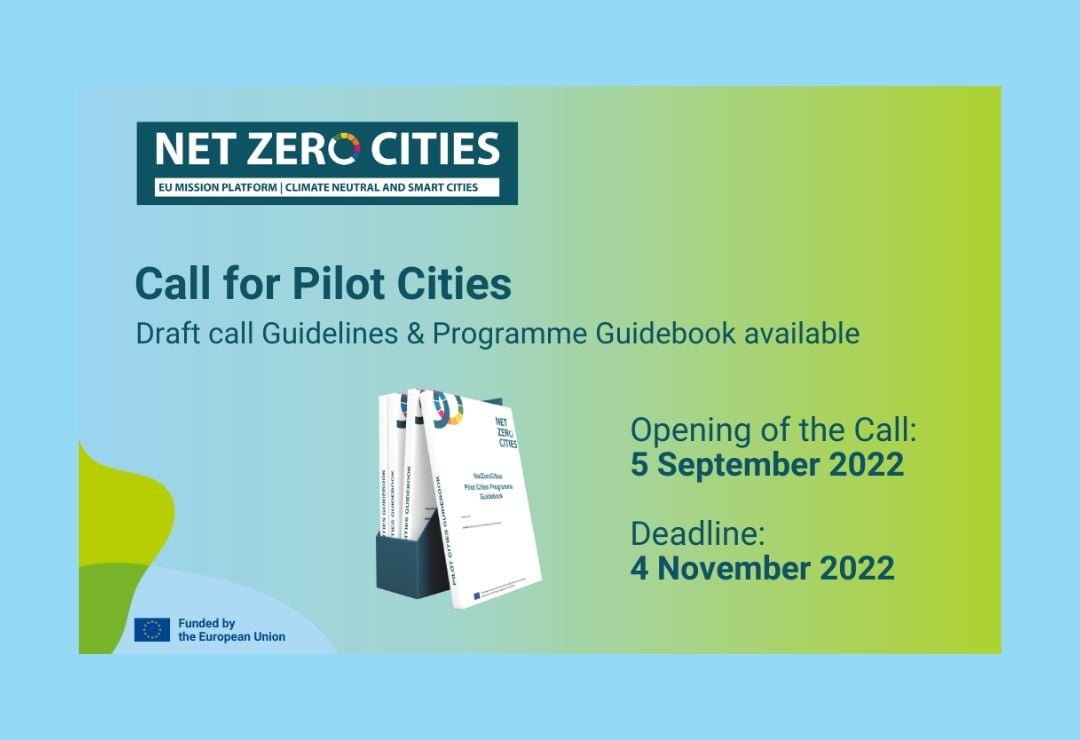
Apply to the Call for Pilot Cities by NetZeroCities
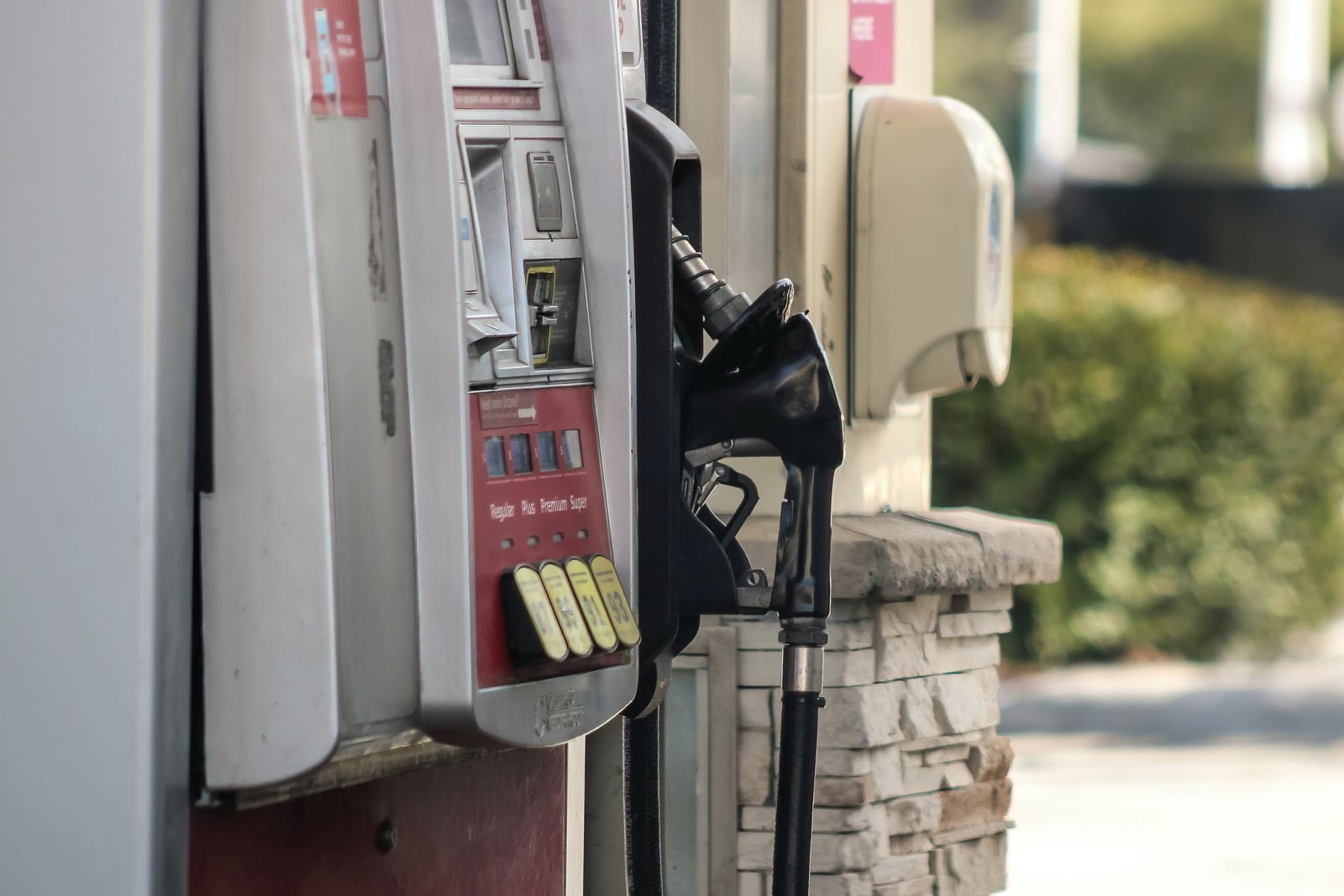
Transport and energy poverty are discussed in new EC paper

Hyperloop Development Program publishes new vision paper
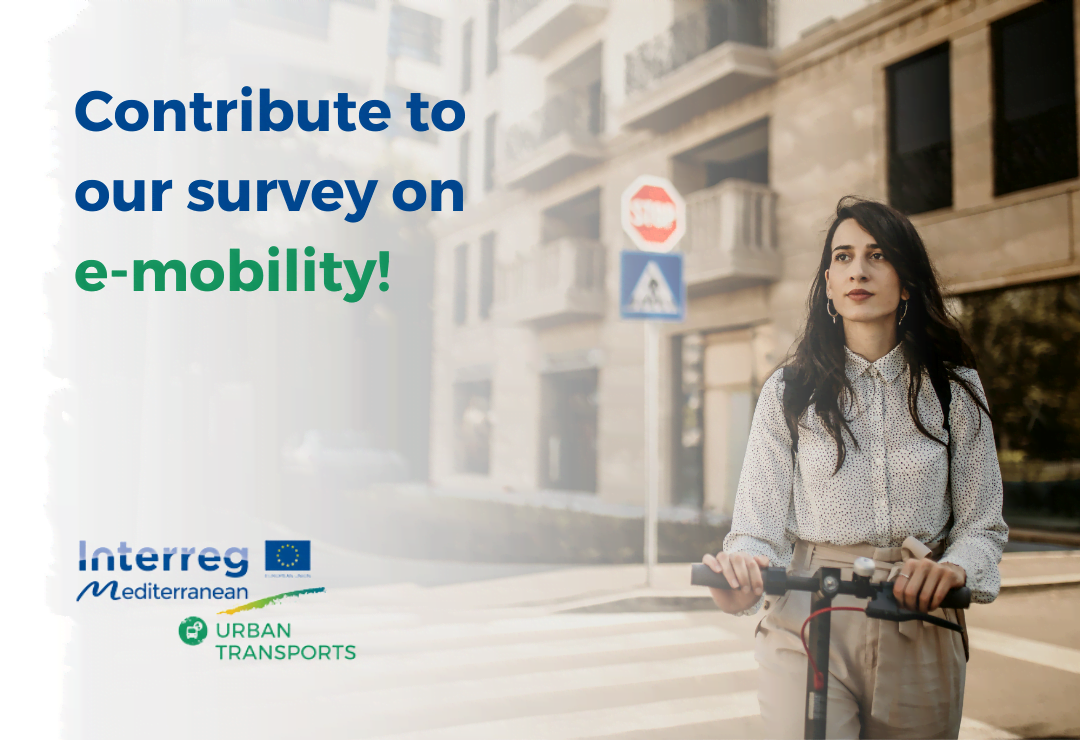
Answer Urban Transports Community’s survey on e-mobility in the Med-area
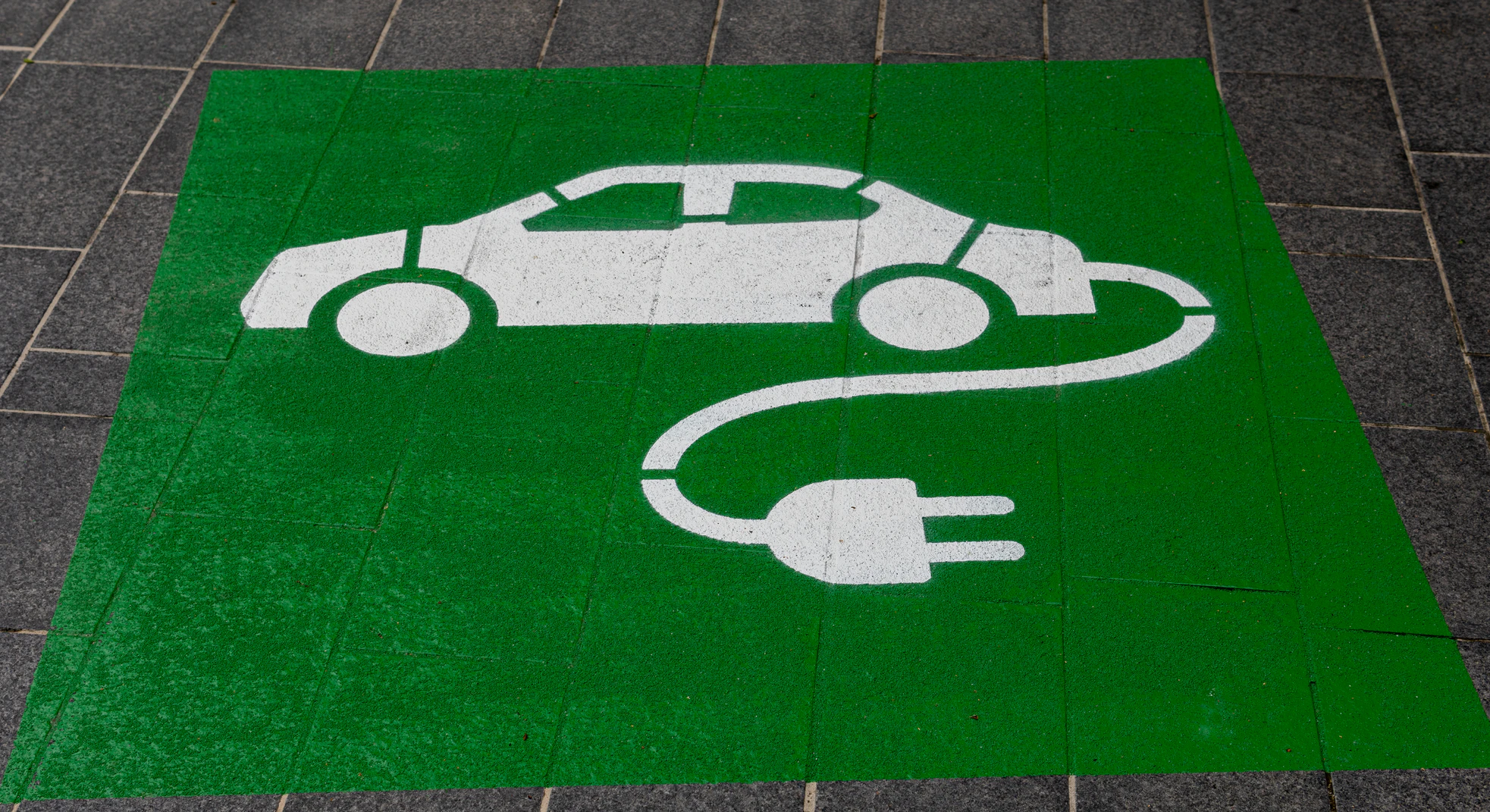
EIB releases contract guide for uptake of electric mobility
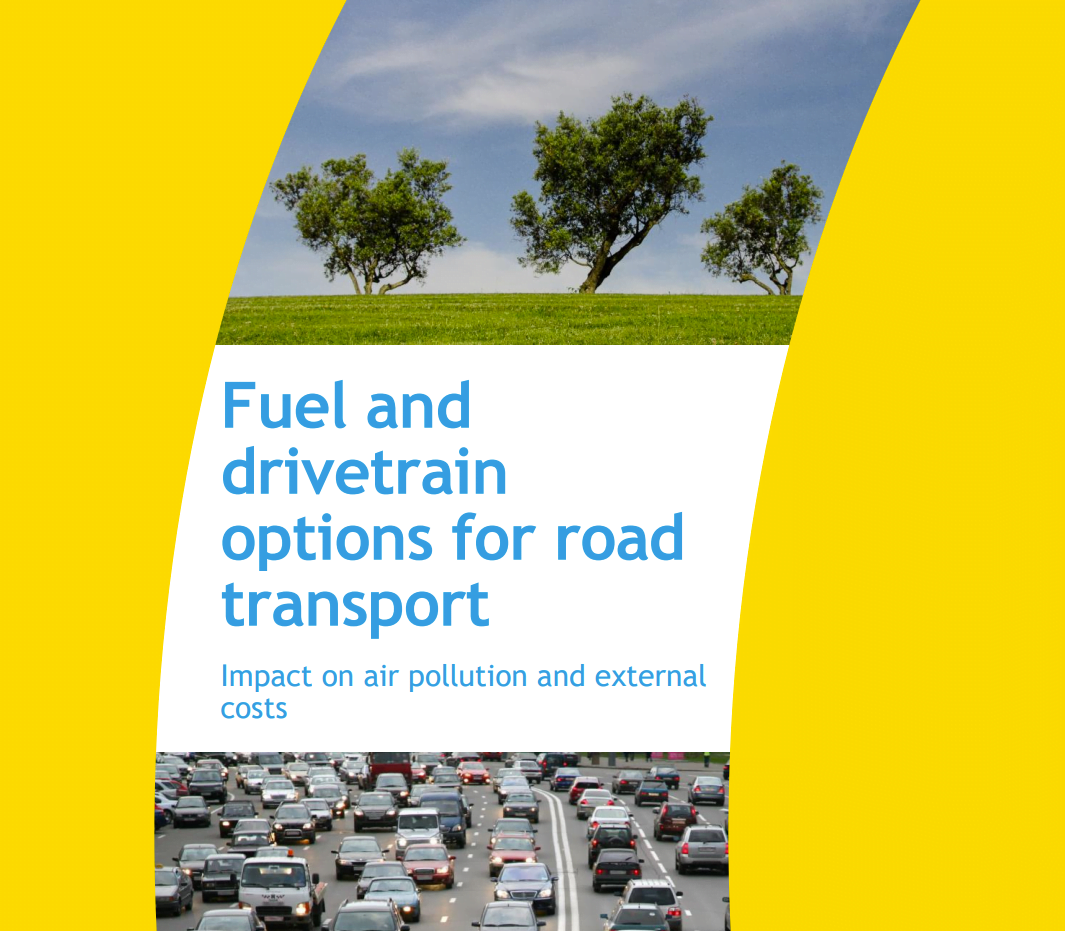
Air pollution reduction of diesel replacement revealed

SUMPs are not just for cities: Regions Working Group meets

Registration for the Annual POLIS Conference 2022 is now open!
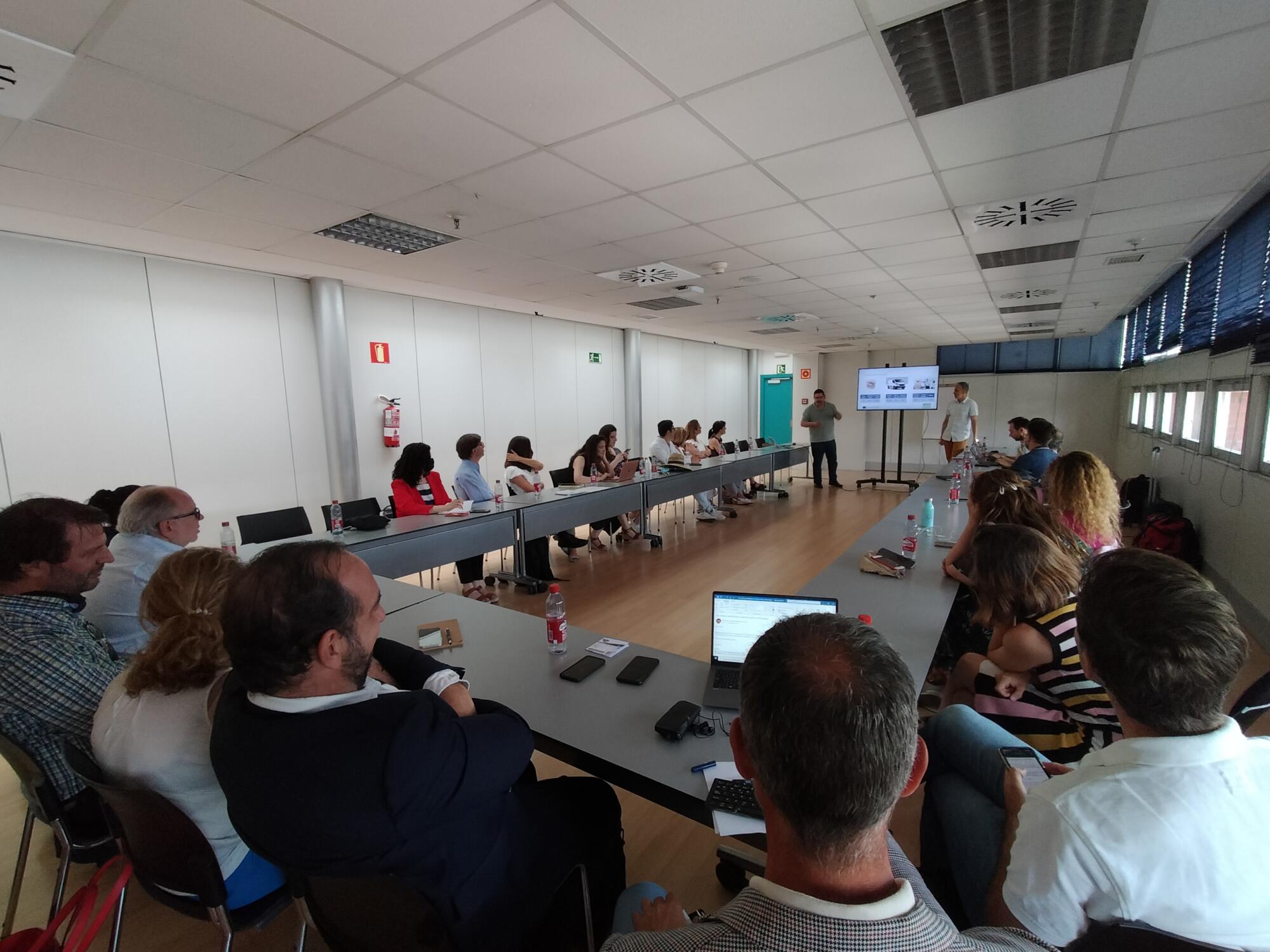
Madrid’s new micro hub reduces the distance travelled for deliveries by 33%
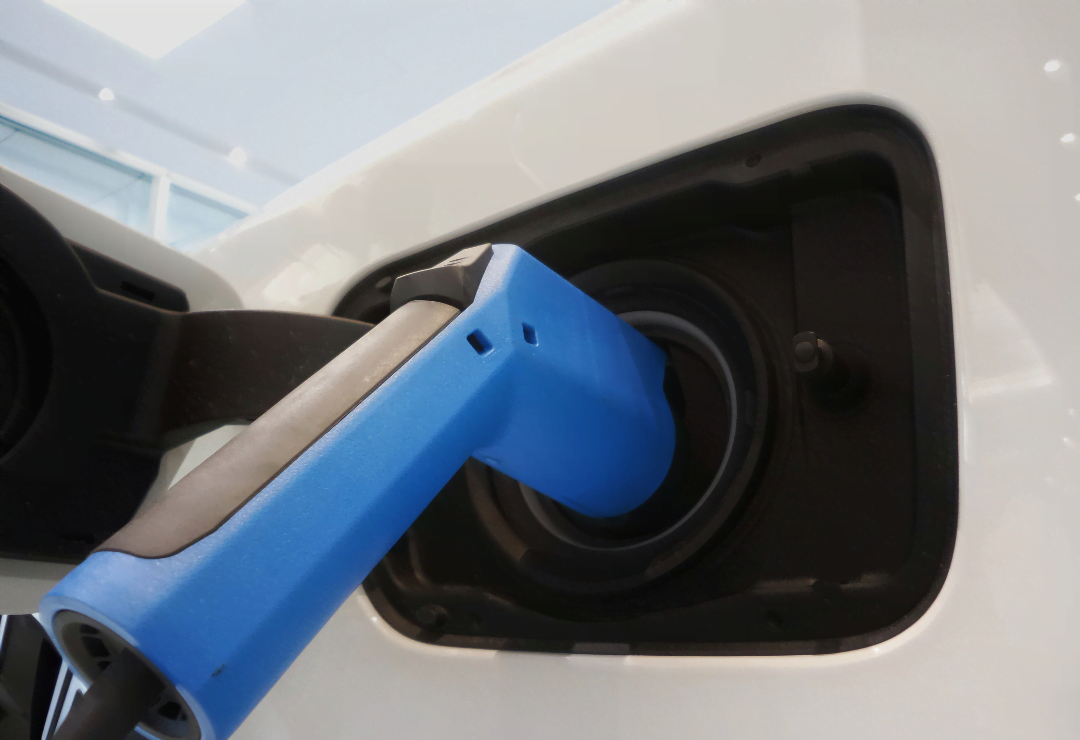
Alternative fuels regulation: bring local & regional actors on board!

All hands on deck at POLIS’ Glasgow Leadership Summit!

POLIS Working Groups: What you missed

European Parliament approves binding mandate to decarbonise passenger cars
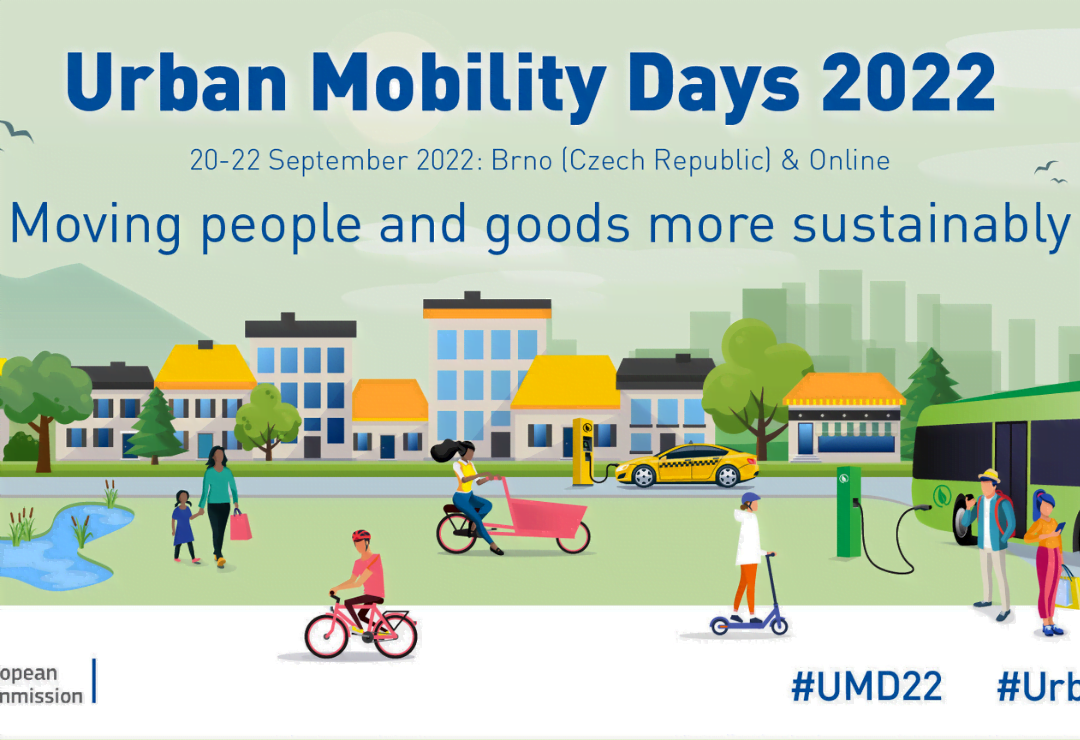
Registrations for Urban Mobility Days 2022 are now open
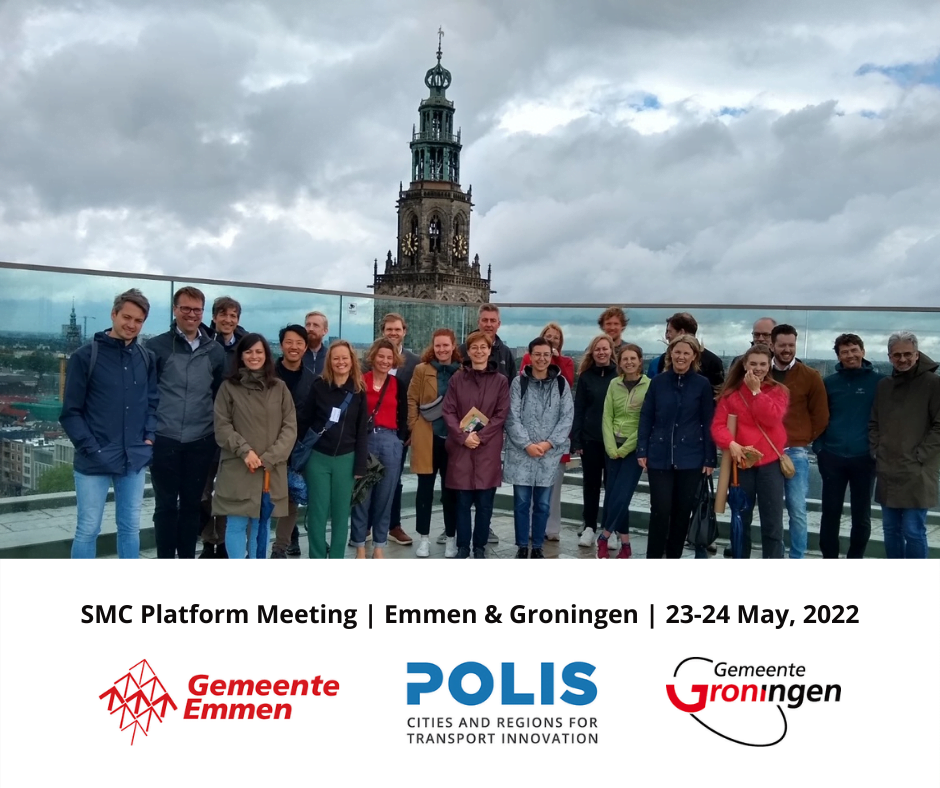
SMC Platform convenes again in Emmen and Groningen

Urban Transport Community successfully wraps up its first High-level Workshop in Brussels
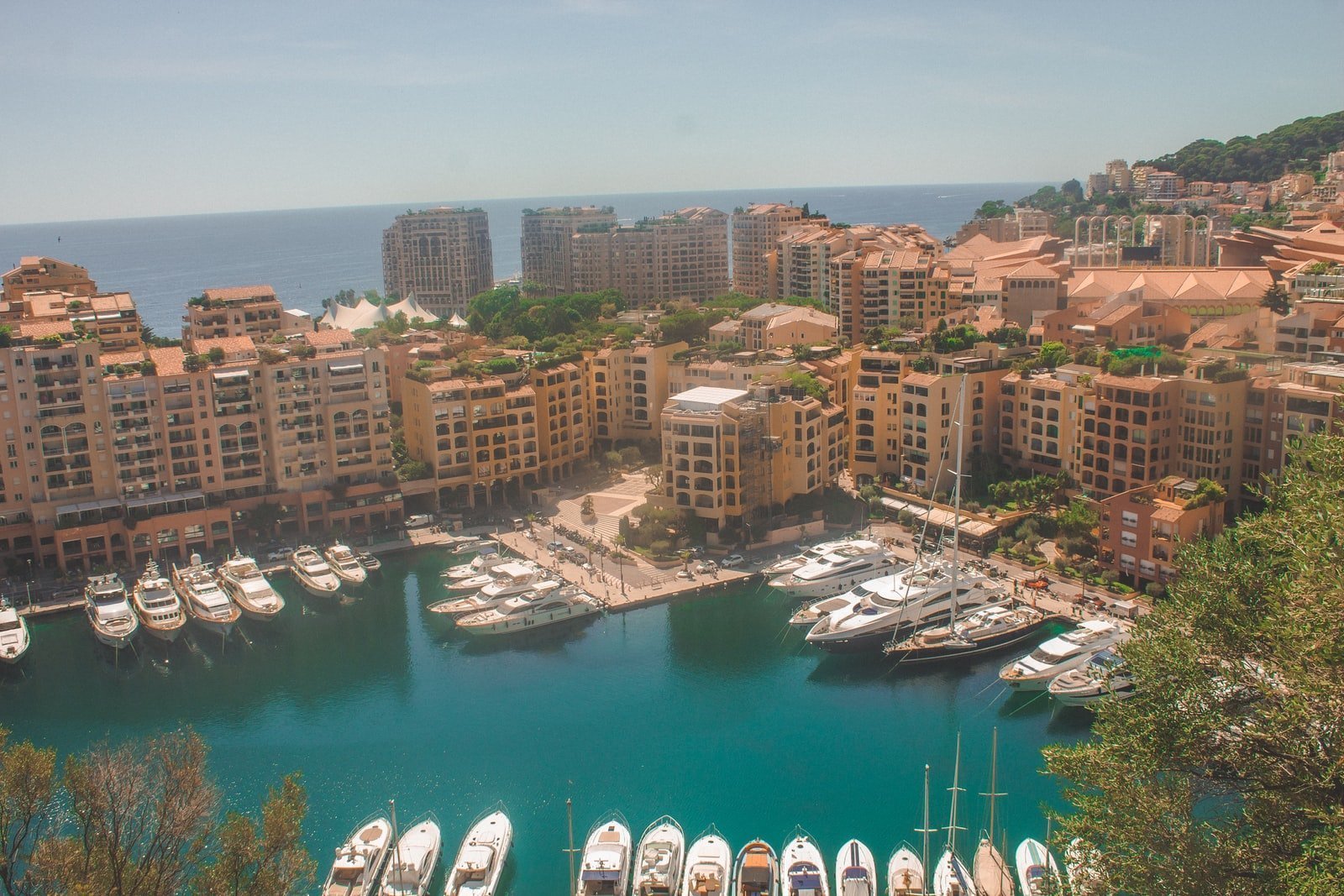
Urban Transport Community shares policy brief on sustainable tourism and mobility in the Mediterranean

SURF Final Report gives insights on sustainable urban freight

POLIS calls on EP to push for more ambitious CO2 targets
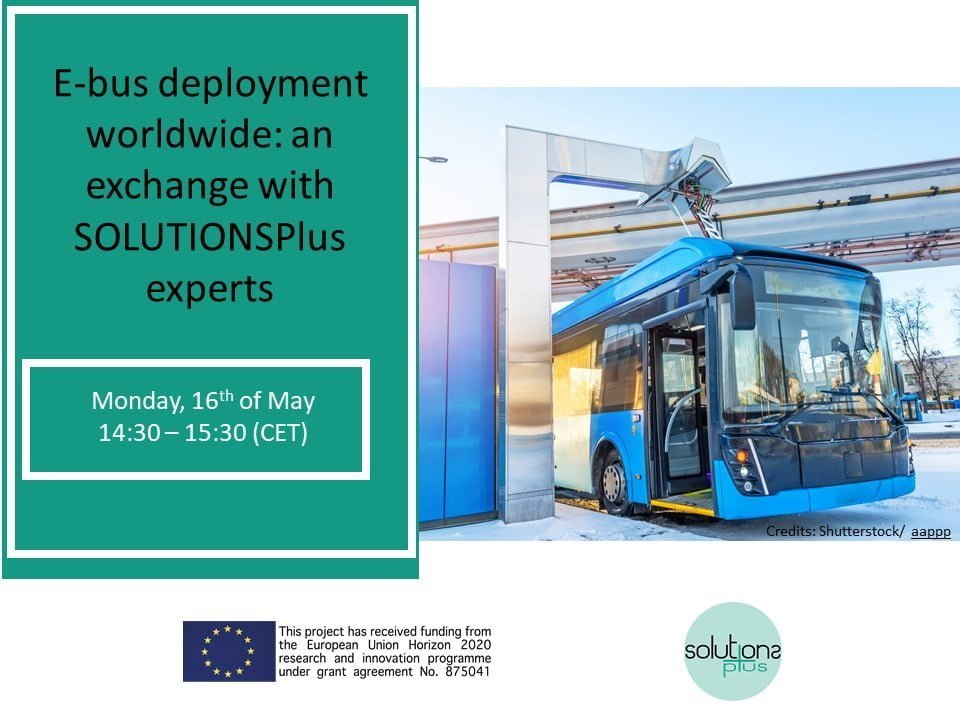
Join the event “E-bus deployment worldwide: an exchange with SOLUTIONSPlus experts”
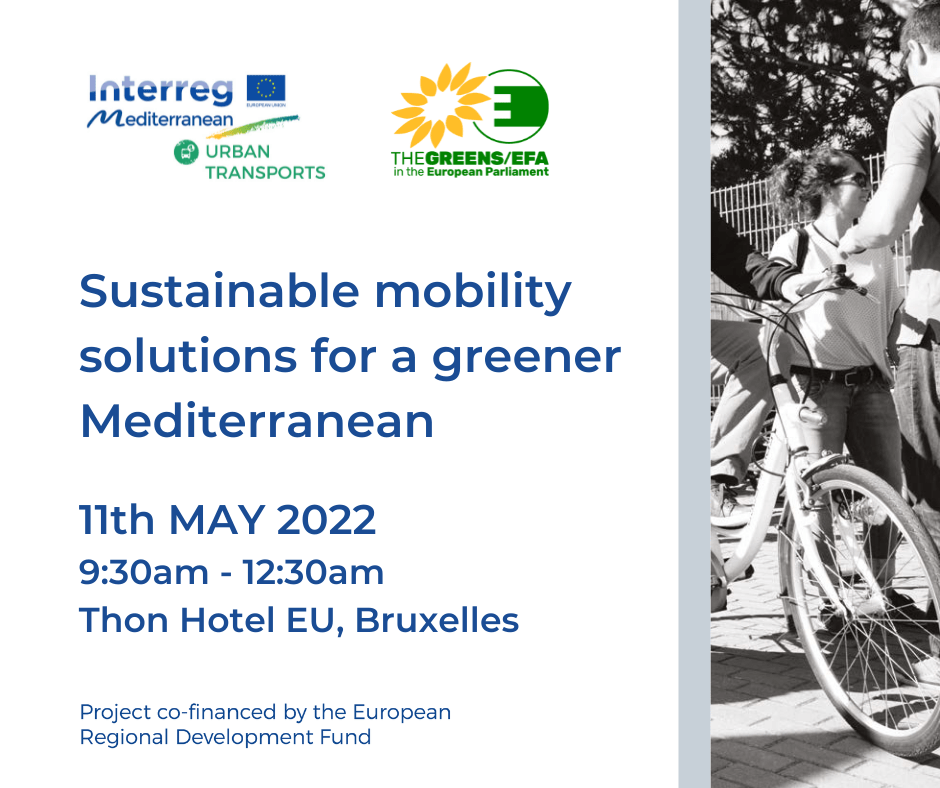
Join us in Brussels to discuss sustainable mobility solutions for a greener Mediterranean

Leadership Summit in Glasgow: Registrations open!

Save the date for the Urban Mobility Days 2022!
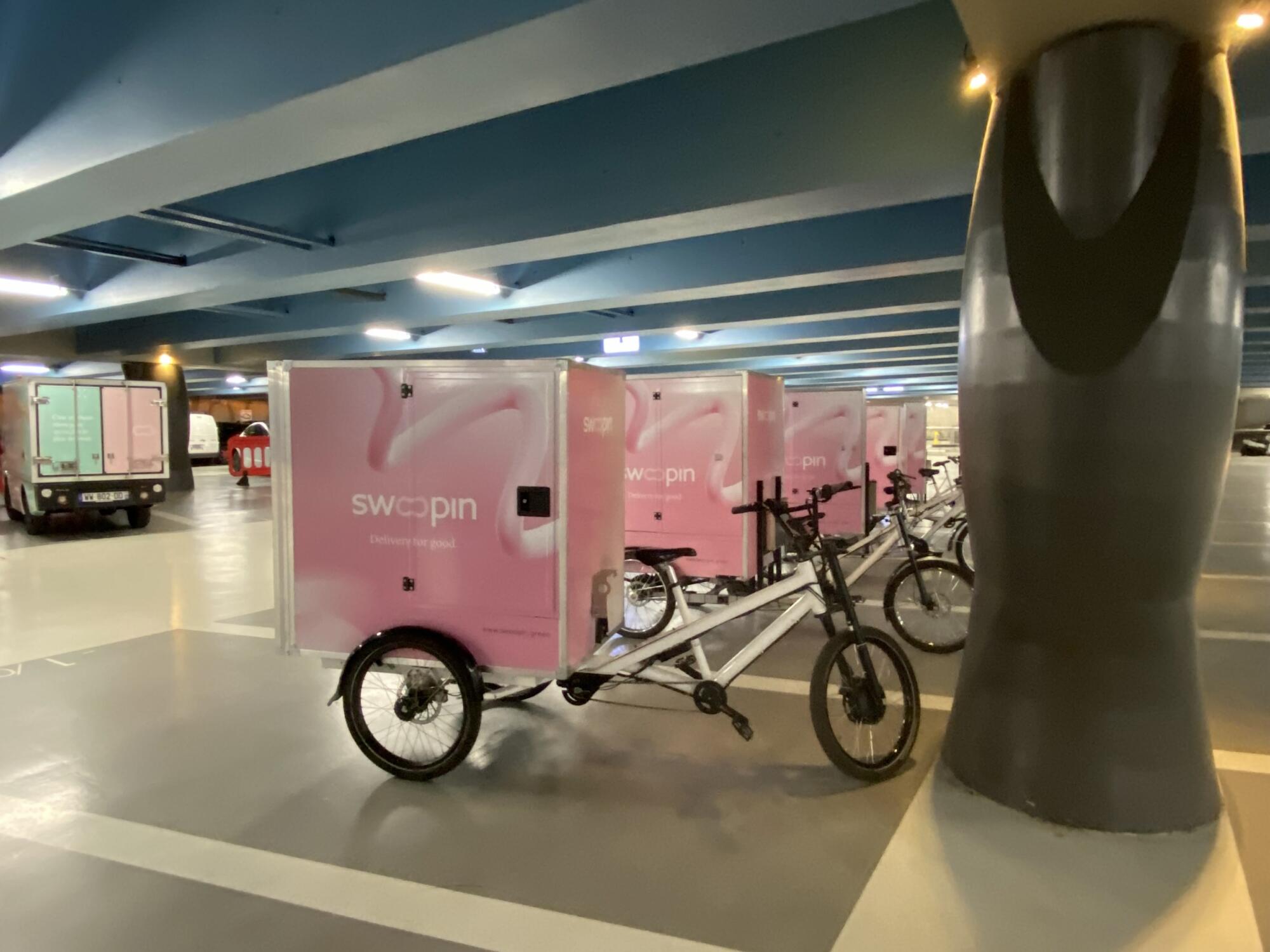
Lyon develops new logistic solution to reduce the carbon footprint of the delivery sector

Governance & Integration: MOMENTUM, disruption and data
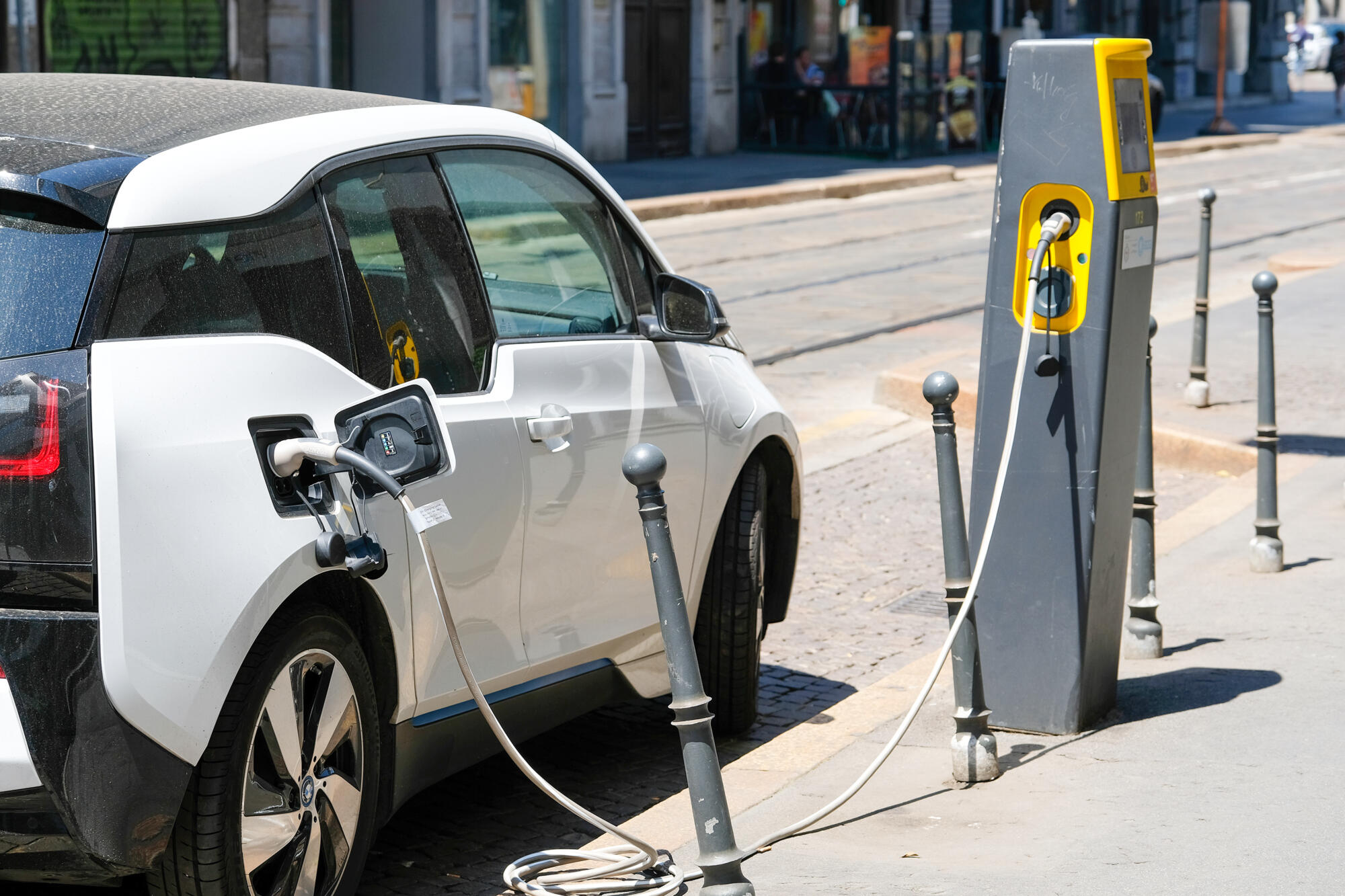
POLIS is looking for an expert to prepare a Policy Brief on e-mobility in the Mediterranean
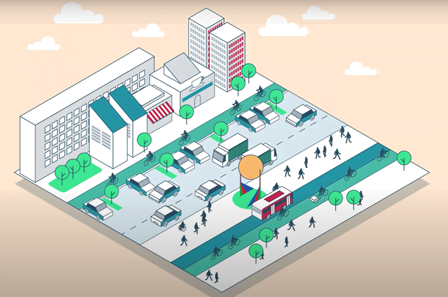
MORE project releases a video featuring MORE project goals for street space redesign and urban space reallocation
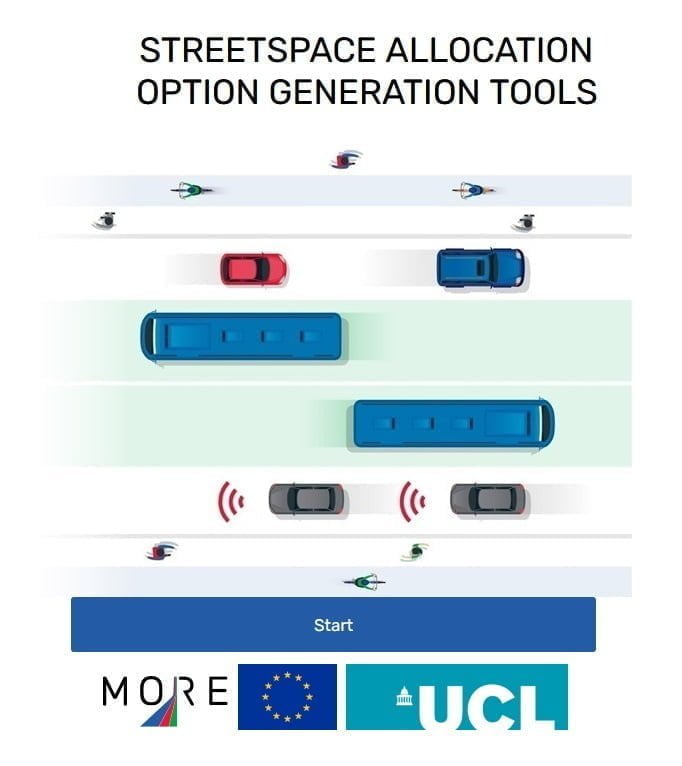
Get to know the MORE project tools for street space redesign and urban space reallocation!
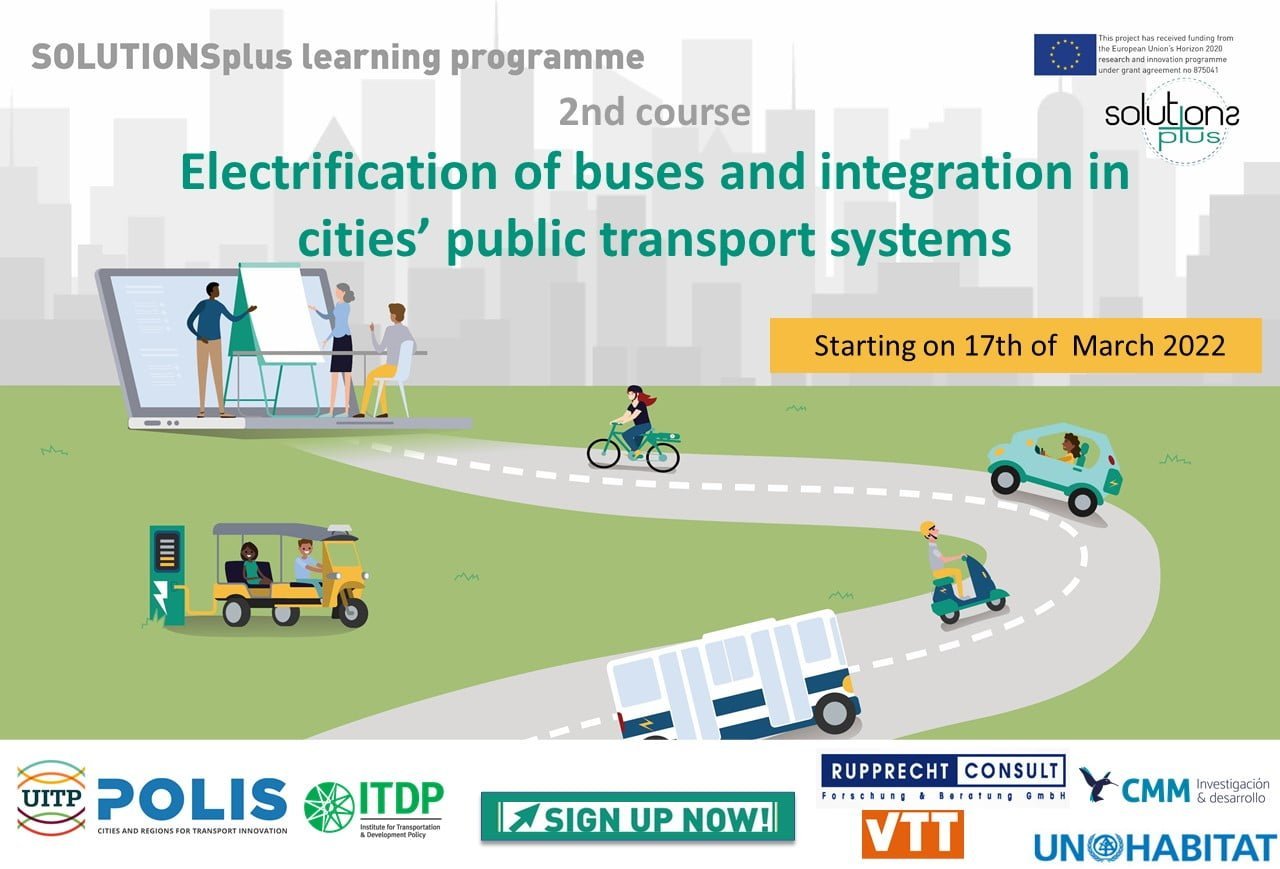
Join the SOLUTIONSplus e-course on the Electrification of buses and integration in cities’ public transport systems!

Contribute to our survey on Sustainable mobility and tourism in the Mediterranean!
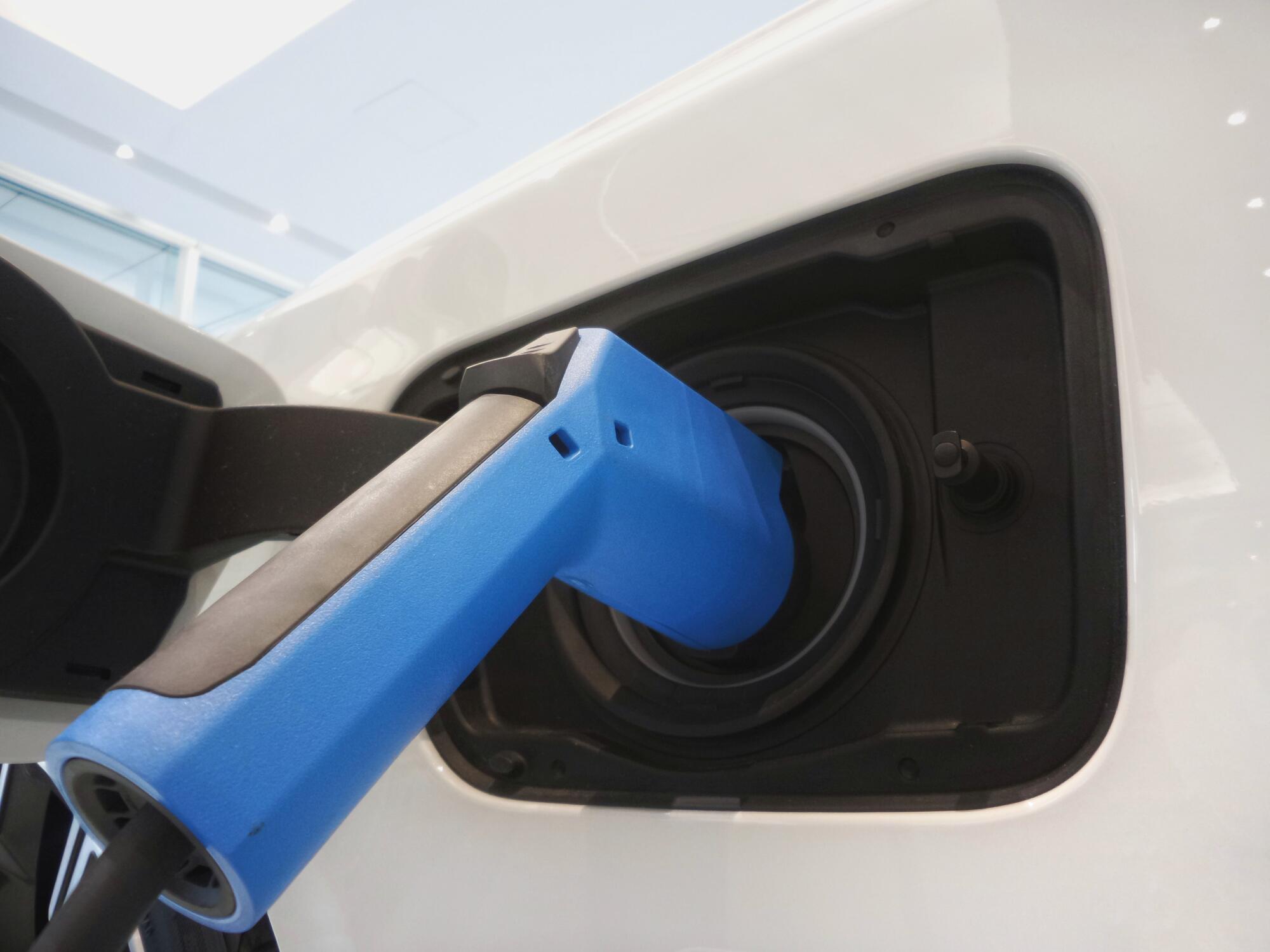
POLIS calls for tighter van CO2 limits in order to drive electrification

3rd POLIS-EPA webinar: Parking goes digital!

Brussels and Paris to establish largely car-free city centres

SAVE THE DATE for the Annual POLIS Conference 2022

Join the SOLUTIONSplus e-course on the Electrification of buses and integration in cities’ public transport systems and our kick-off webinar!
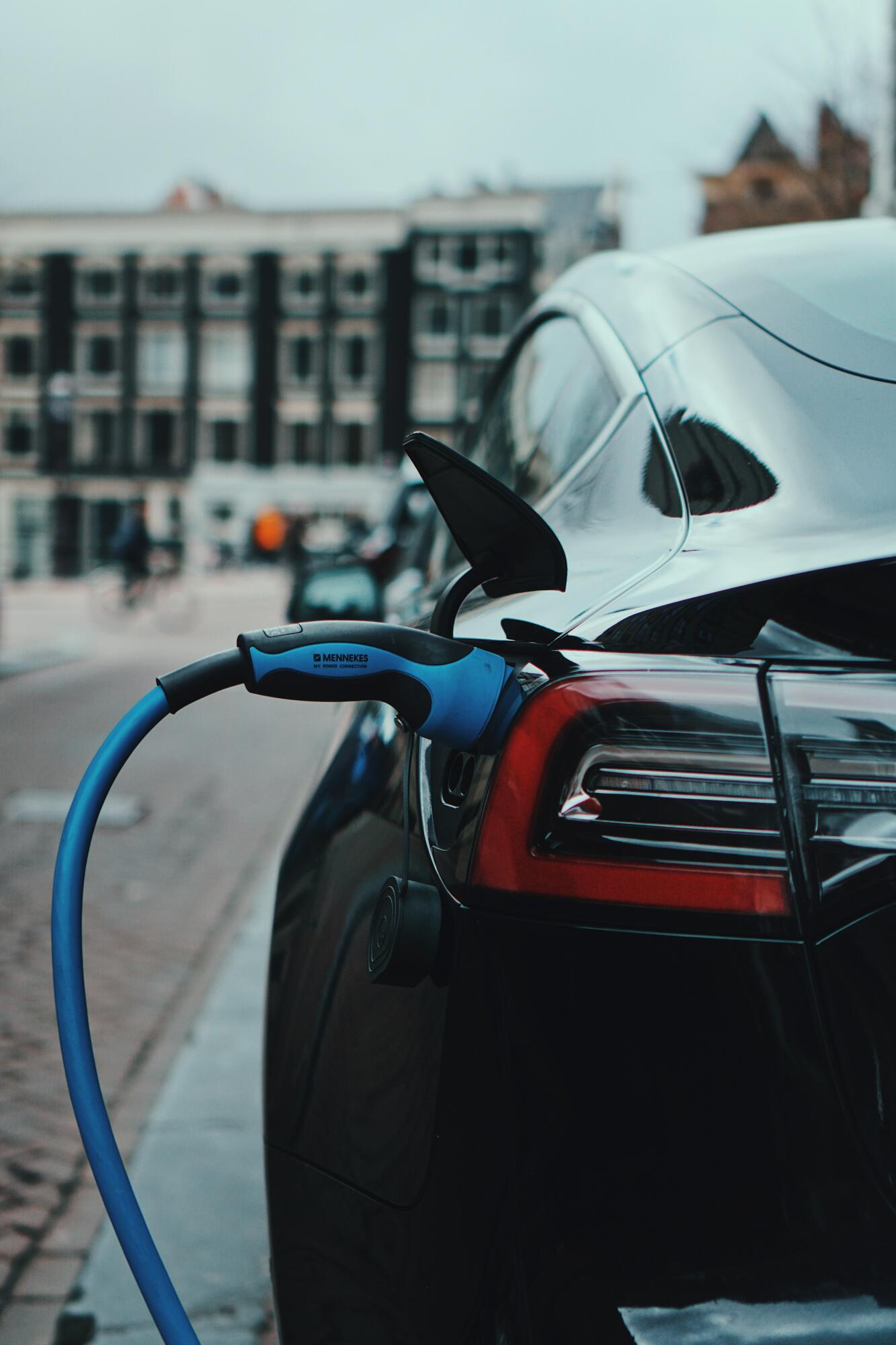
The Platform for Electromobility’s latest report confirms the inevitability of Electric vehicles transition
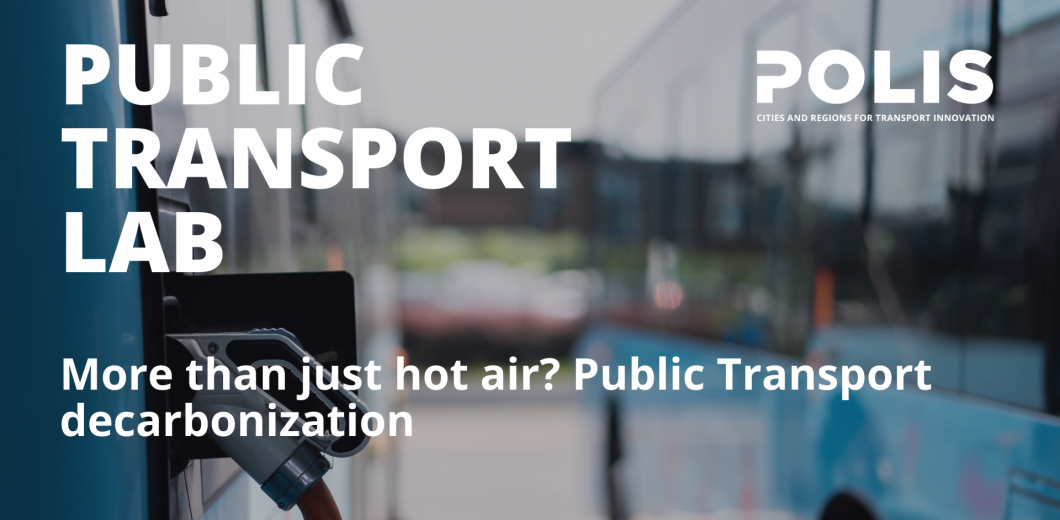
More than just hot air: Public Transport Lab discusses decarbonisation
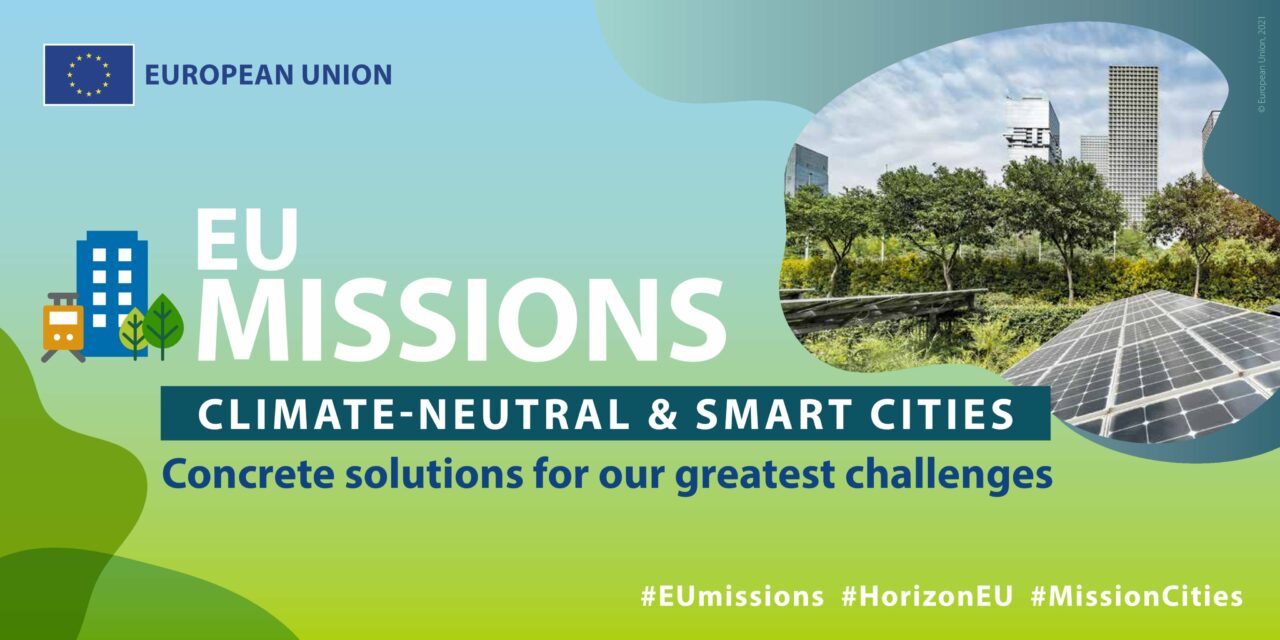
Call for Expression of Interest to join EU Mission “100 climate-neutral and smart cities by 2030” now open
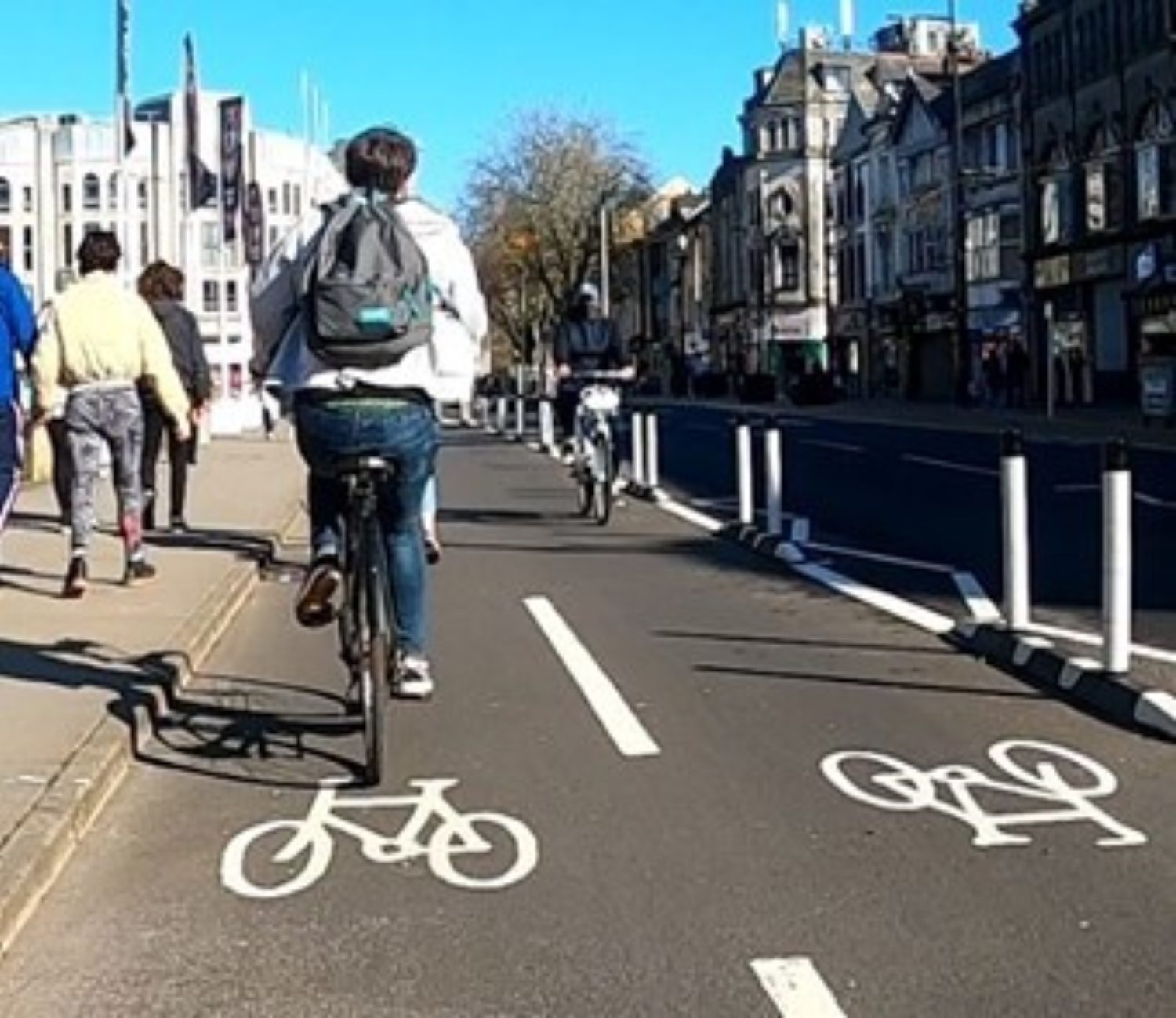
Empowering the citizen: how the WeCount Project has helped amplify the voice of Cardiff citizens
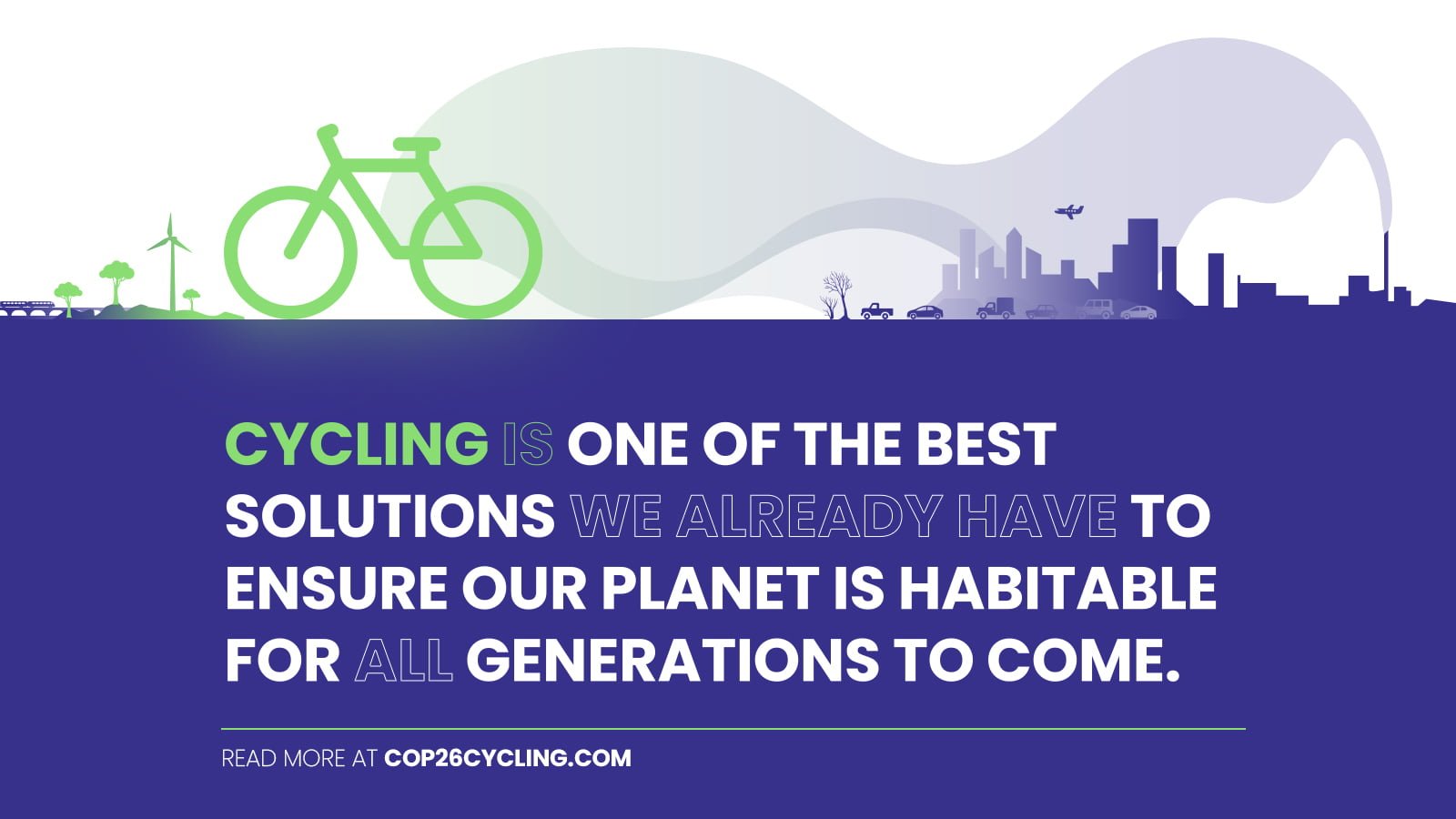
Open letter: Global coalition calls on governments at COP26 to boost cycling levels to reduce carbon emissions and reach climate goals quickly and effectively
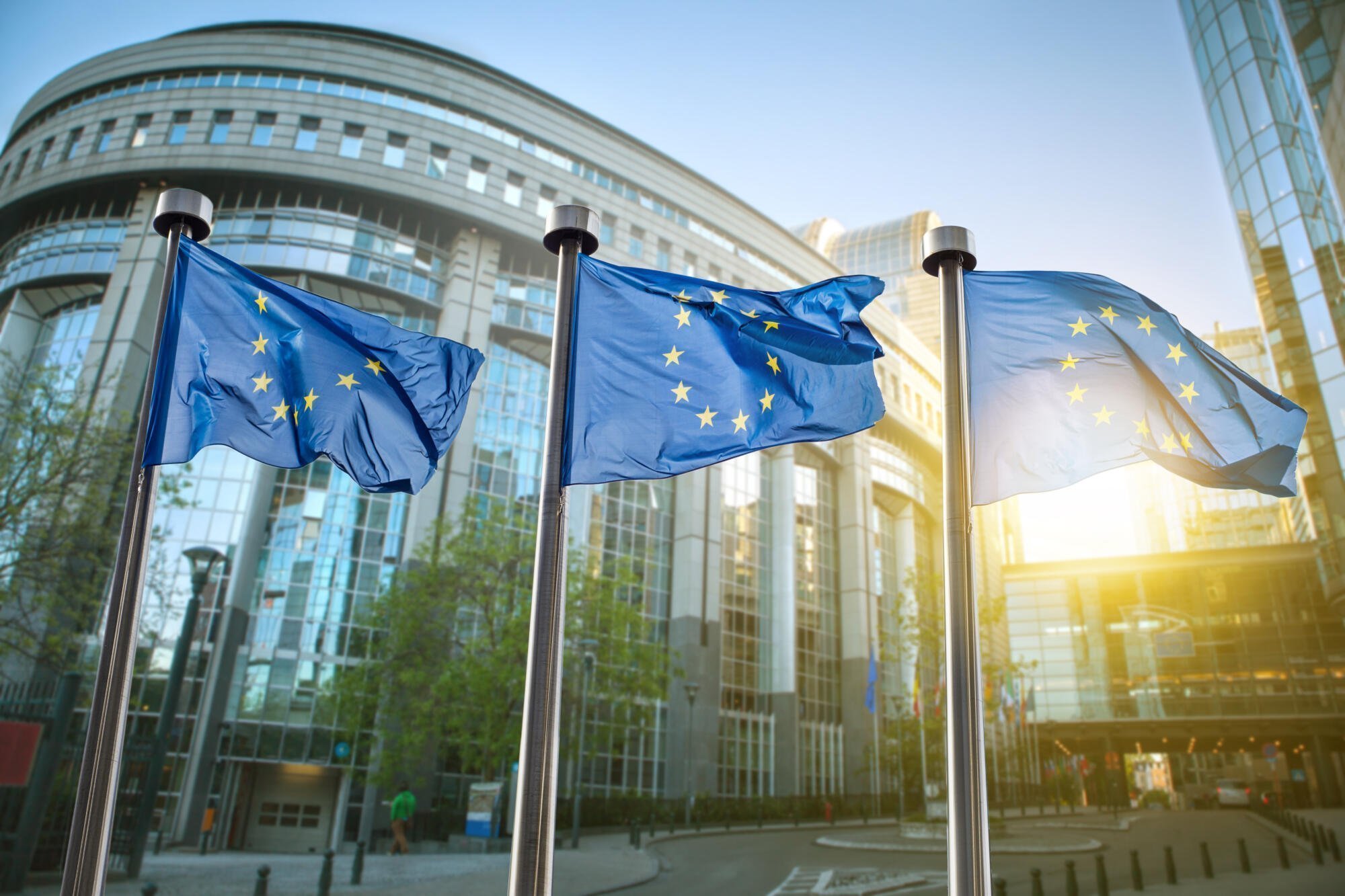
Improving air quality now: it’s Europe’s time to act!

Hamburg promotes dialogue with fellow German cities on electrifying the taxi sector
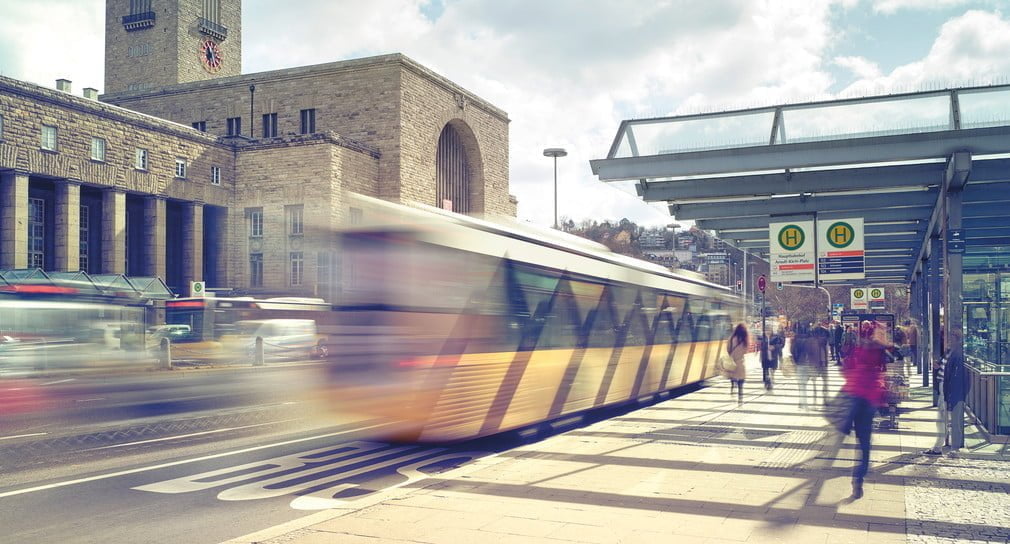
Baden-Württemberg introduces “Public Transport Guarantee” financed by car owners
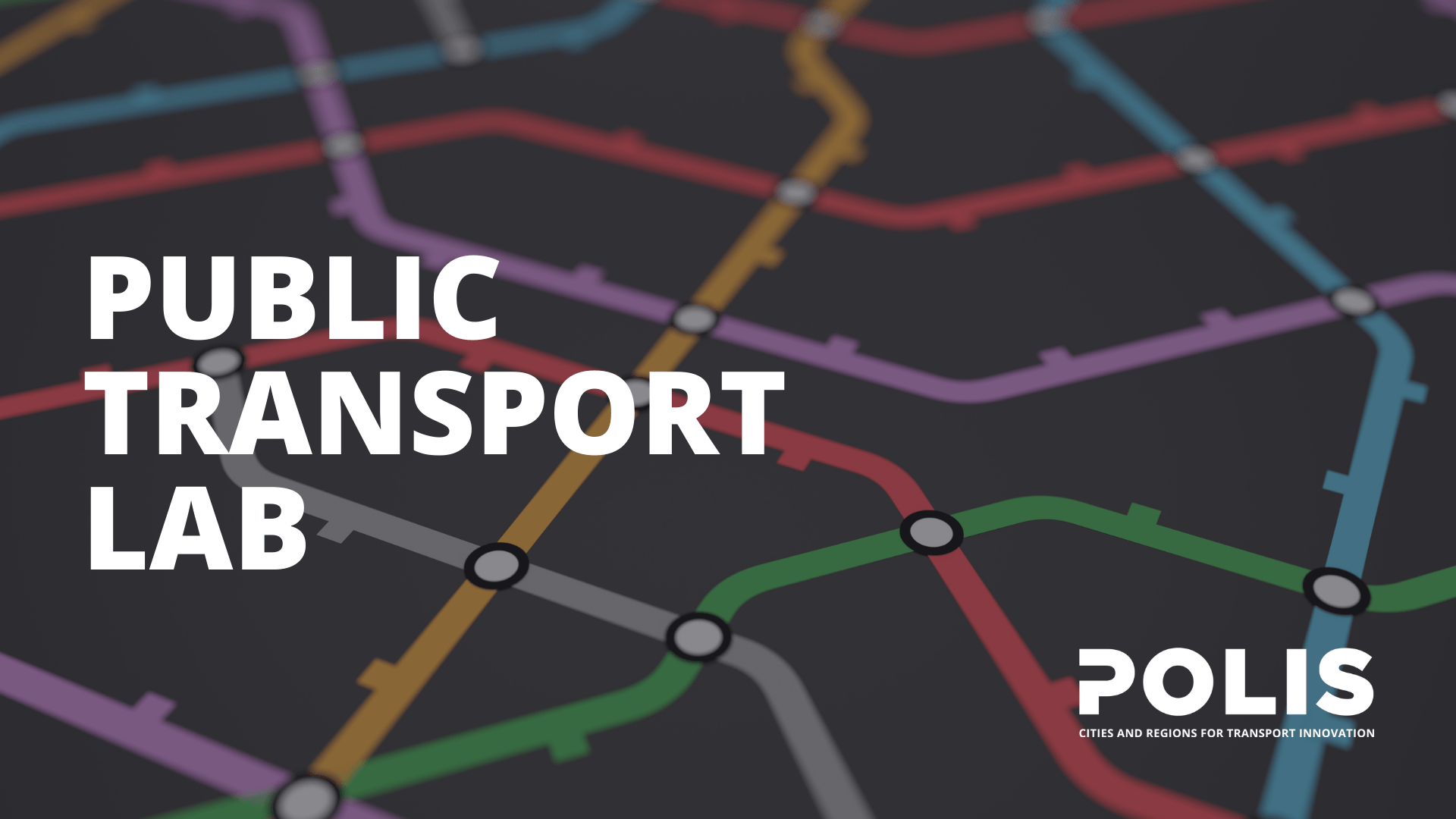
POLIS launches the Public Transport Lab, a webinar series on the future of public transport
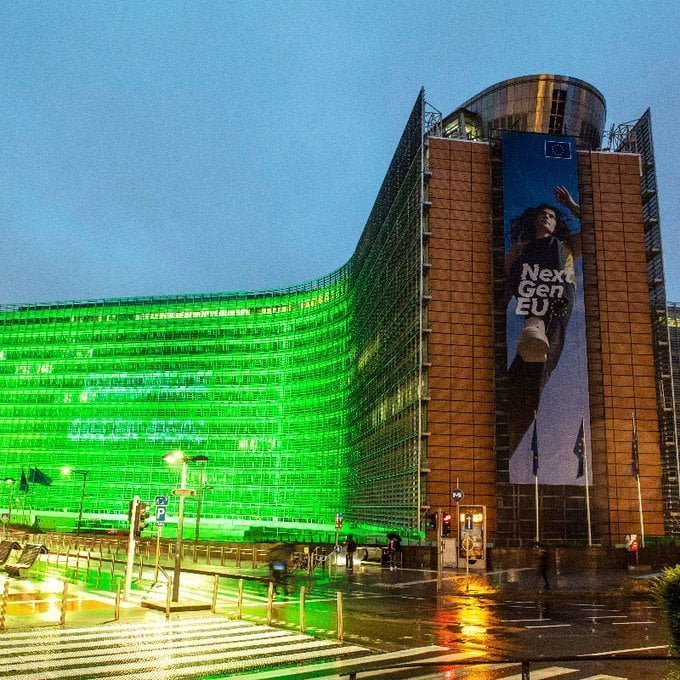
Fit for 55 package: What does it mean for local and regional authorities?

Securing the right jobs and skills for sustainable mobility
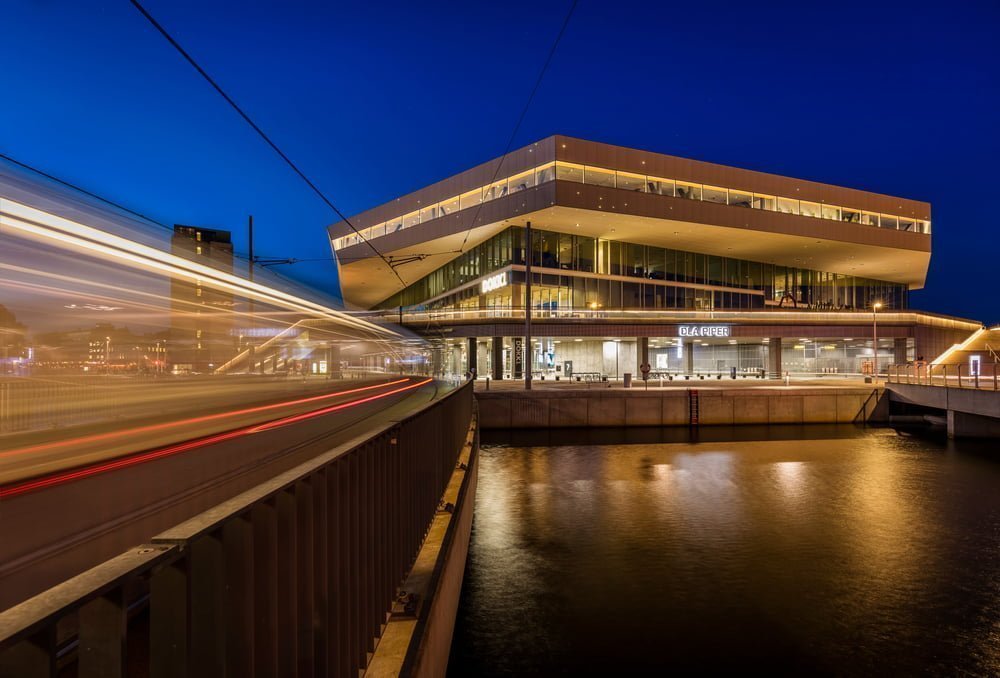
Small and medium-sized cities discuss urban nodes, zero-emission freight and city attractiveness

Brussels will phase-out diesel cars by 2030 and fuel vehicles by 2035
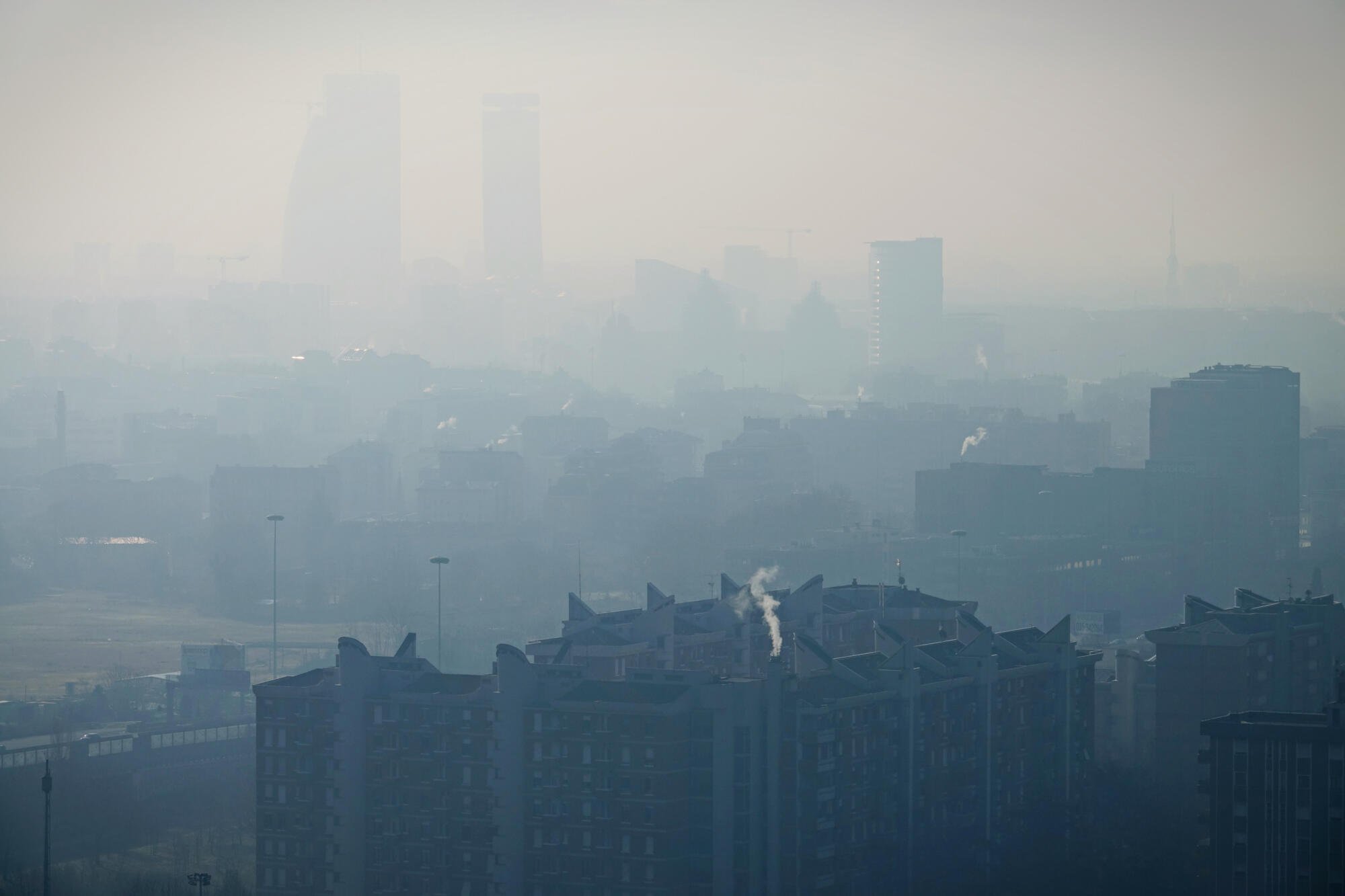
The European City Air Quality viewer: a reminder of the road ahead

Promoting soft mobility in the Mediterranean: Policy Brief now available!
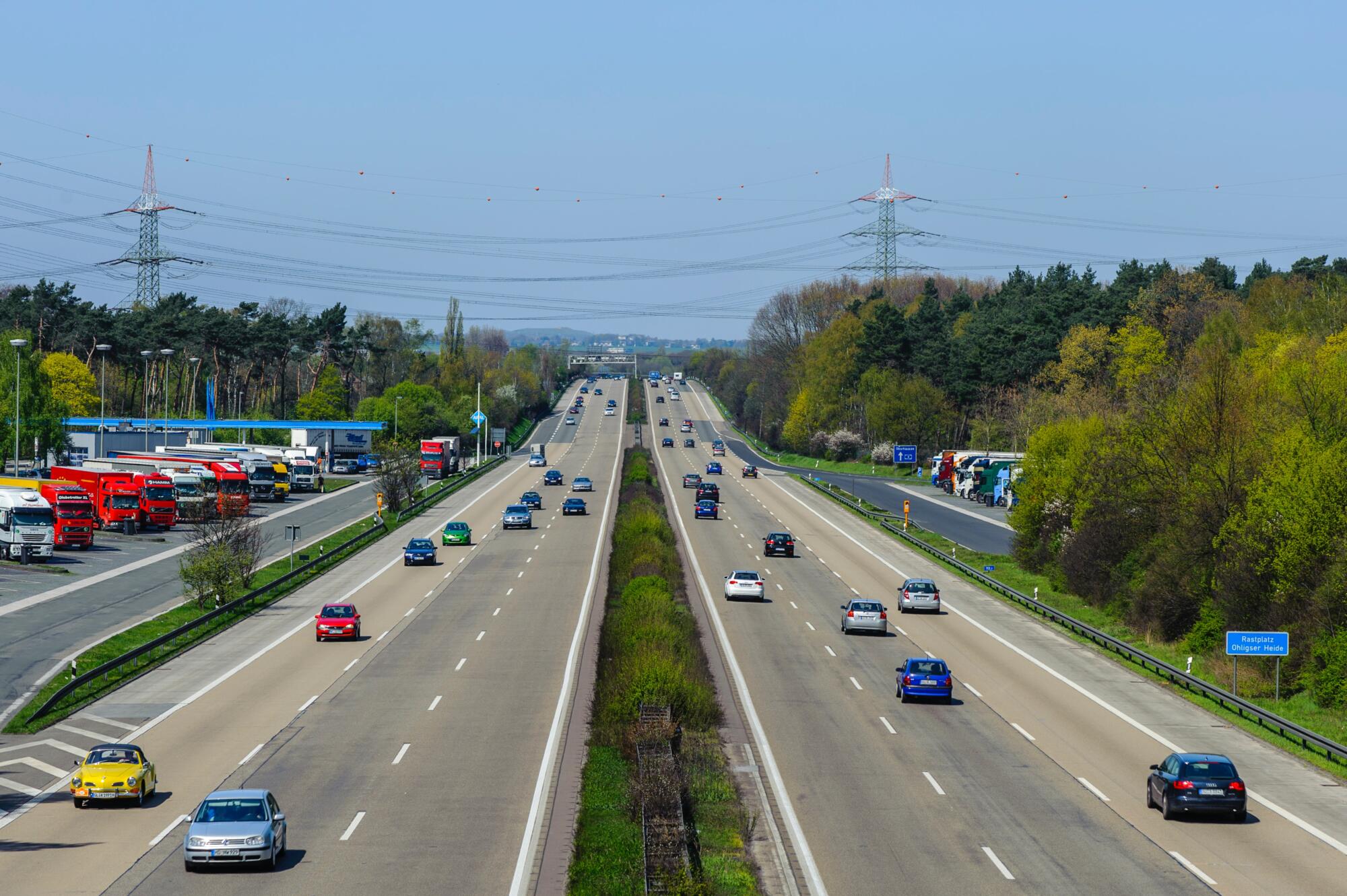
Flanders’ pioneering “green sensors” show vehicle emission worse than expected
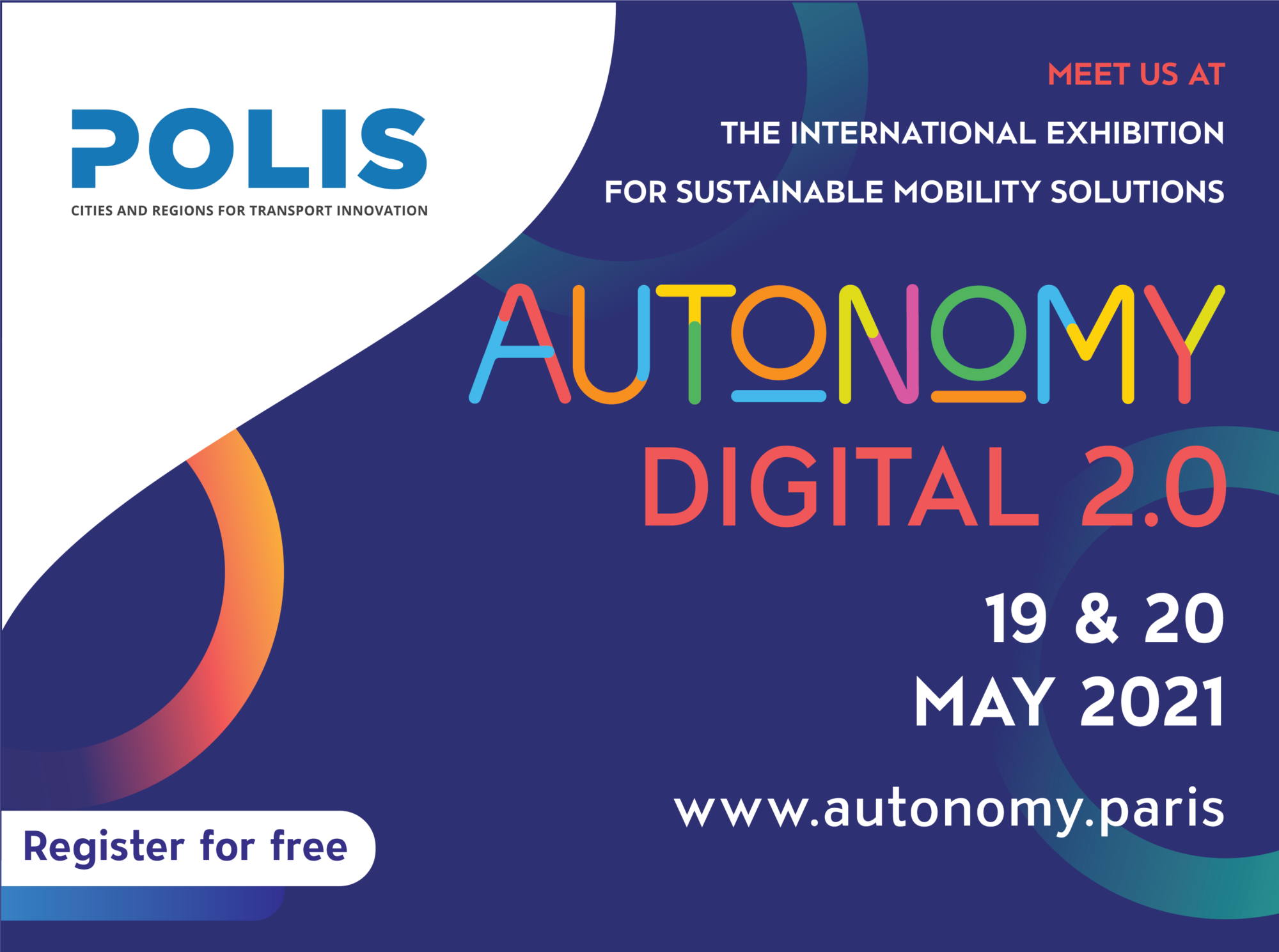
Autonomy Industry Talks: POLIS members make a splash
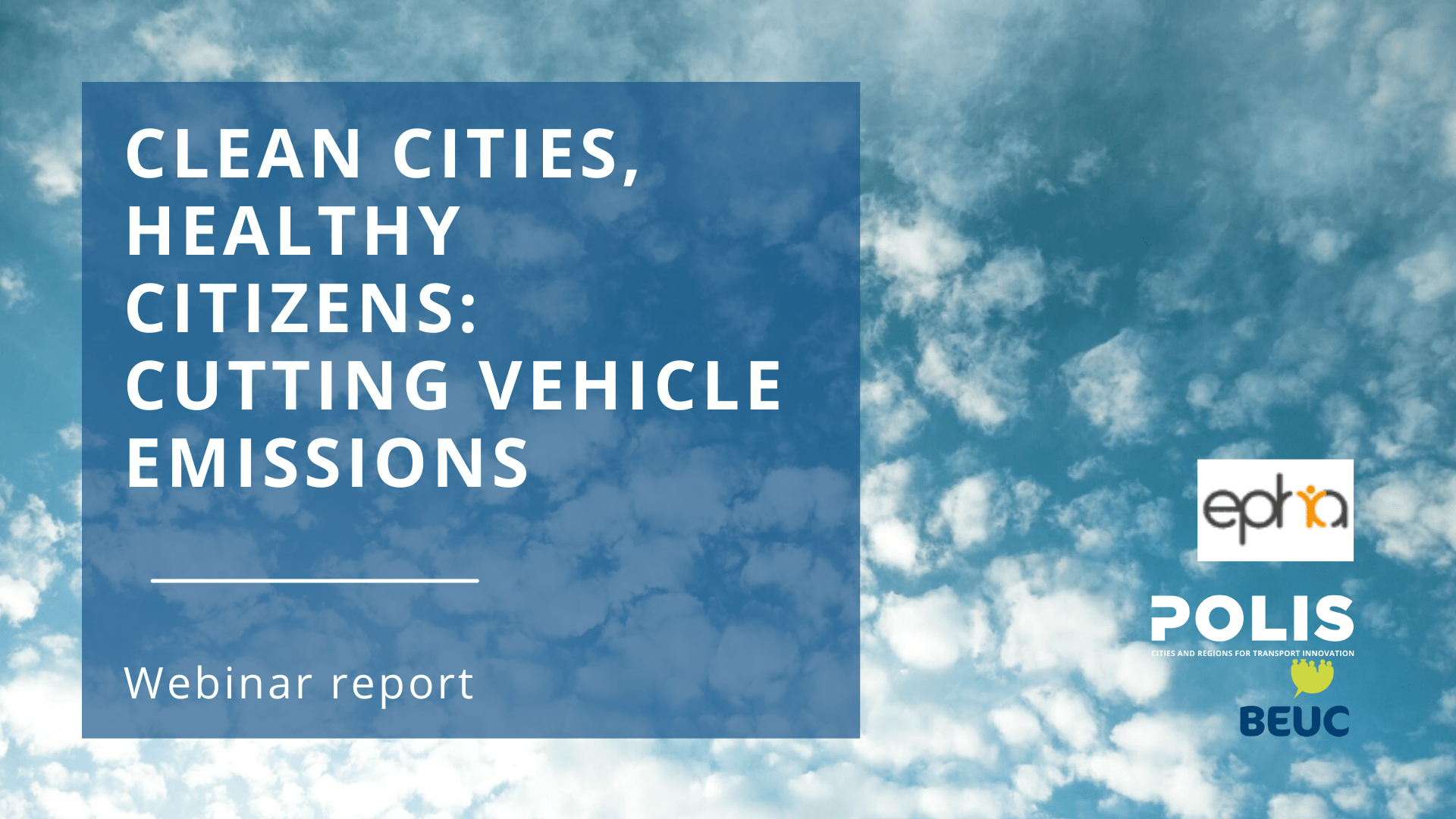
Clean Vehicles and Air Quality Working Group joins BEUC and EPHA for collaborative webinar
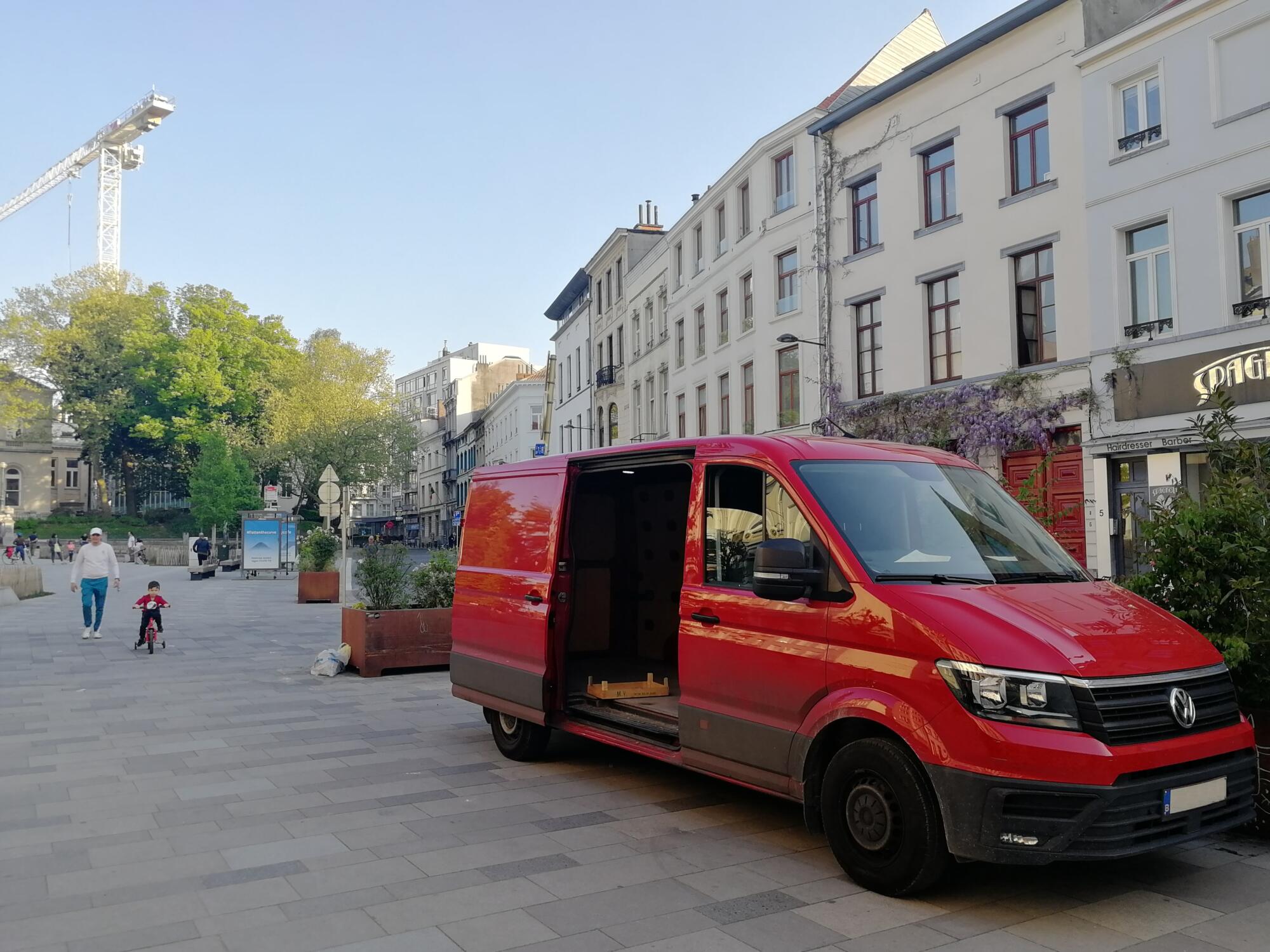
POLIS launches SURF, a new project on Sustainable URban Freight

Air pollution hot spots revealed

Joint letter: More support is needed for clean bus infrastructure

New recommendations for developing electric charging infrastructure

Gothenburg establishes pioneering ‘Green Zone’

Smart solutions for electric driving: Ile-de-France takes charge
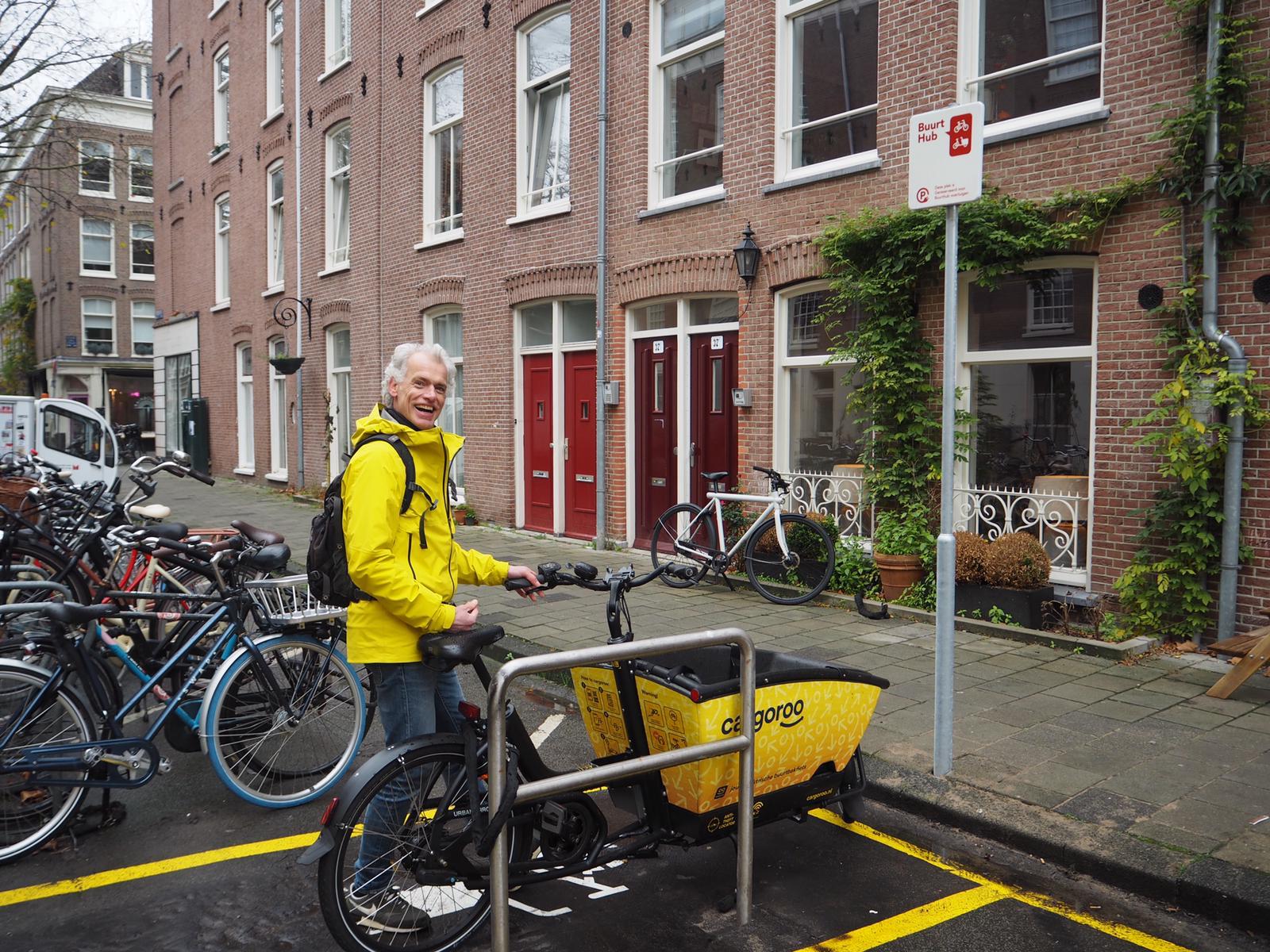
Amsterdam launches its first eHUB. With many more to come!
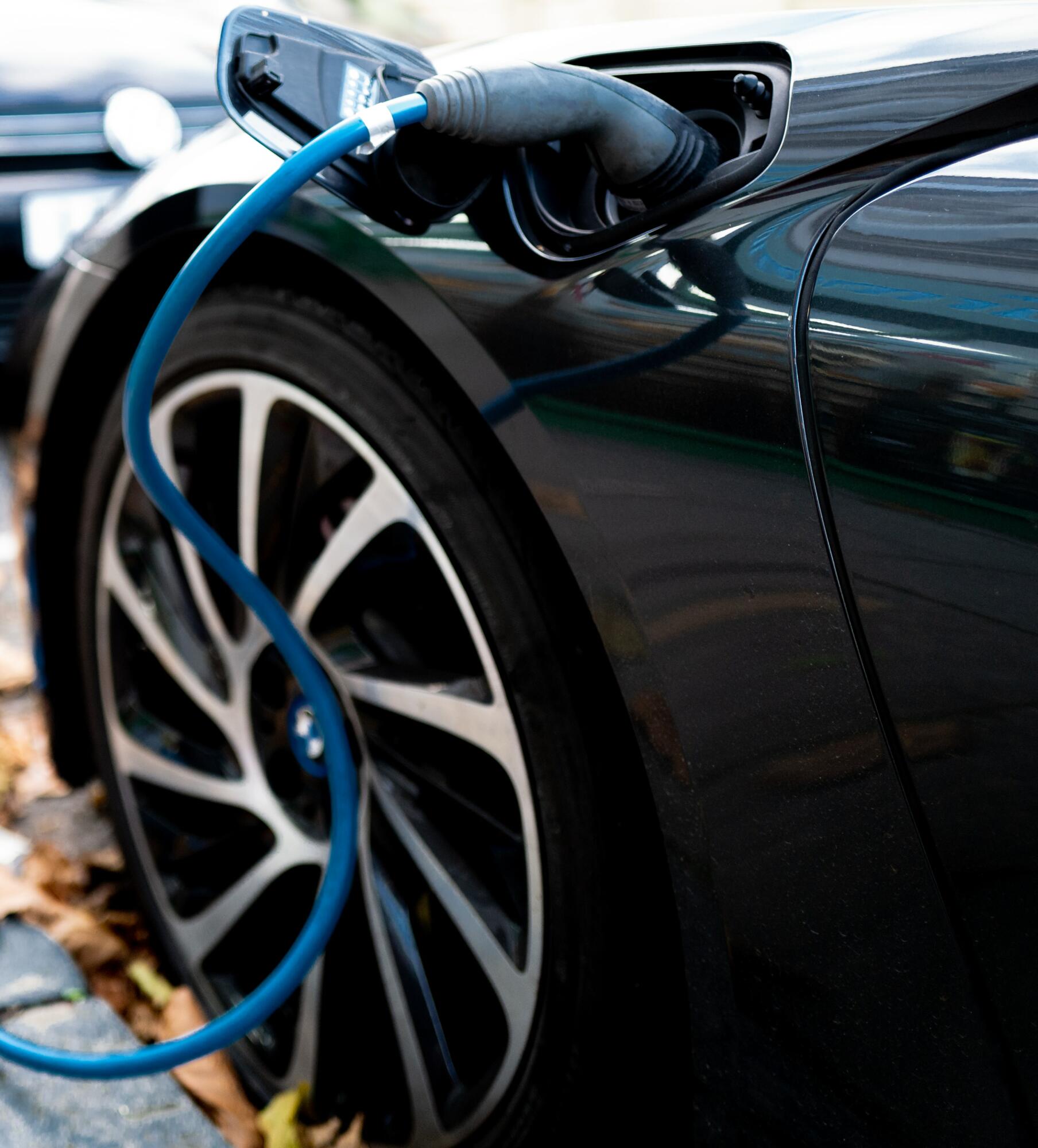
Madrid expands ultra-fast electric charging
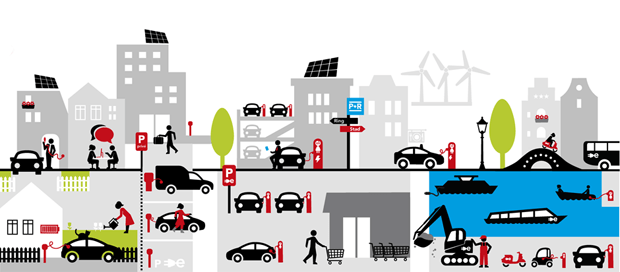
Amsterdam rolls out electric charging strategy

Brussels develops intelligent kilometre charge

POLIS and IRU pledge to enhance collective mobility in cities

Clean trucking into a greener future: Electrifying EU logistics
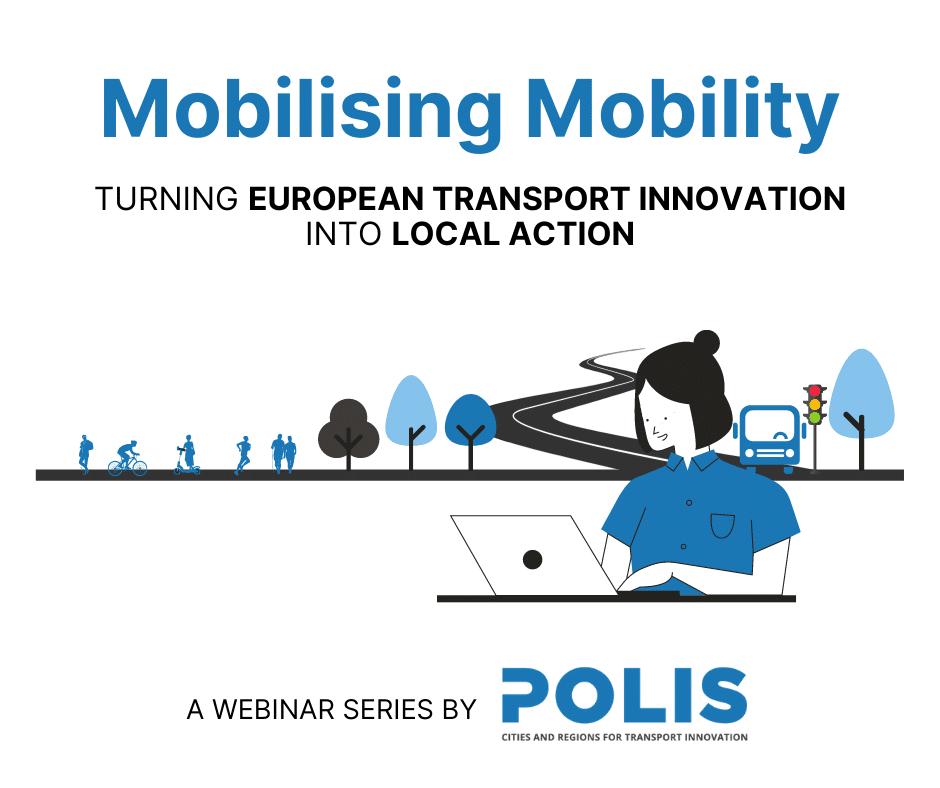
Mobilising Mobility Webinar Series: November

POLIS call for new approach to post-Euro 6 vehicle emission standards
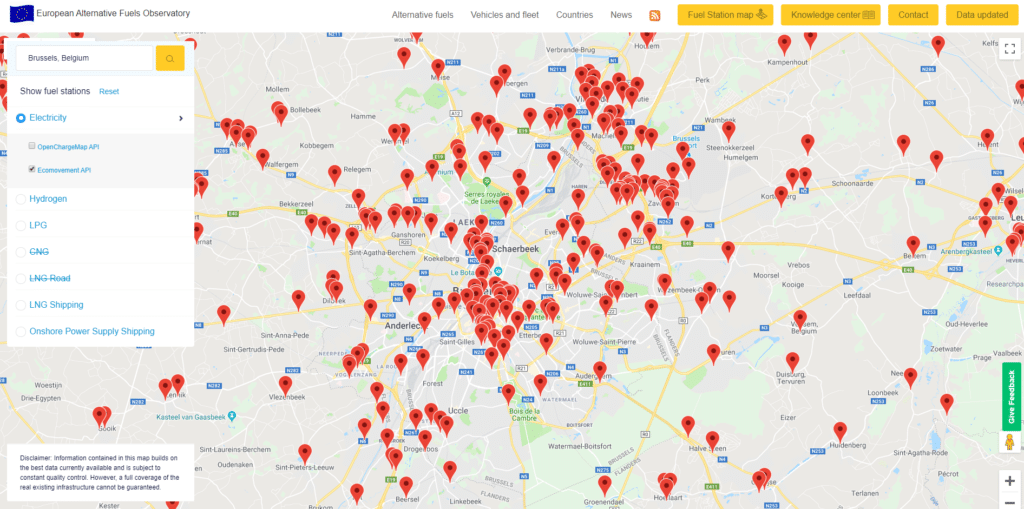
Webinar recording available: latest developments of the European Alternative Fuels Observatory (EAFO)
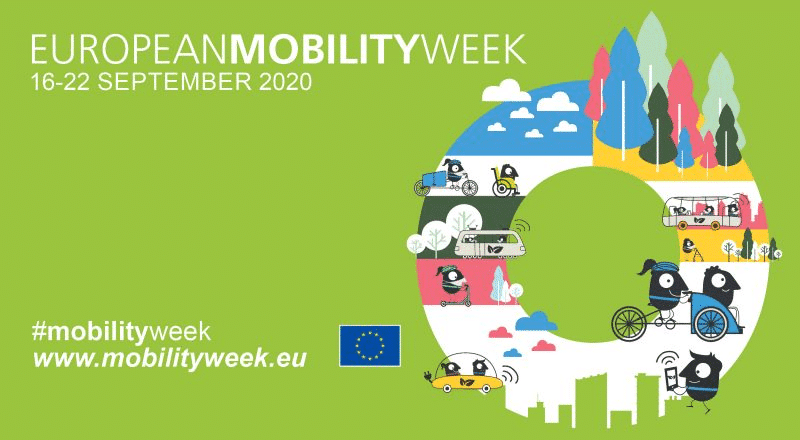
EUROPEAN MOBILITY WEEK 2020 – Registration now open!
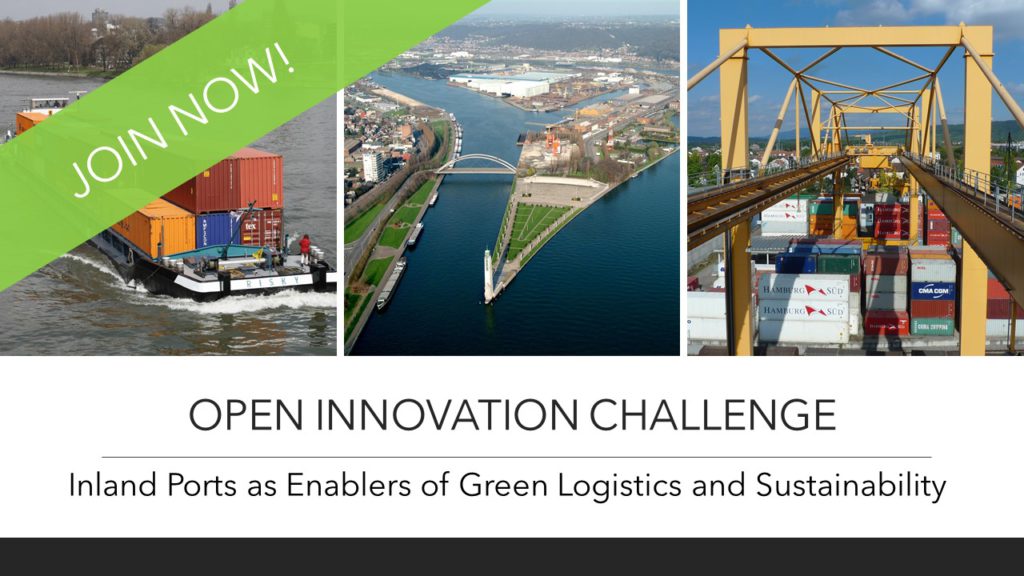
Open Innovation Challenge: Ideas welcomed for inland ports to act on climate

Why You Should Subscribe to the e-smartec Newsletter

Polis leads COP25 workshop on the role of cities in combatting climate change

Scaling up the mass market for zero-emission freight vehicles
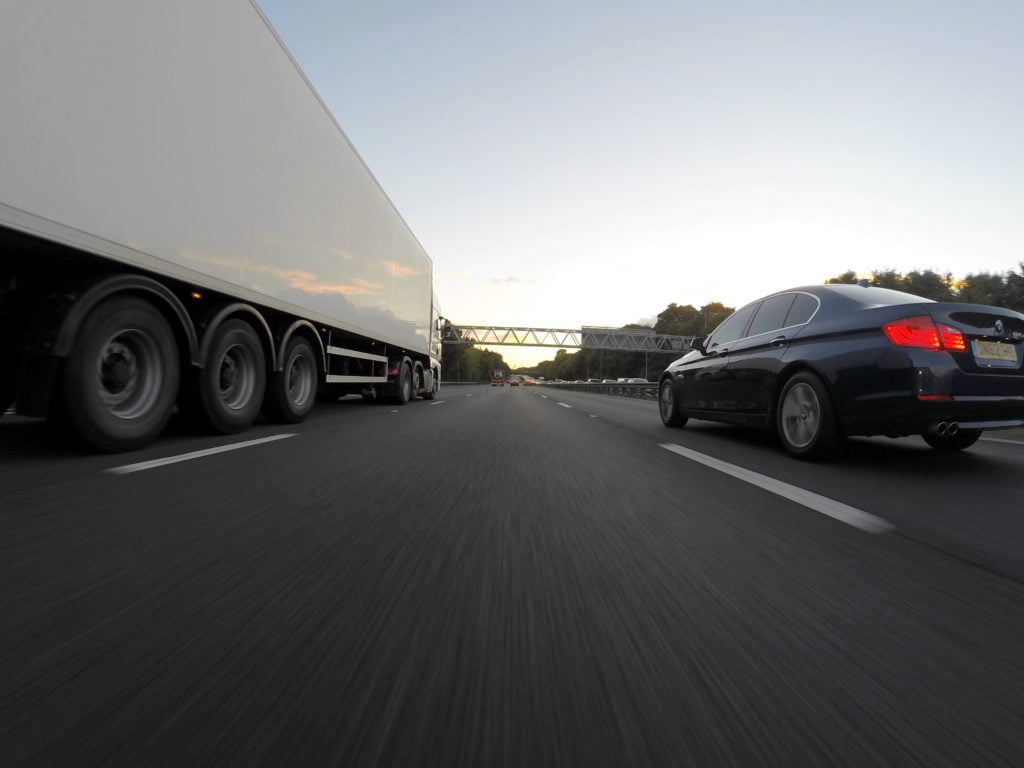
Polis supports call for clean trucks and vans sales targets
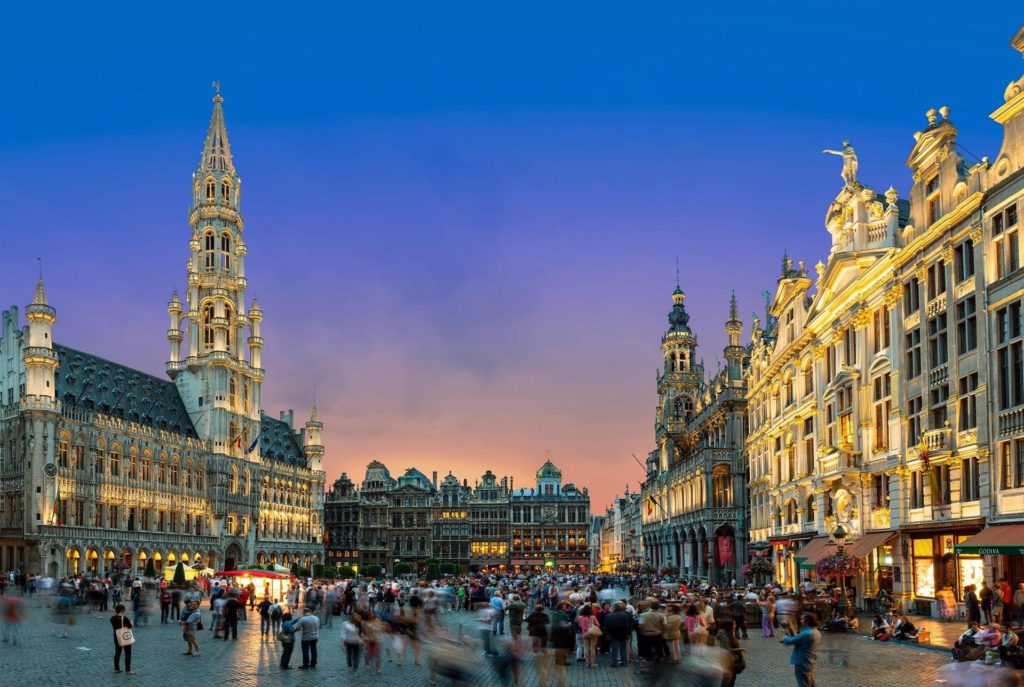
Brussels to ban petrol and diesel vehicles by 2035
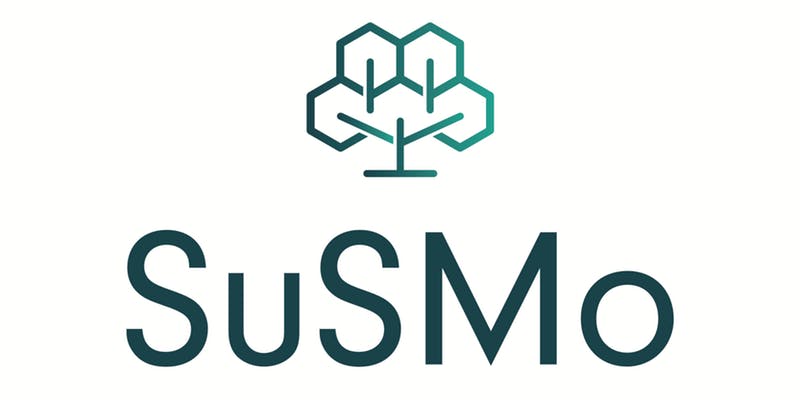
Register for the joint Polis-EIT Climate KIC workshop “SuSMo–Shared Urban Sustainable Mobility” on 28 29 November 2019 in Brussels
When London boroughs get inspired by Dutch cities
Interreg Europe peer review service is open until June 28
INTERREG Europe: Open call for peer reviews
10 YEARS OF ELENA – supporting investments in energy efficiency and sustainable transport
Apply now: Horizon Europe – Mission Board on climate-neutral and smart cities
Five sustainable urban mobility priorities for healthy and liveable cities
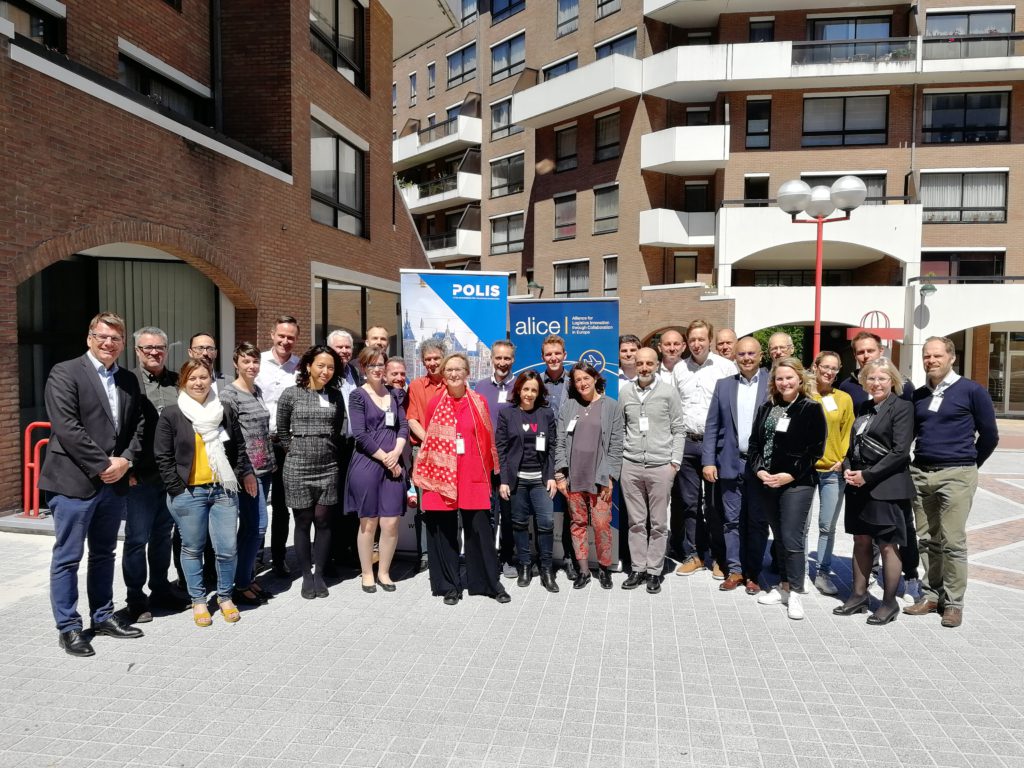
Cities-industry cooperation to accelerate deployment of sustainable city logistics solutions
Cycle Education – Get on yer bikes!
Guidelines published on procuring zero emission delivery of goods and services in cities
TRA2020 Helsinki Call for Invited Sessions open
Milan launches Area B, Italy’s largest Low-Emission Zone
Towards “zero-emission” cities
Commission releases criteria for Green Public Procurement of road transport services
Clean Vehicles Directive final talks – what does it mean for cities?
European Commission shares first findings on the true costs of EU transport
Romanian EU Council Presidency: what’s in for transport?
European cities and logistics industry kick off strategic dialogue on urban freight solutions
Future urban mobility, AVs and CO2 reduction to be discussed at Smart City Expo World Congress 2018
Polis WG on clean vehicles & air quality: Hydrogen discussed in Paris
Polis chaired a session on “Autonomous vehicles: A potential game changer for urban mobility” at the Decarbonising Urban Passenger Transport Workshop in Boulogne-Billancourt (France).
- Related Events
- Related Documents
- Related Projects

eCharge4Drivers Final Event

LENS & CRETA Stakeholder Event

European Transport Conference 2024

GeoSence Result Conference

POLIS Leadership Summit: Prague

Sustainable Tourism Mobility Forum and Workshops

SPACE4Cities Webinar: Demystifying space technologies for cities – Urban mobility management

6th European Mobility Days

LENS Workshop: Light vehicles – heavy impact?
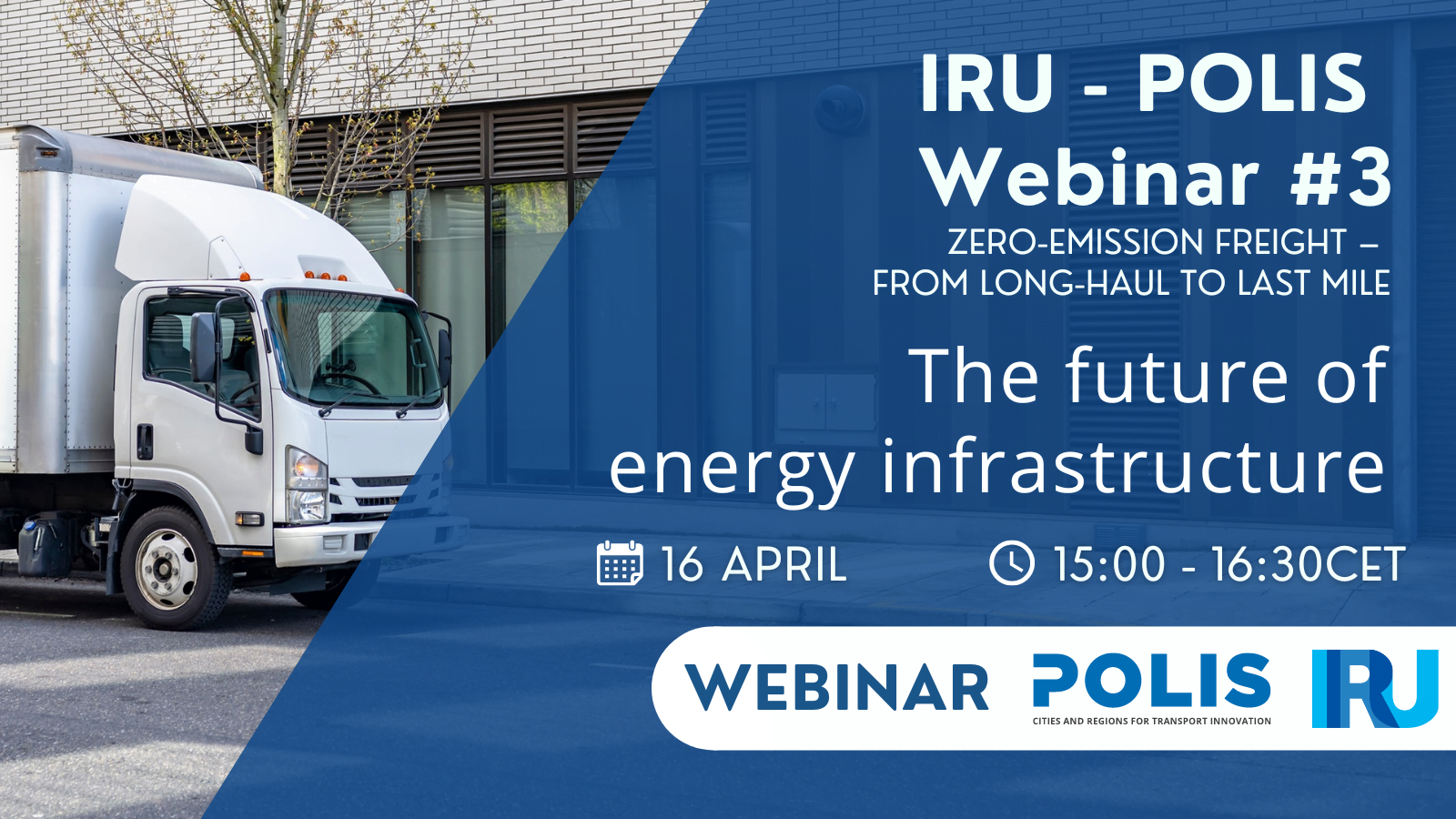
3rd IRU-POLIS Webinar: The future of energy infrastructure

VUB-MOBI Seminar 2024: From electric to autonomous vehicles
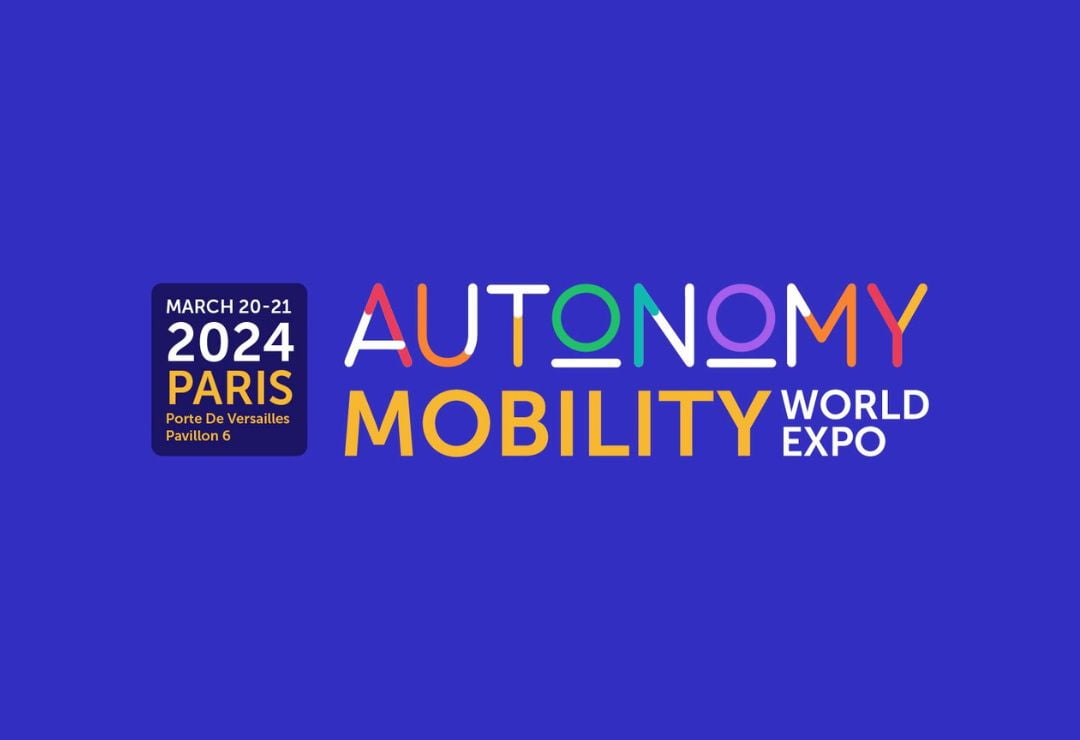
AUTONOMY MOBILITY WORLD EXPO 2024

2nd IRU-POLIS Webinar: Zero-emission logistics in a (peri-)urban environment

SMAPE WEBINAR: It takes three to tango
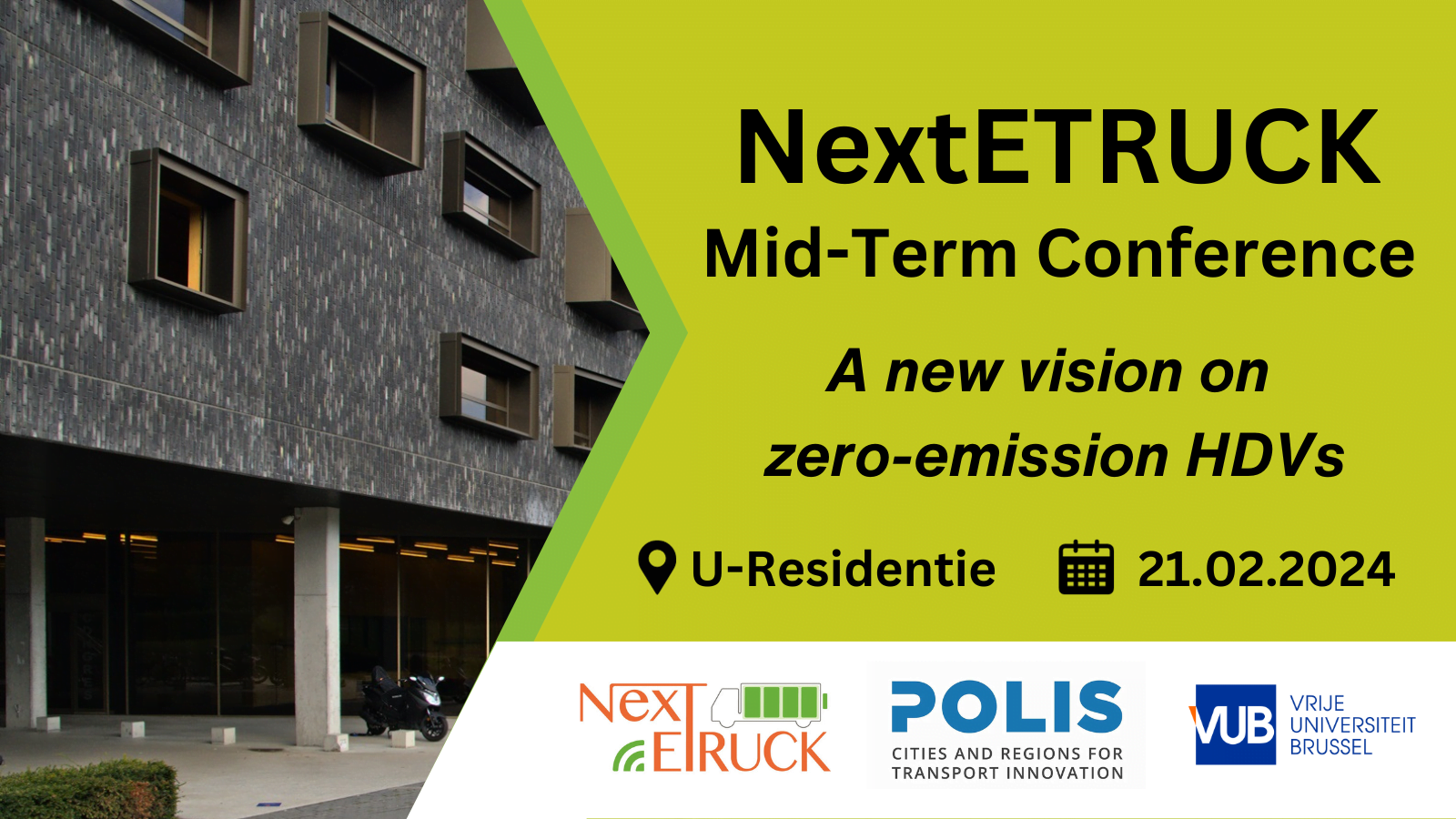
NextETRUCK Mid-term Conference

IRU-POLIS Webinar #1 – Zero-emission freight – from long-haul to last mile

eCharge4Drivers EIG Workshop

Green Living Areas Mission Workshop on territorial cooperation for greener living areas

TAAM Toolbox Webinar

POLIS x EU Regions Week: Future of transport workforce
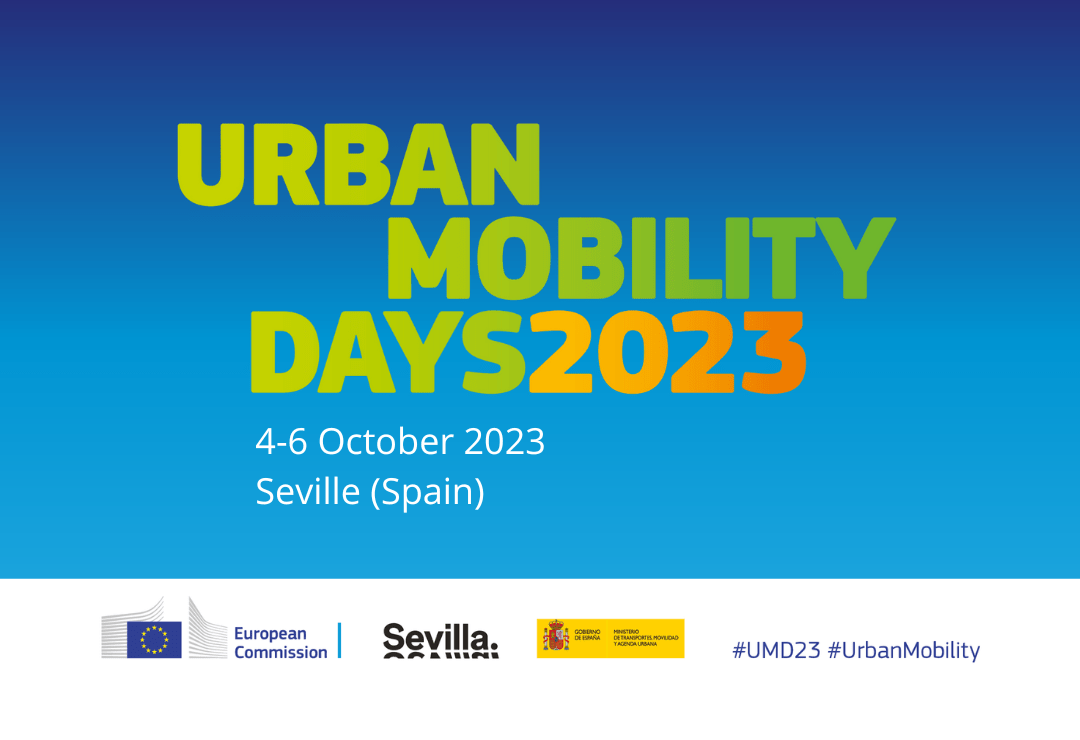
Urban Mobility Days 2023

MobiDataLab Hackathon
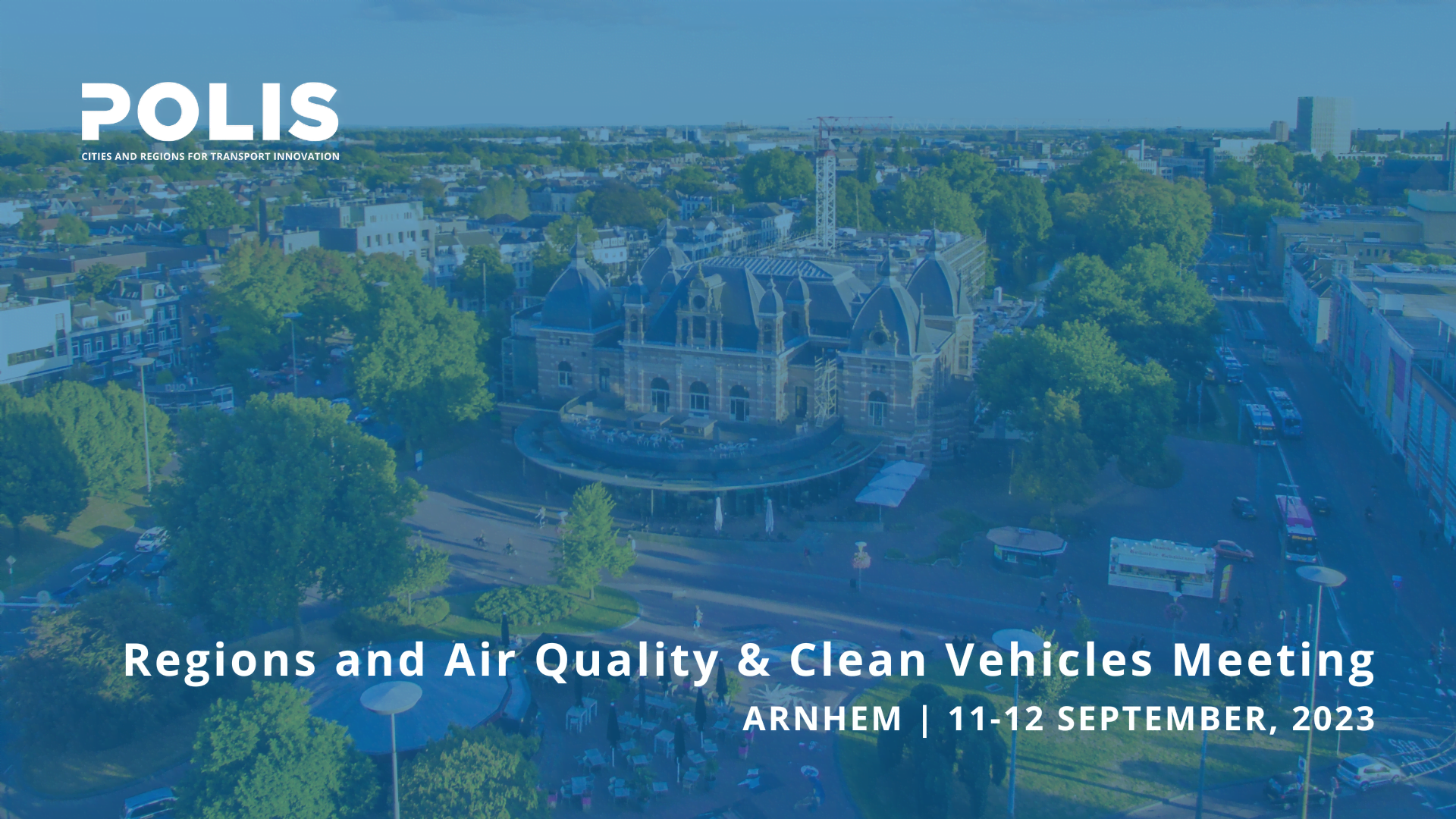
Regions and Clean Vehicles & Air Quality working group meeting

Urban Future 2023

The E-Volution: urban space solutions for passengers and freight
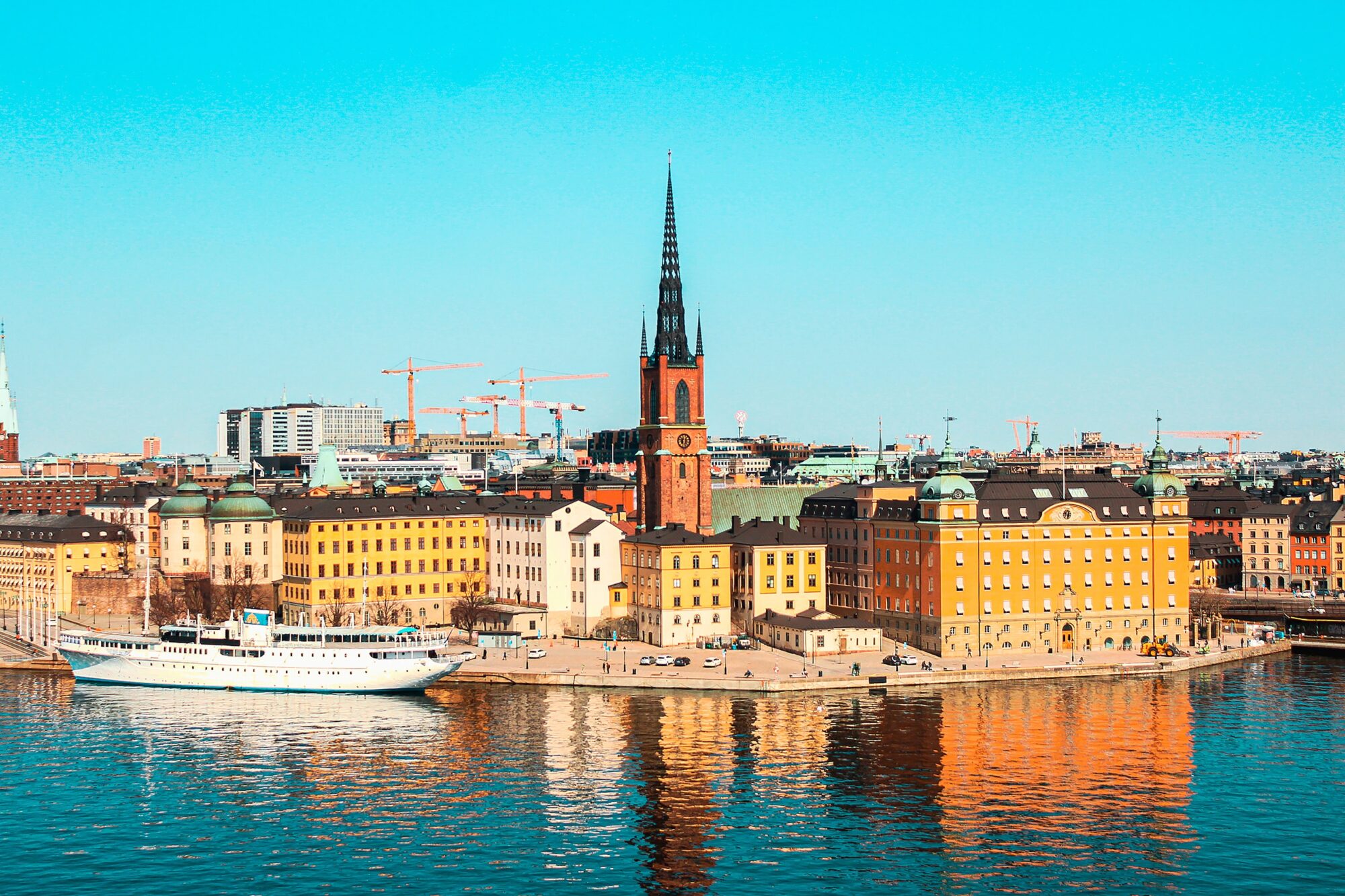
POLIS Leadership Summit: Stockholm
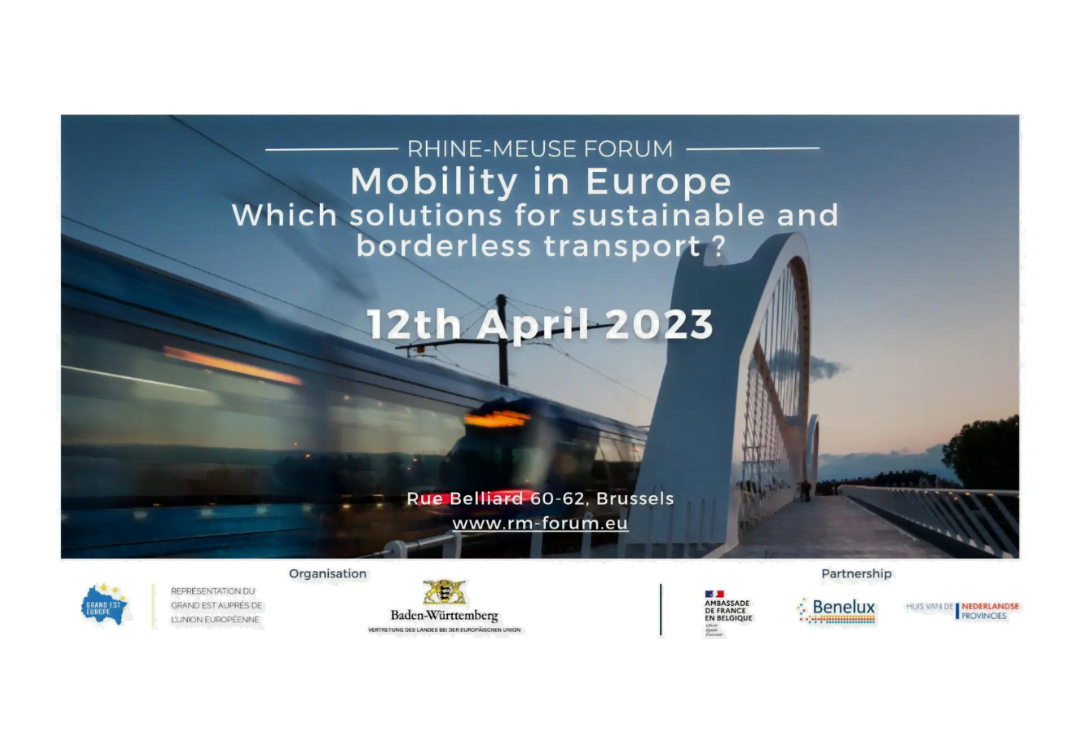
Rhine-Meuse Forum 2023 – Mobility in Europe: Which solutions to a sustainable and borderless transport?

2nd EMR Connect Workshop

LENS 1st Stakeholder Event
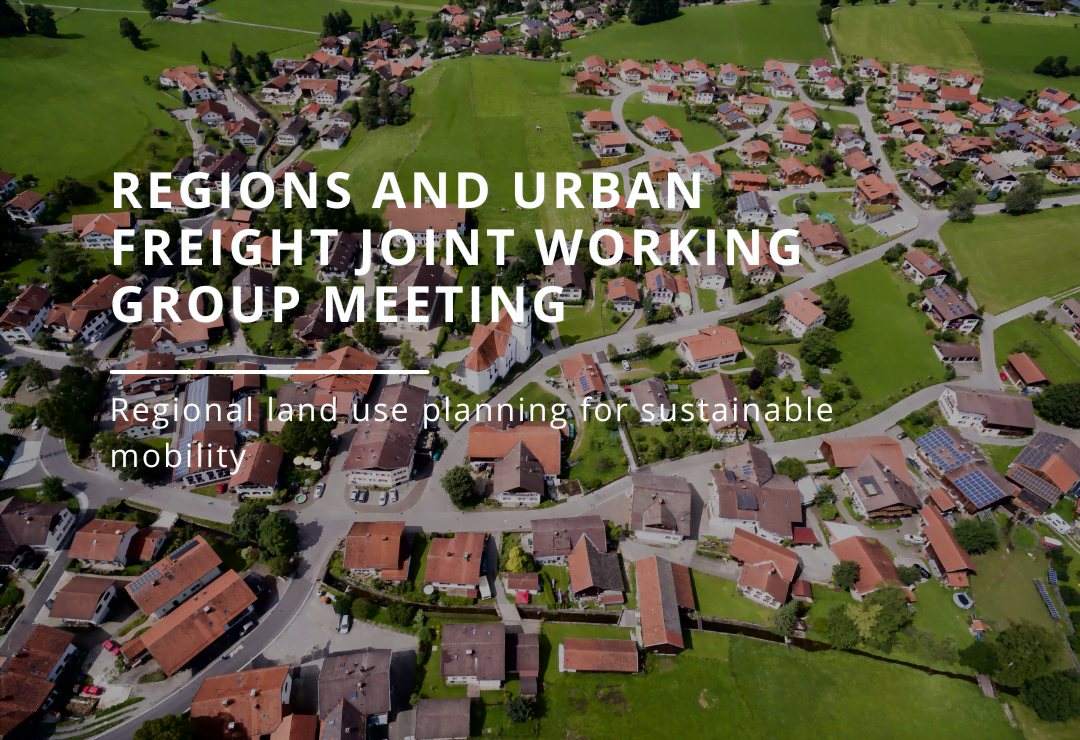
Regions and Urban Freight working group meeting: Regional land use planning
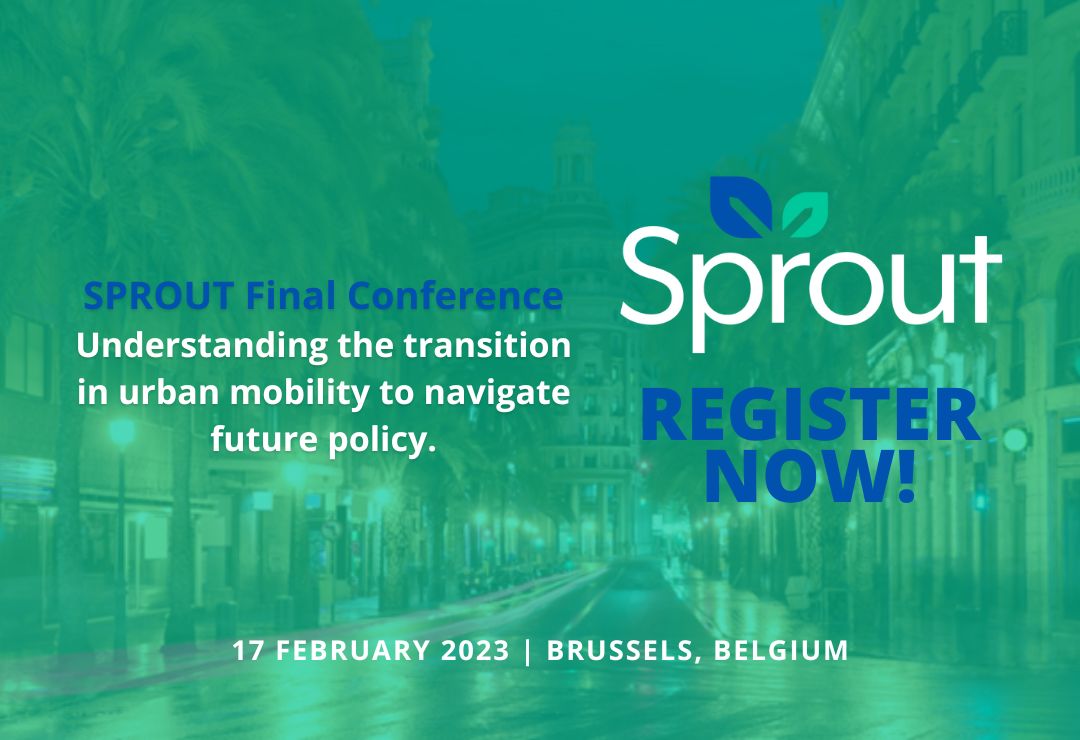
SPROUT Final Conference

LENS 1st Stakeholder Event
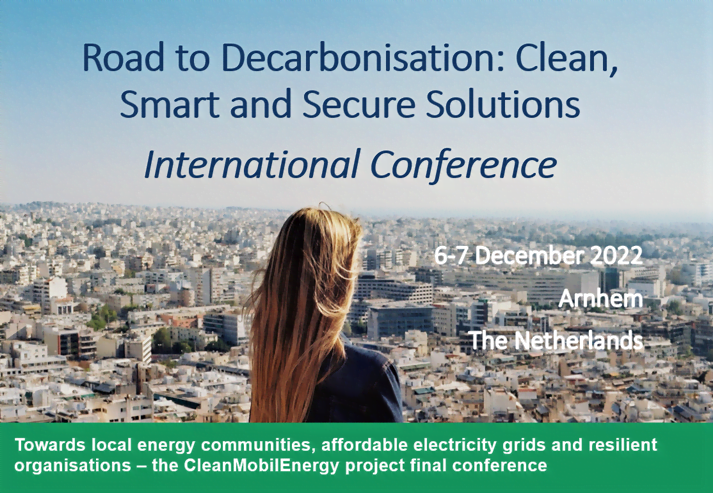
CleanMobilEnergy Final Conference
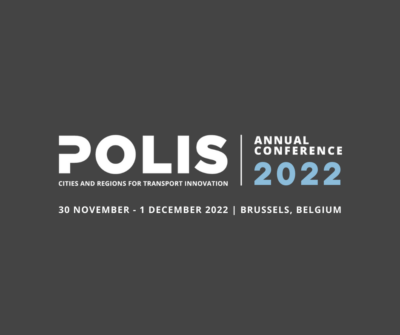
2022 Annual POLIS Conference

e-smartec & MOBI-MIX Joint Final Conference

Tomorrow.Mobility World Congress 2022

Urban Transports Community Final Conference
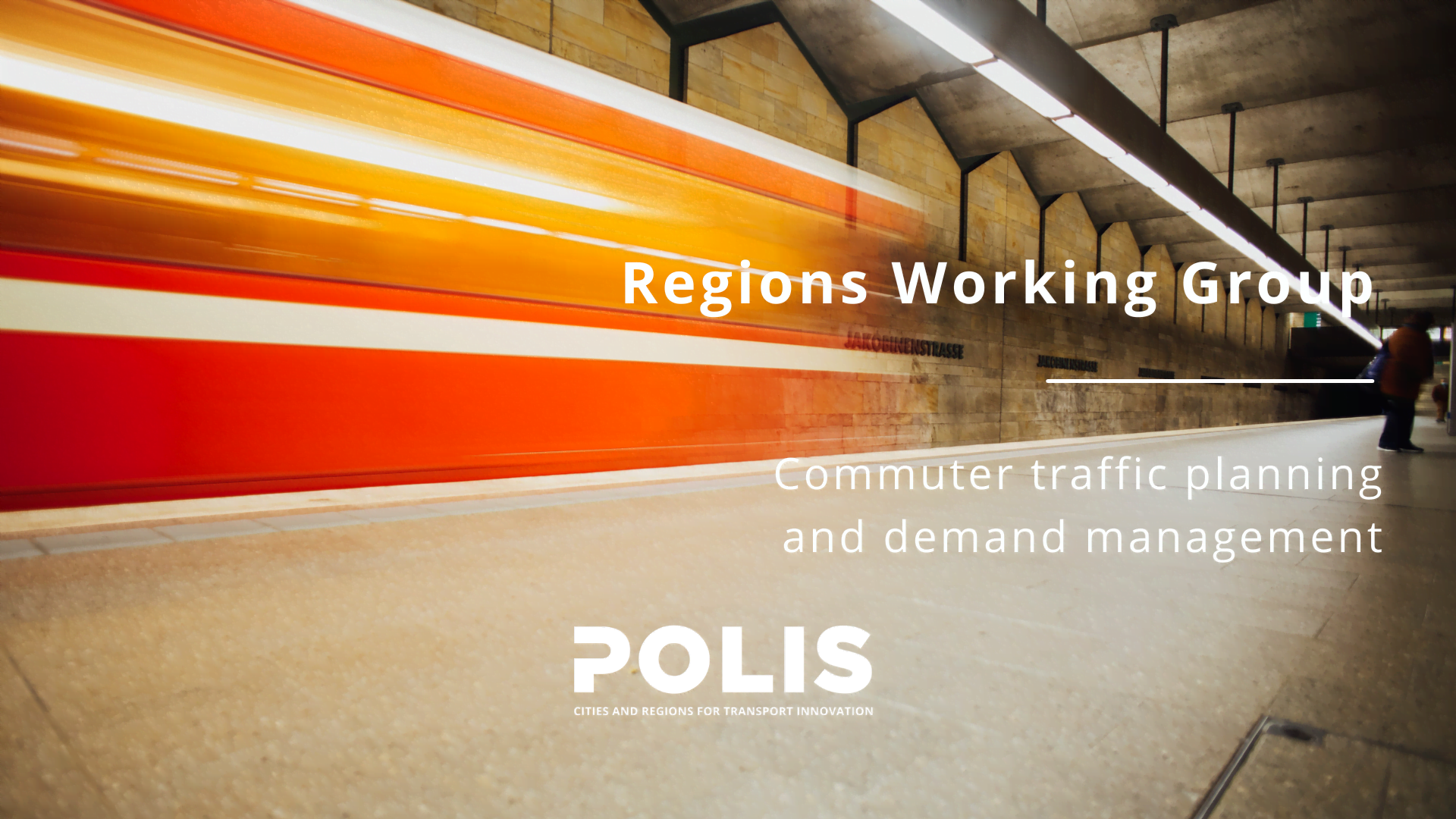
Regions Working Group: Commuter traffic planning and demand management

Urban Mobility Days 2022
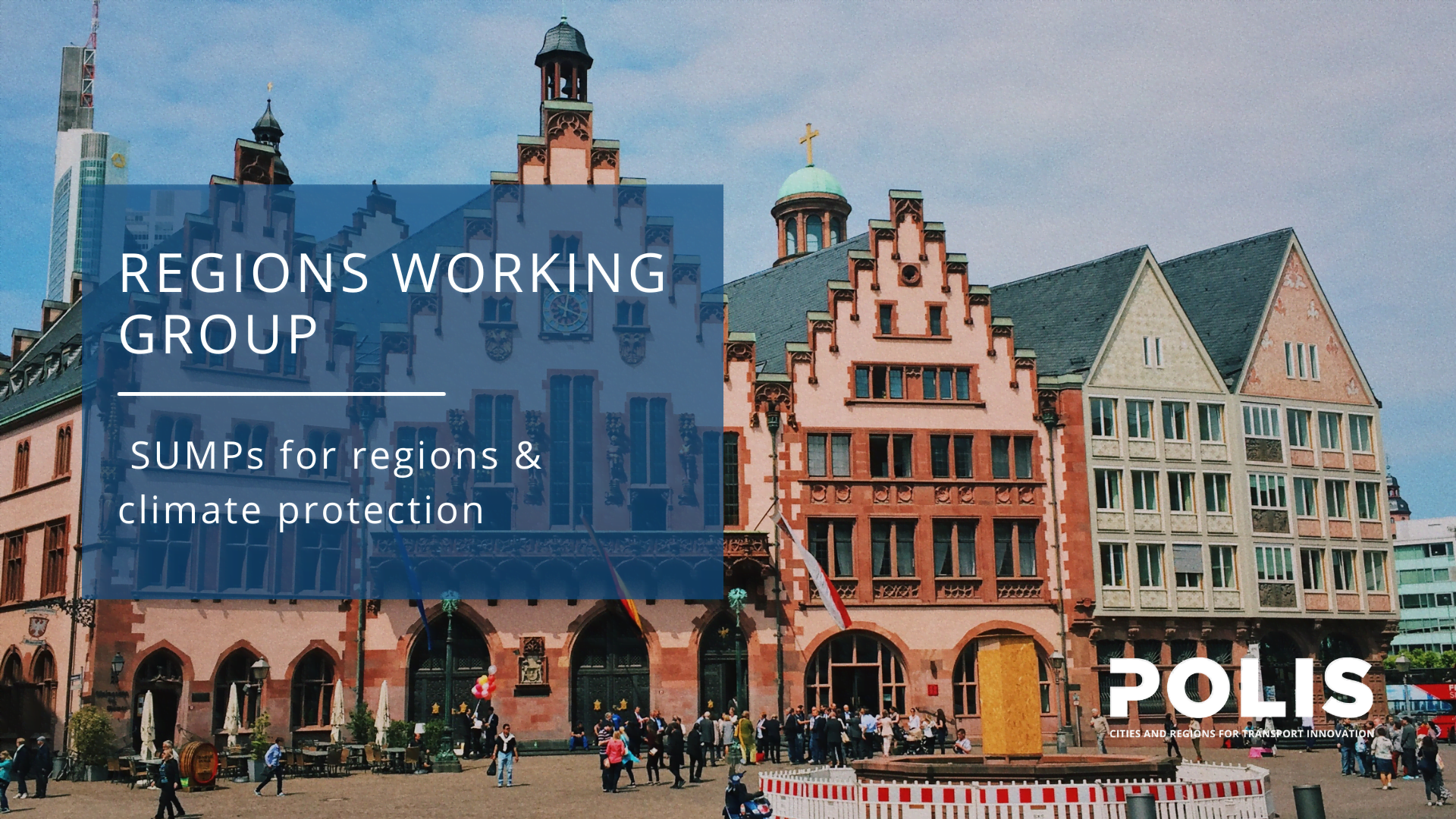
Regions working group meeting: Climate protection and regional SUMPs
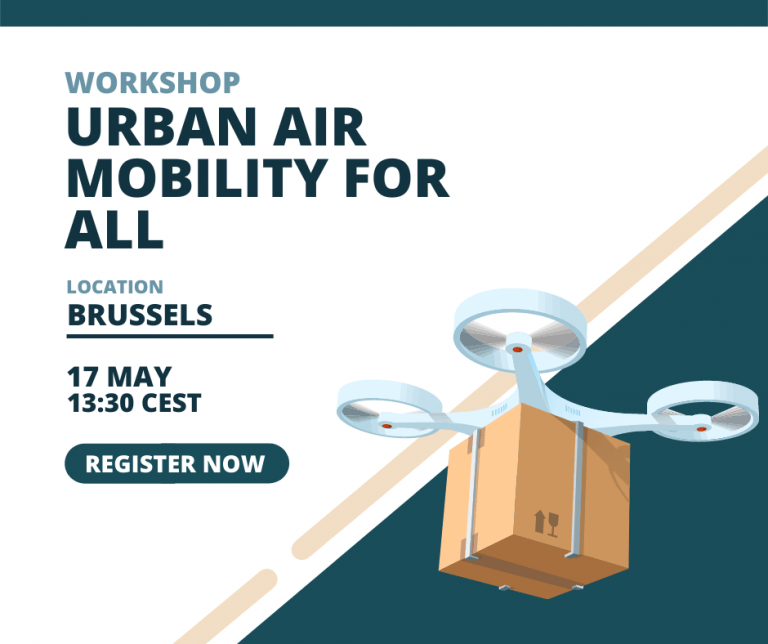
“Urban Air Mobility for All” Stakeholder Workshop

SOLUTIONSPlus Expert Exchange Session “E-bus deployment worldwide”

Cycling Industries Europe (CIE) Summit 2022

Sustainable mobility solutions for a greener Mediterranean workshop

Nordic Edge Expo 2022
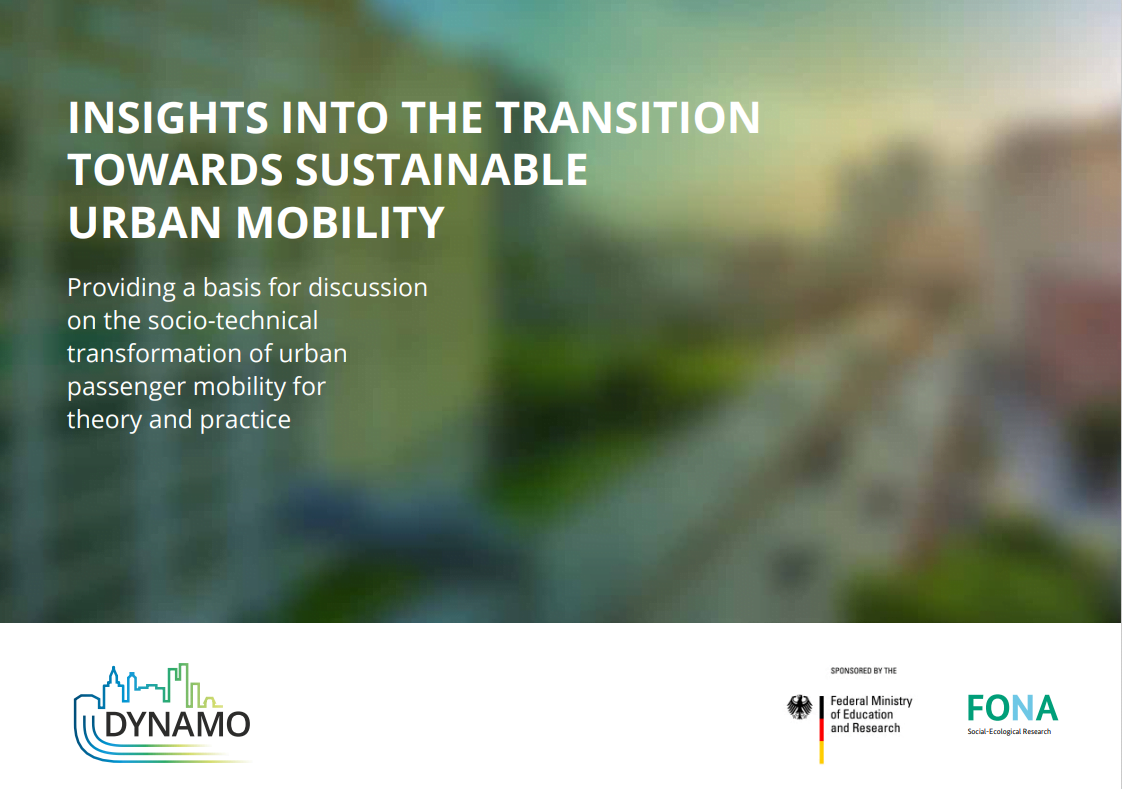
DynaMo Launch Event: Presentation of insights

Go Mobility by MUBIL Tradeshow
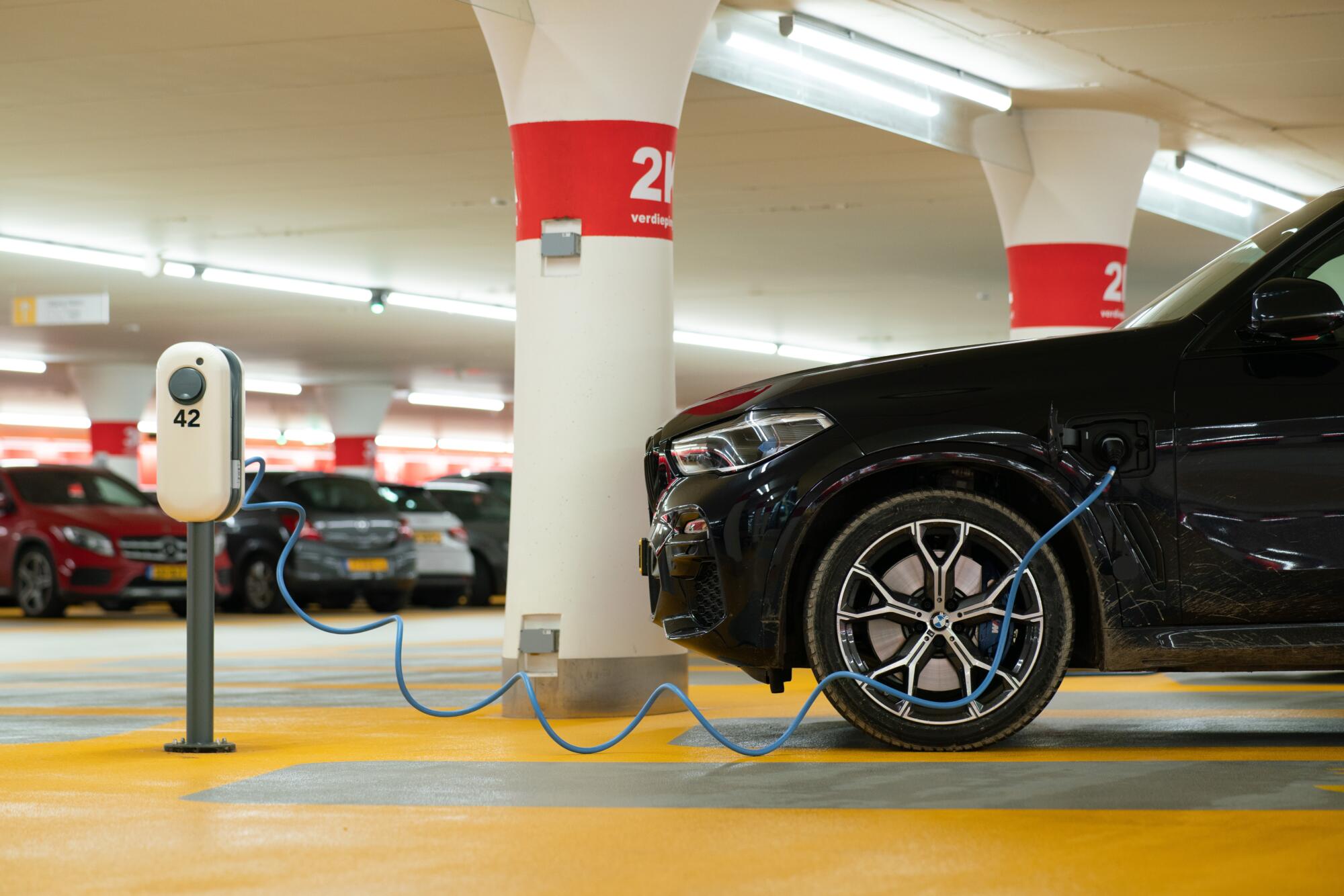
Hydrogen and reFuels as drivers towards climate neutrality – What framework conditions are needed at the European level?

MORE to hold four online sessions to discuss the present and the future of our streets
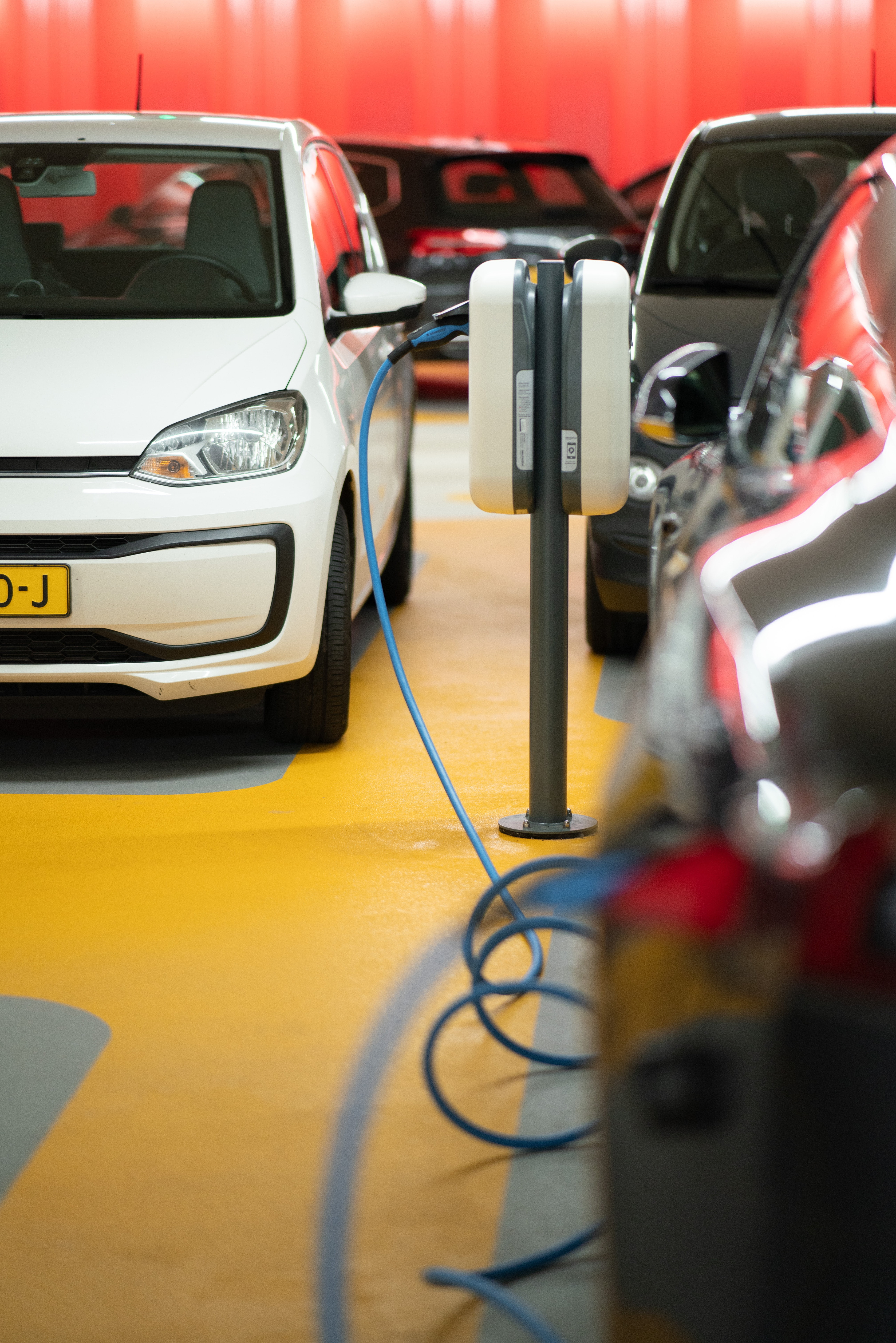
CleanMobilEnergy Digital Seminar series: The iEMS
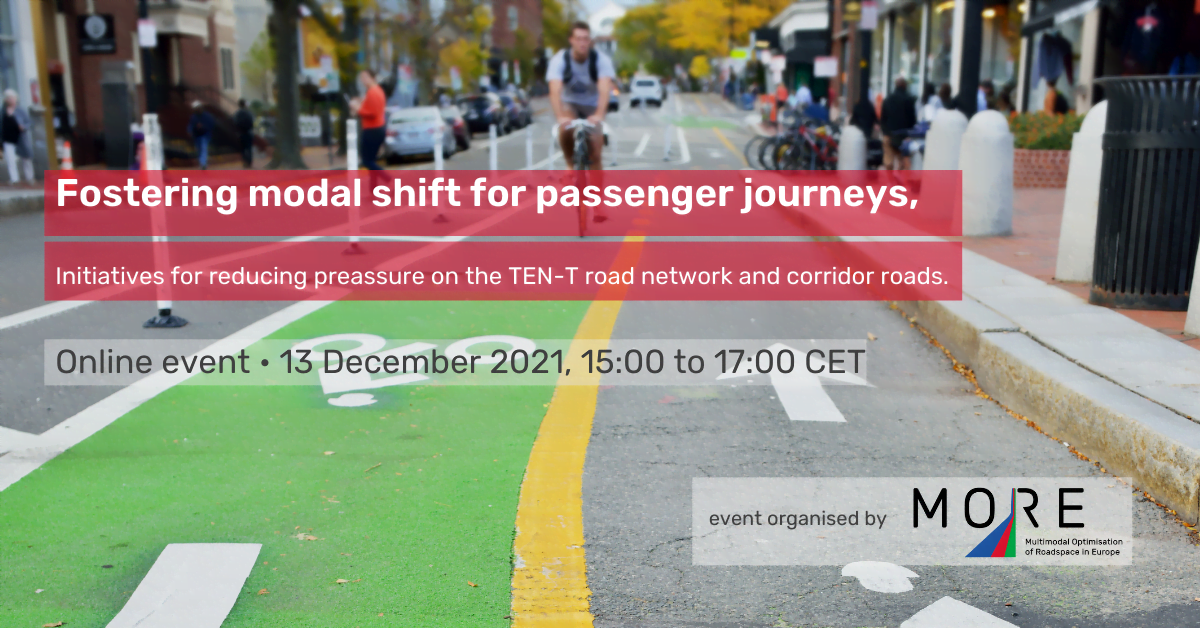
MORE 5th TEN-T Network workshop!
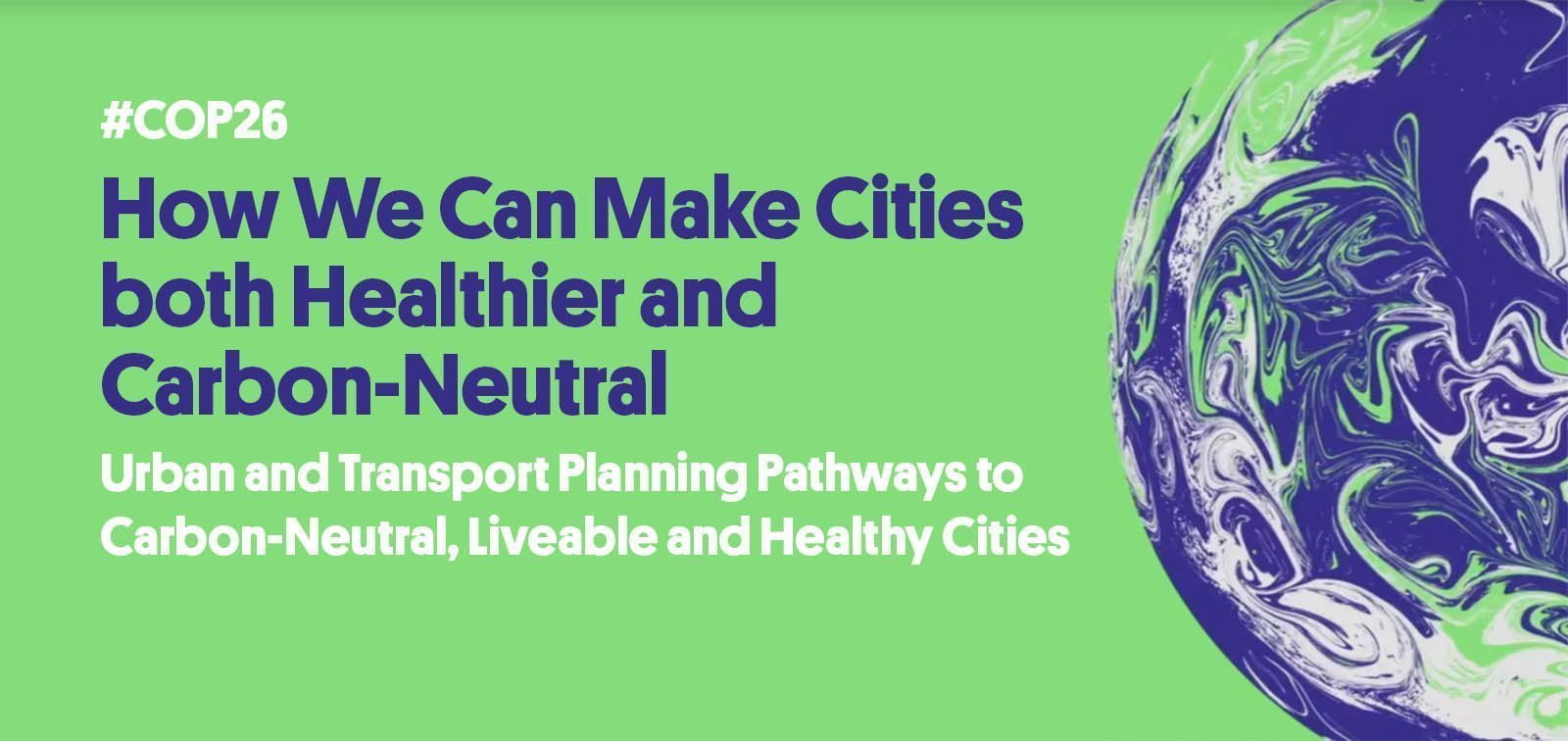
COP26 Side event: How We Can Make Cities both Healthier and Carbon-Neutral

MOVE 2021 Conference: Mobility Re-Imagined
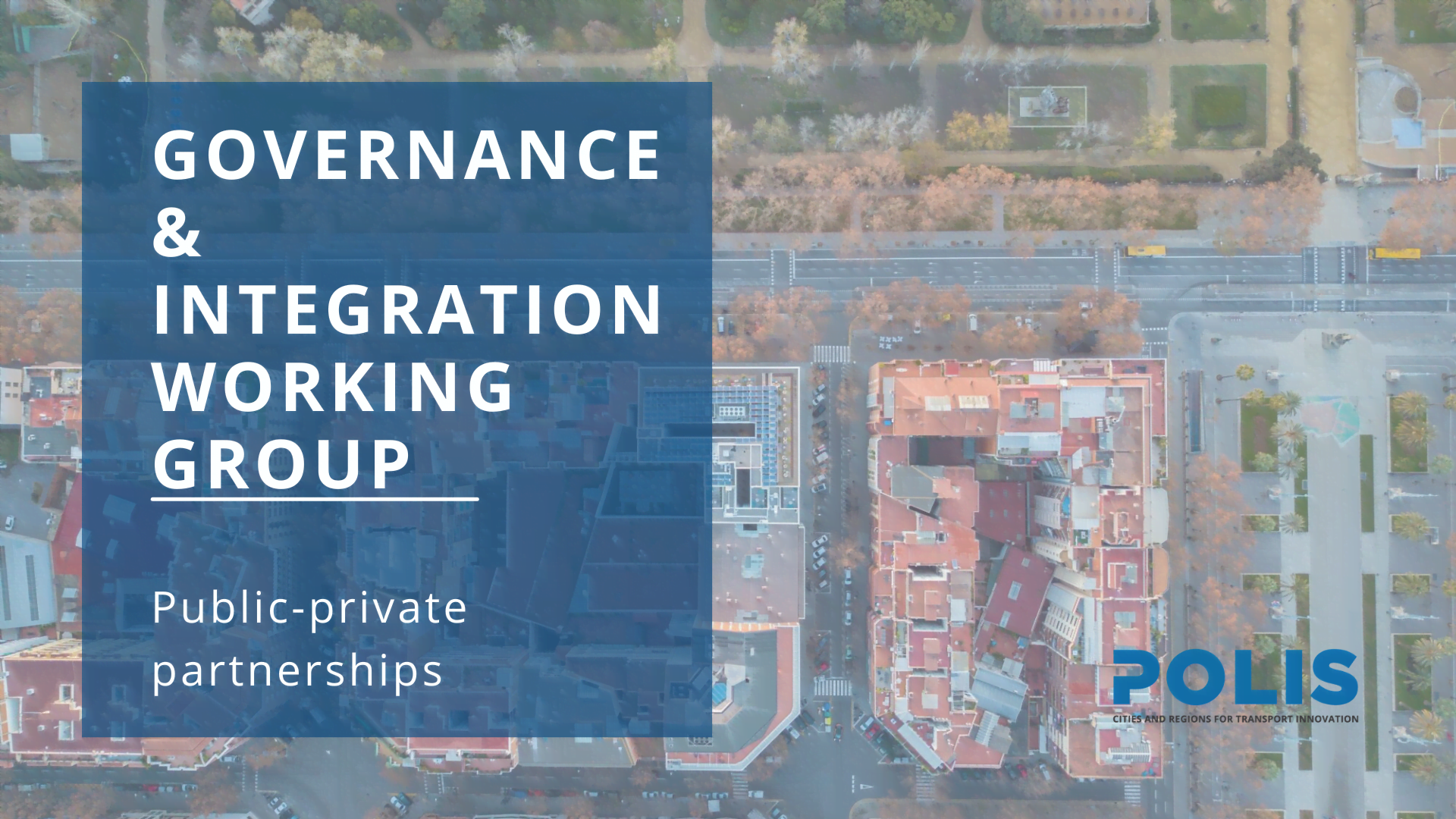
Governance and Integration Working Group meeting: Public Private Partnerships
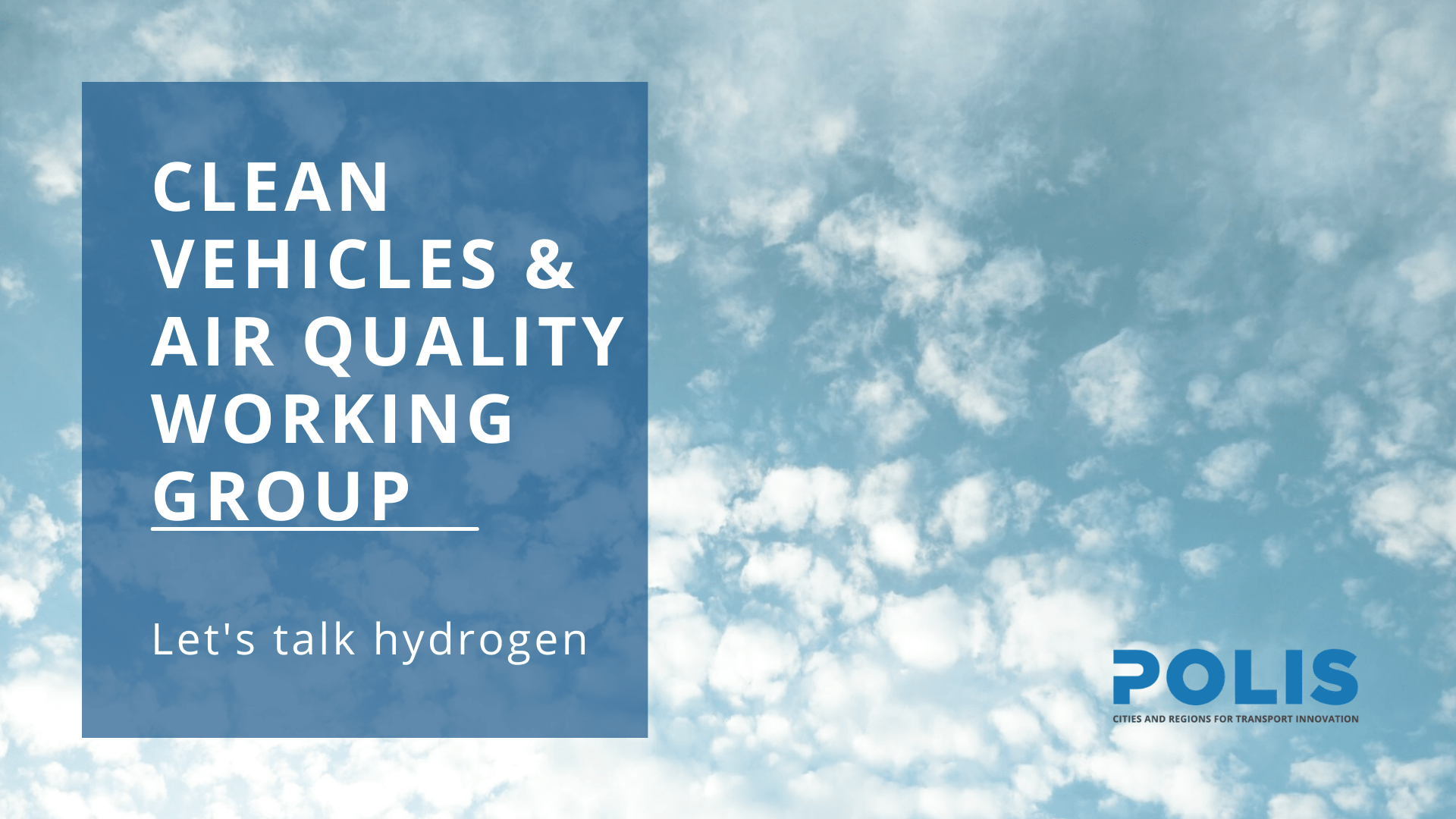
Clean Vehicles & Air Quality Working Group meeting: Let’s talk hydrogen

Urban Greenup Webinar: Green Parklets
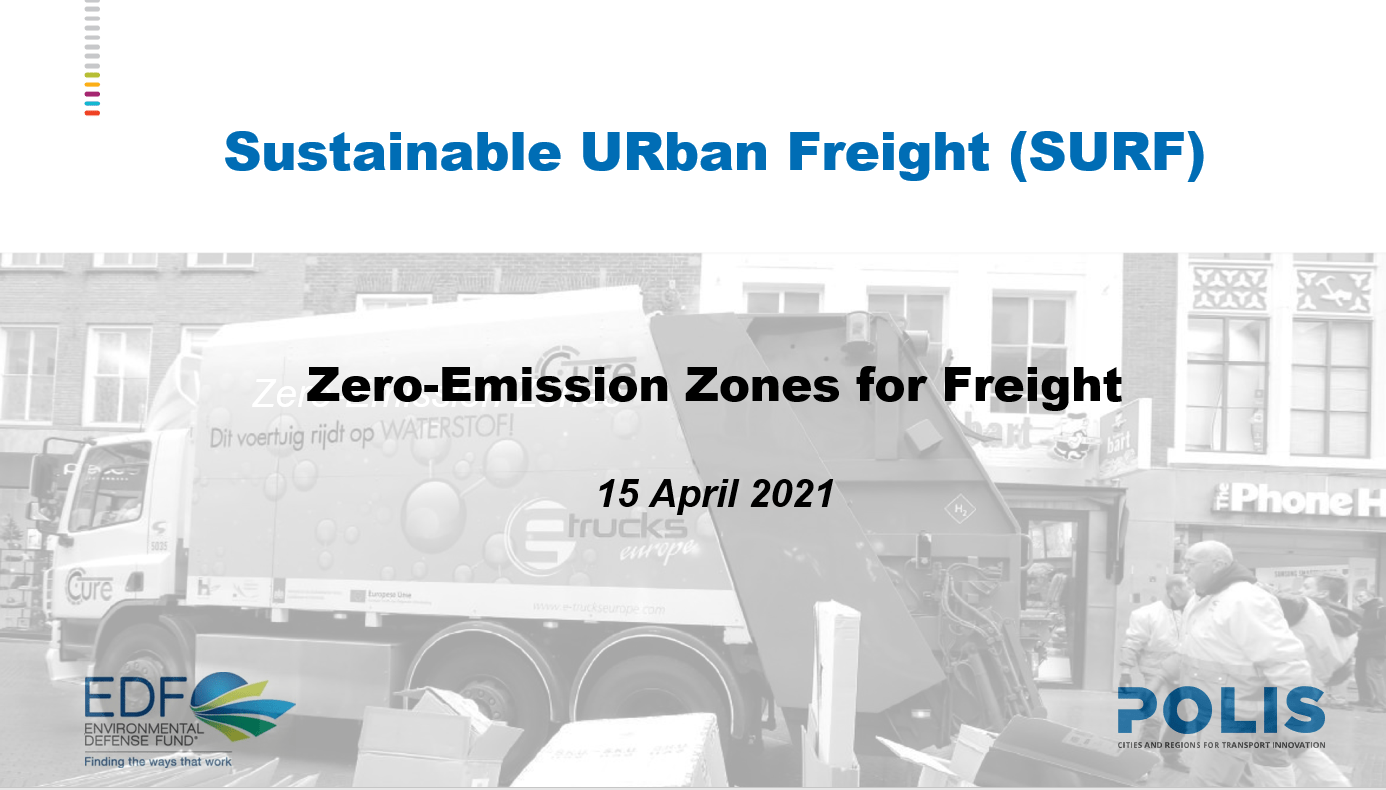
Launch event of SURF, the new project on Sustainable URban Freight

WEBINAR | INLAND PORTS BOOSTING THE GREEN AND CIRCULAR MOBILITY TRANSITION
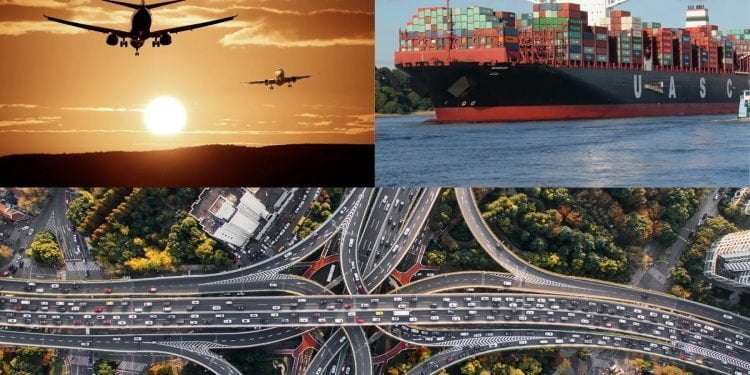
Sustainable mobility: Powering climate action event

Mobilising Mobility: MaaS – crossing (modal) borders

Mobilising Mobility: The role of local authorities in energy systems for e-mobility

Mobilising Mobility: Managing uncertainty when dealing with the Future of Mobility

Past, present and future of the Interreg MED Programme and of the Governance in the Mediterranean

Web-events on Zero Emission Zones for freight delivery

Covenant of Mayors Ceremony and European Climate Pact announcement event
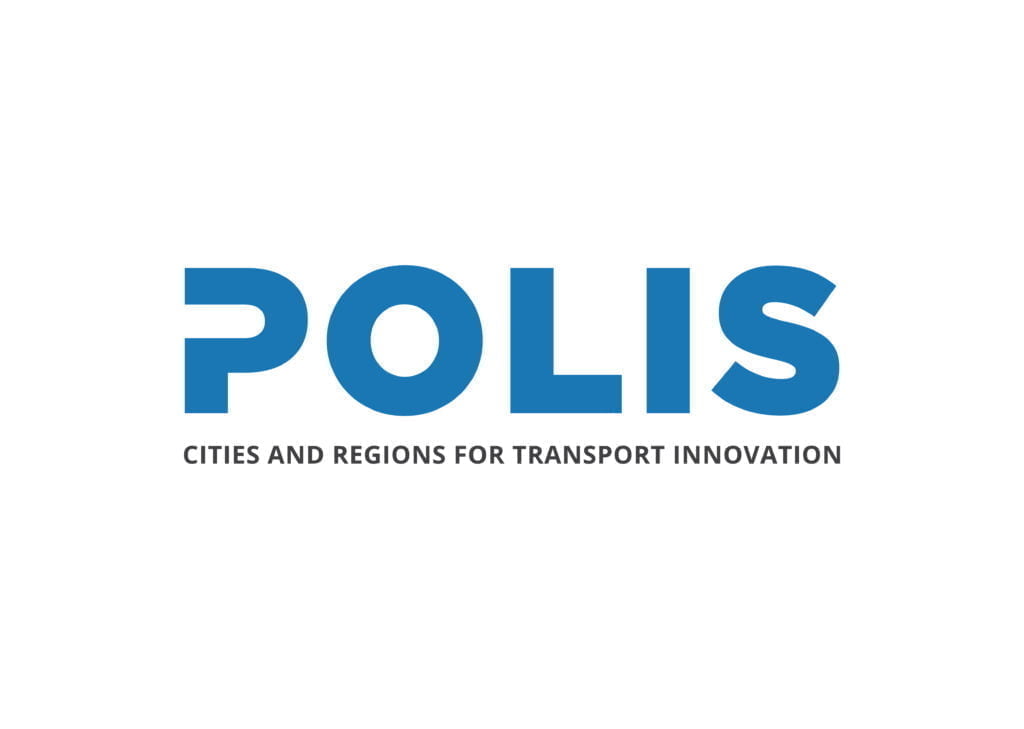
Polis Working Group meeting – Clean Vehicles & Air Quality

COP25 Workshop “Mobility and climate change: The integrated approach of cities”

Making Climate Services a Reality in Europe 2019
UEMI workshop: Safe and low-carbon urban mobility in action
CLINSH mid-term conference in Brussels
SUM Bilbao 2019 – Sustainable Urban Mobility Congress

SOLUTIONSplus policy brief on Electromobility and Road Safety

Cities in motion – Volume IV: ‘Pathways for Progress’
POLIS Manifesto for the 2024 European Elections
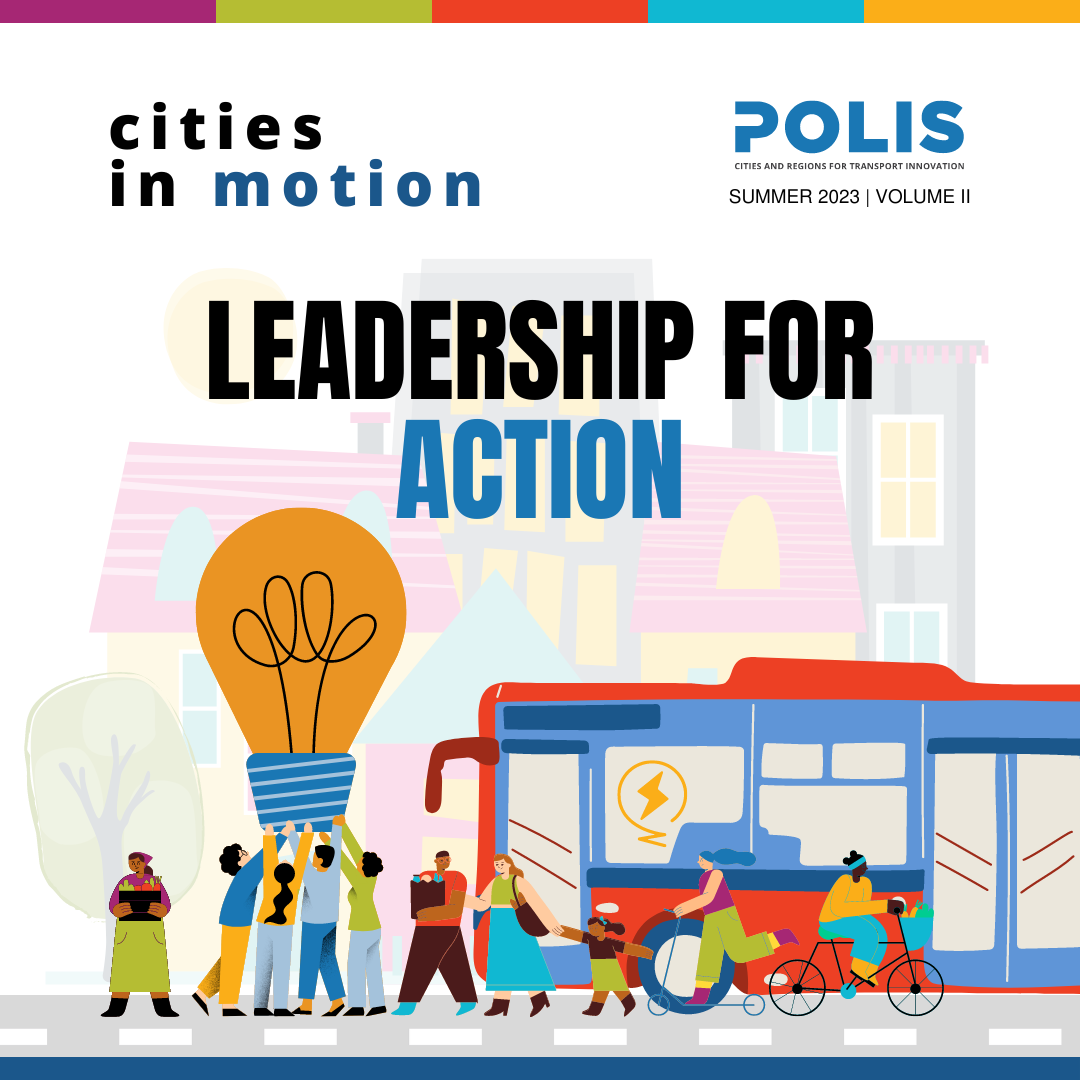
Cities in motion – Volume II: ‘Leadership for action’
MOBI-MIX guide – Shared mobility, mobility hubs and MaaS: From vision to implementation
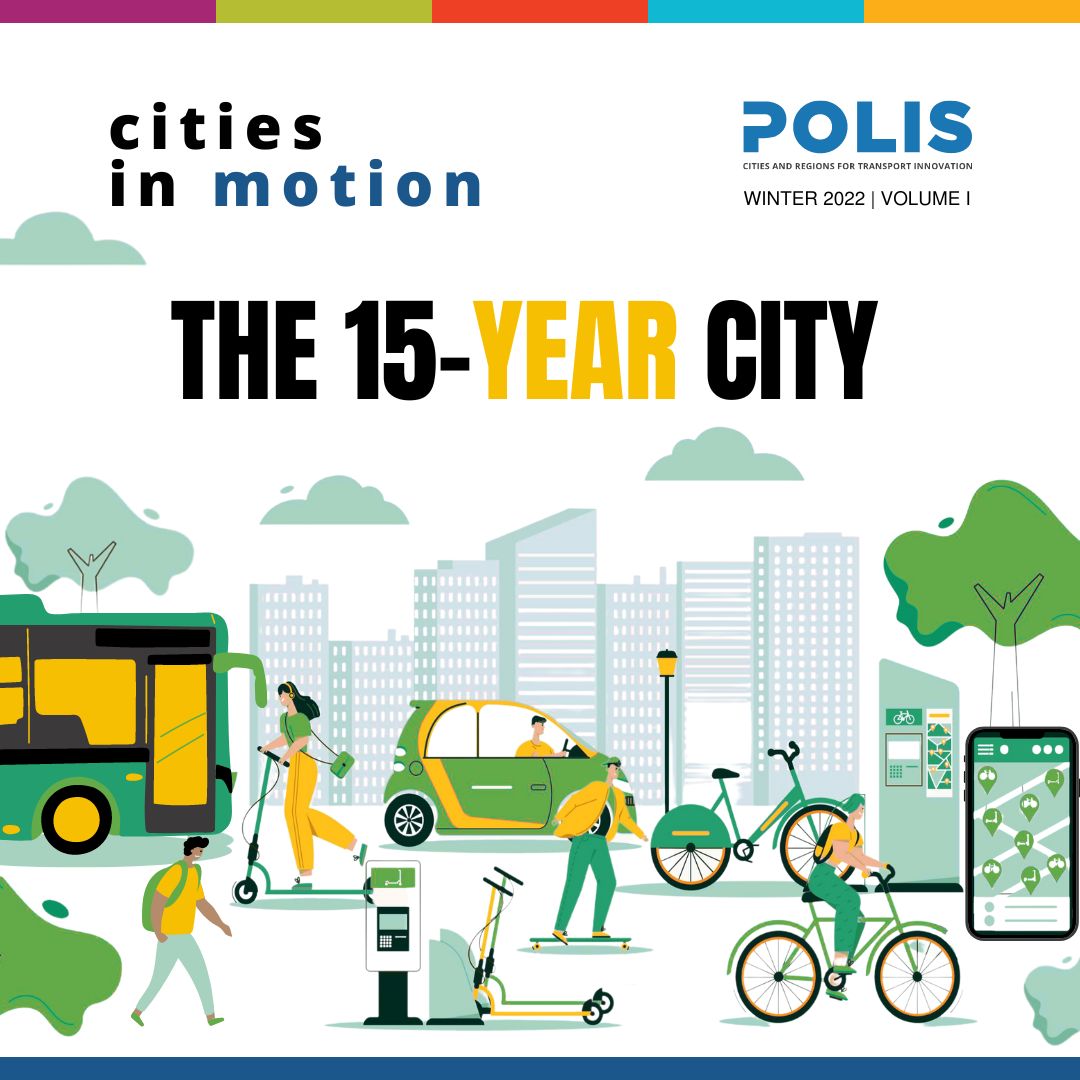
Cities in motion – Volume I: ‘The 15-year city’
European Green Deal: clean bus ambitions
Workshop COP25 – “Mobility and Climate Change: the integrated approach of cities” – Agenda
Climate Services Conference – Agenda
ECMF Statement toward decarbonisation of transport
Thinking Cities #5

ELABORATOR
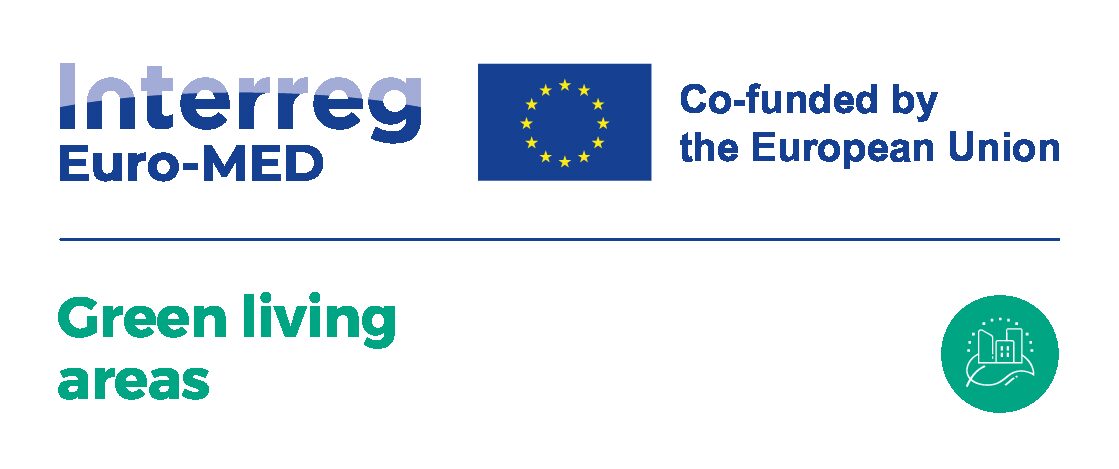
Green Living Areas

ICT-Emissions

